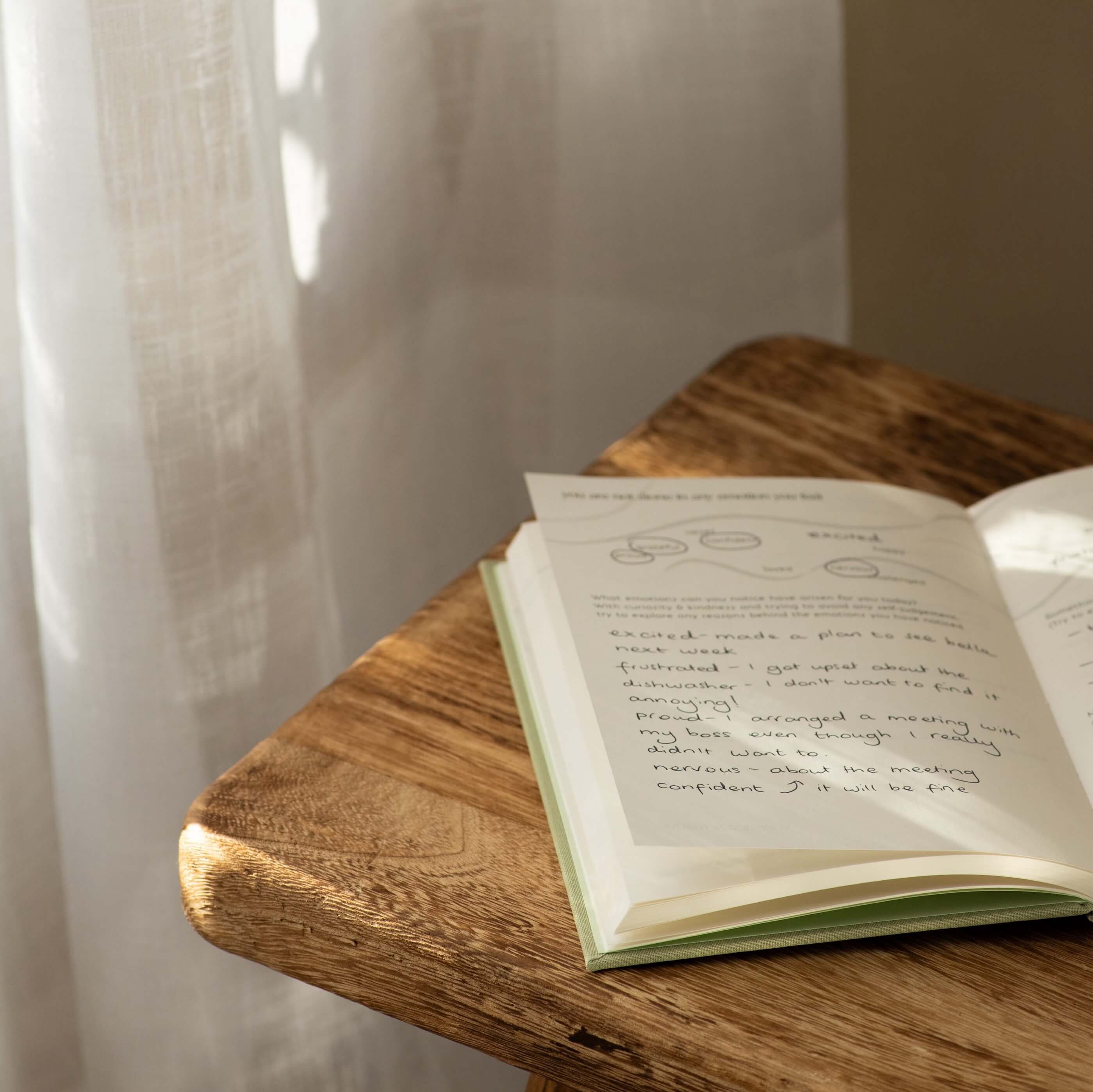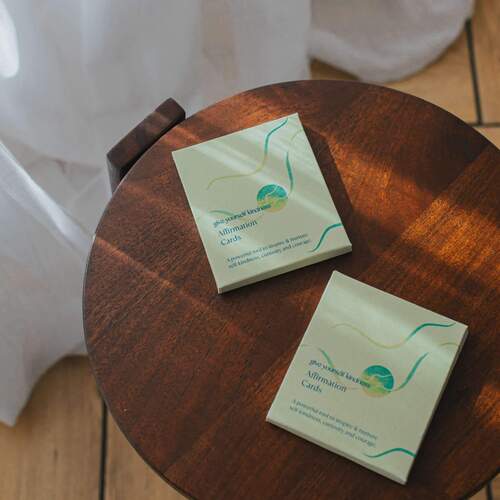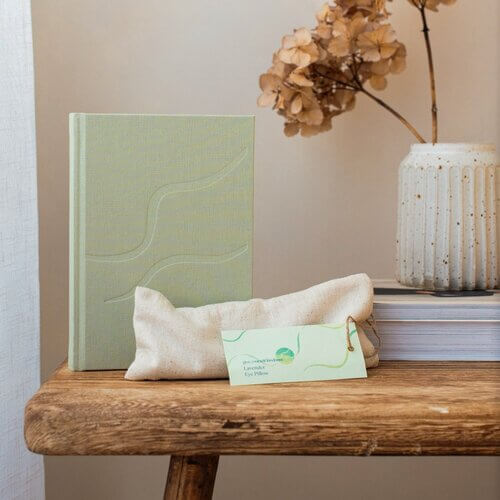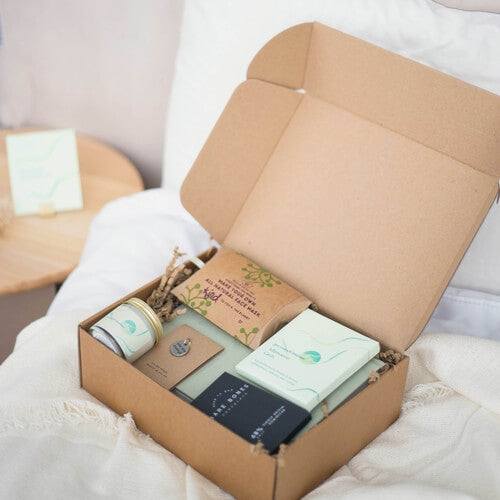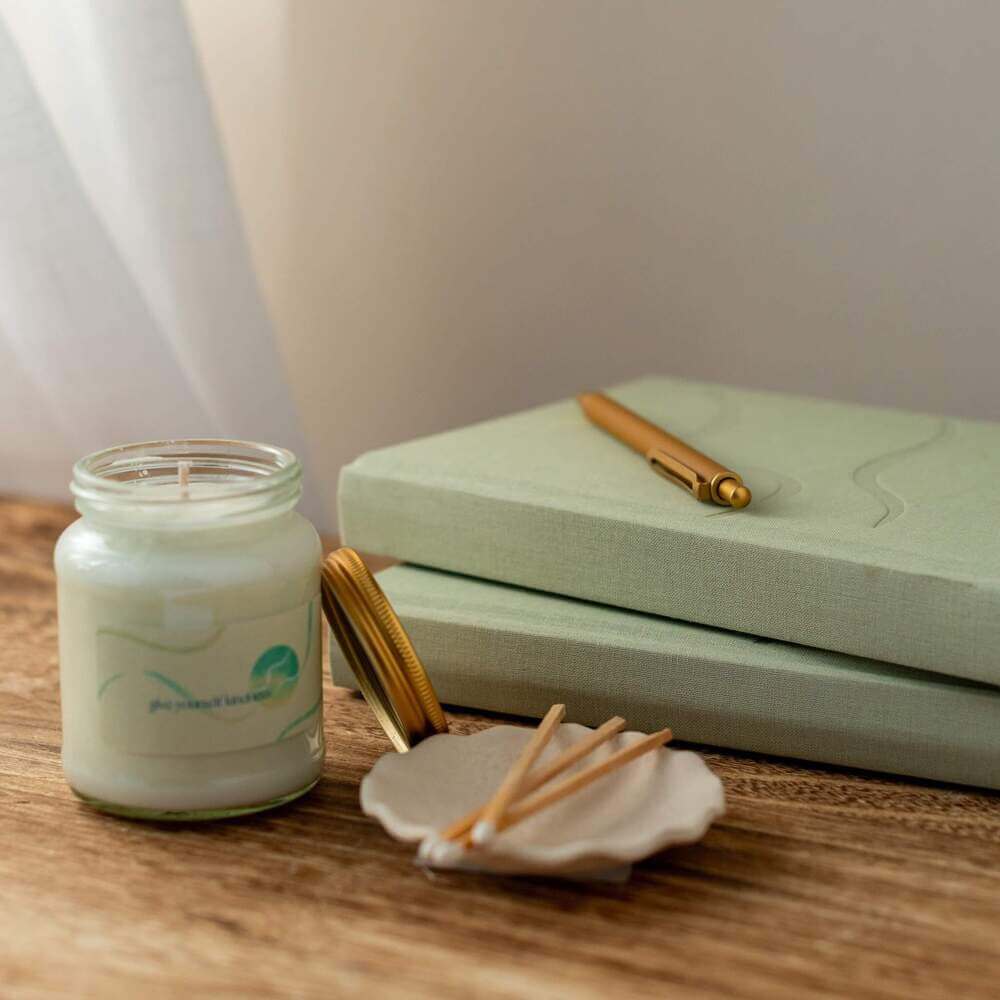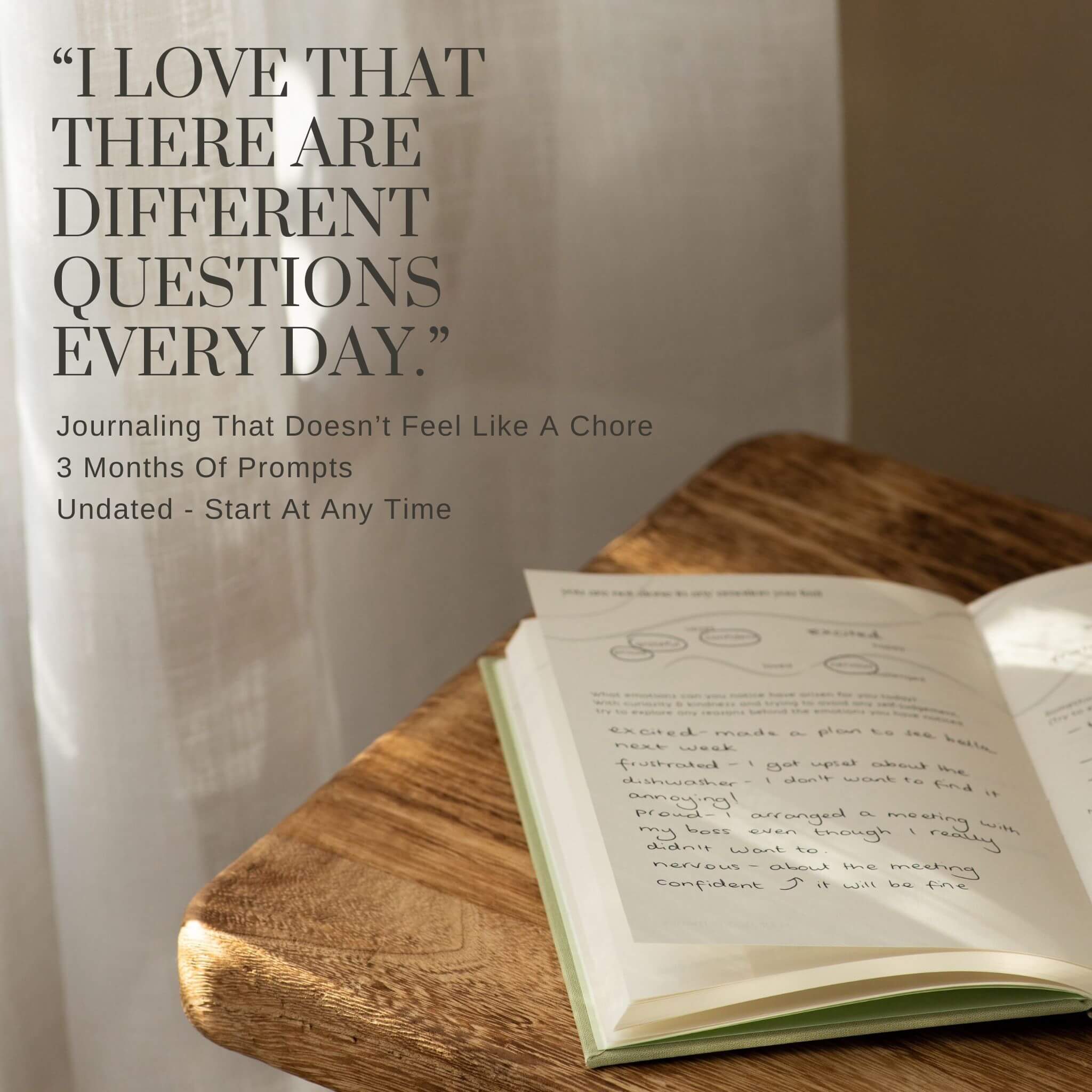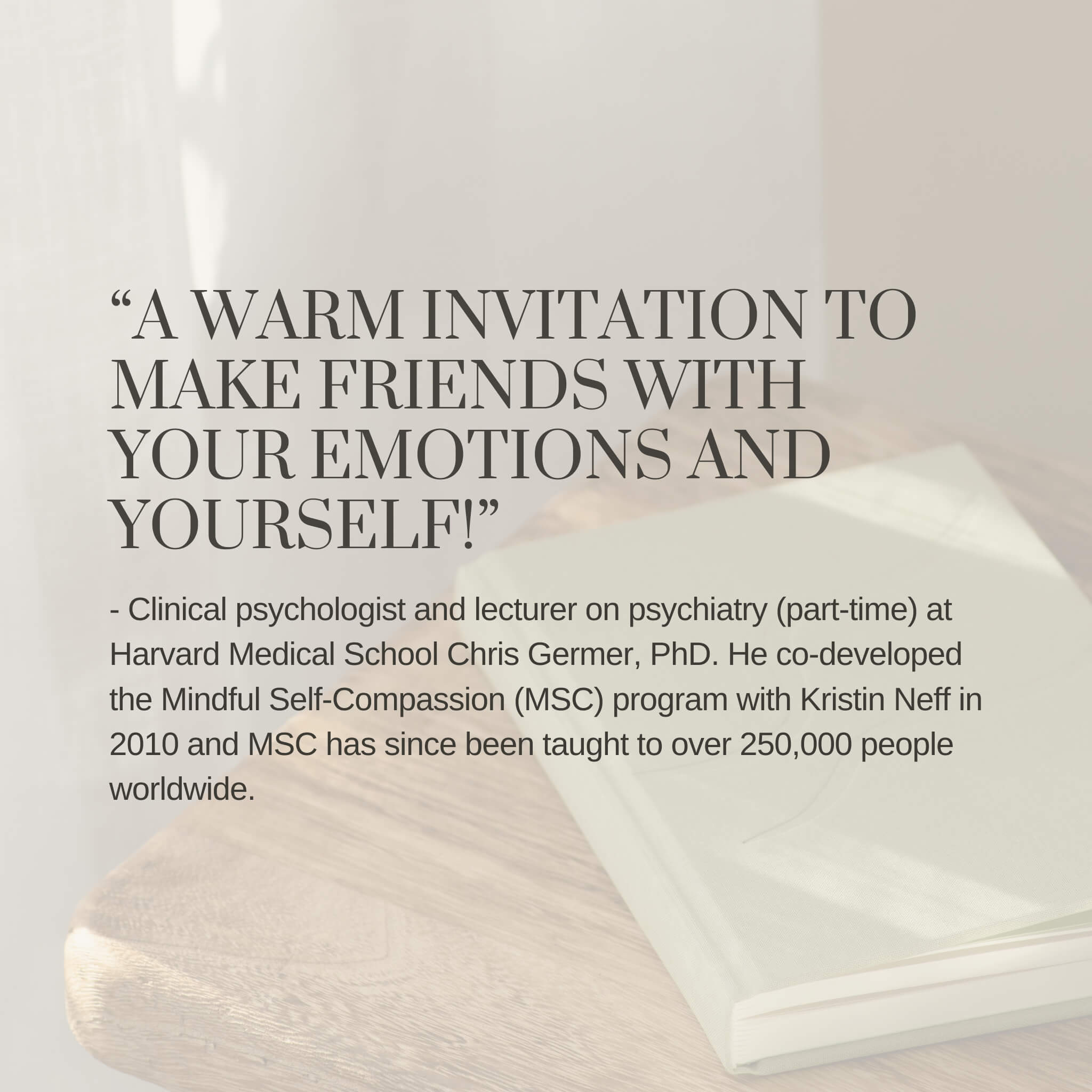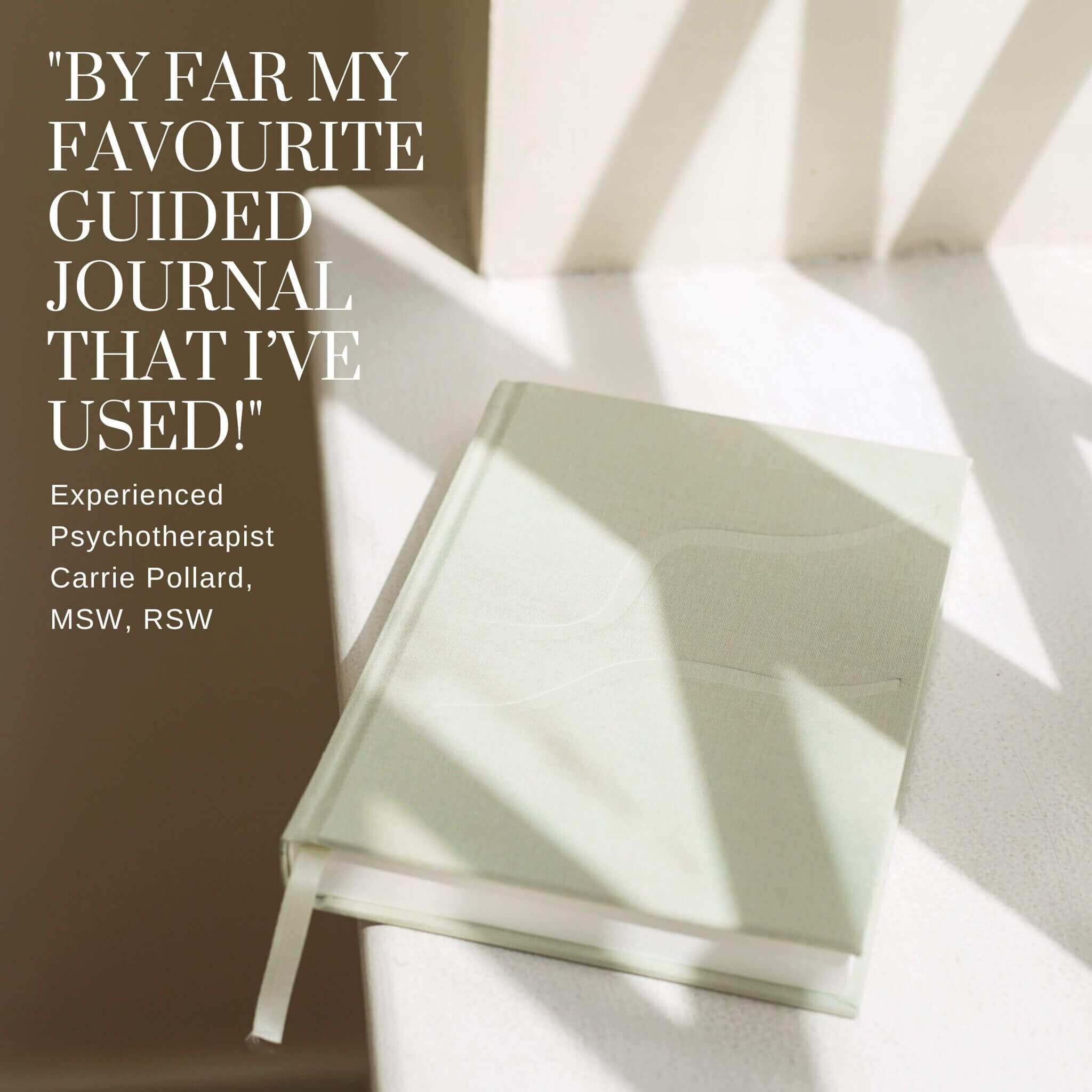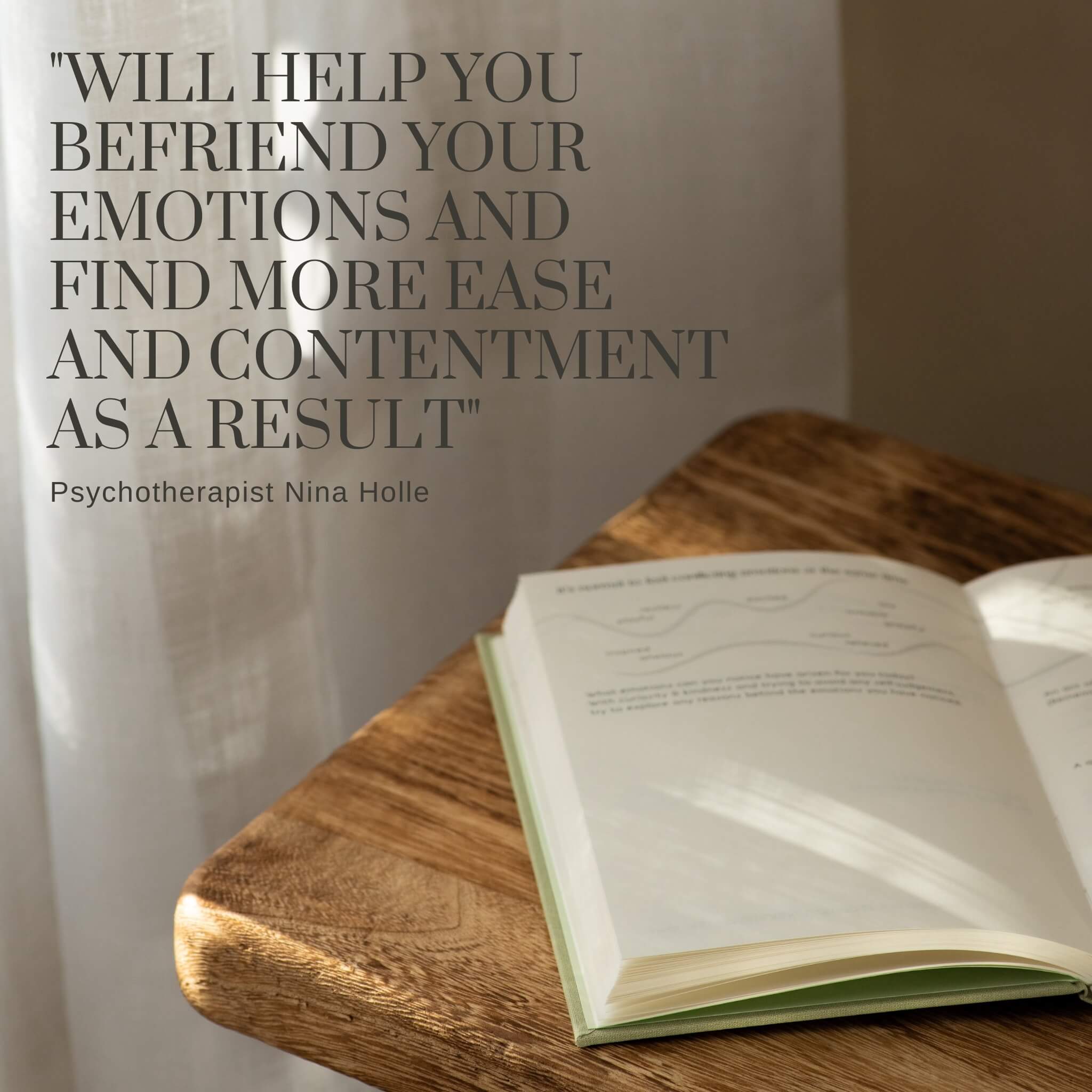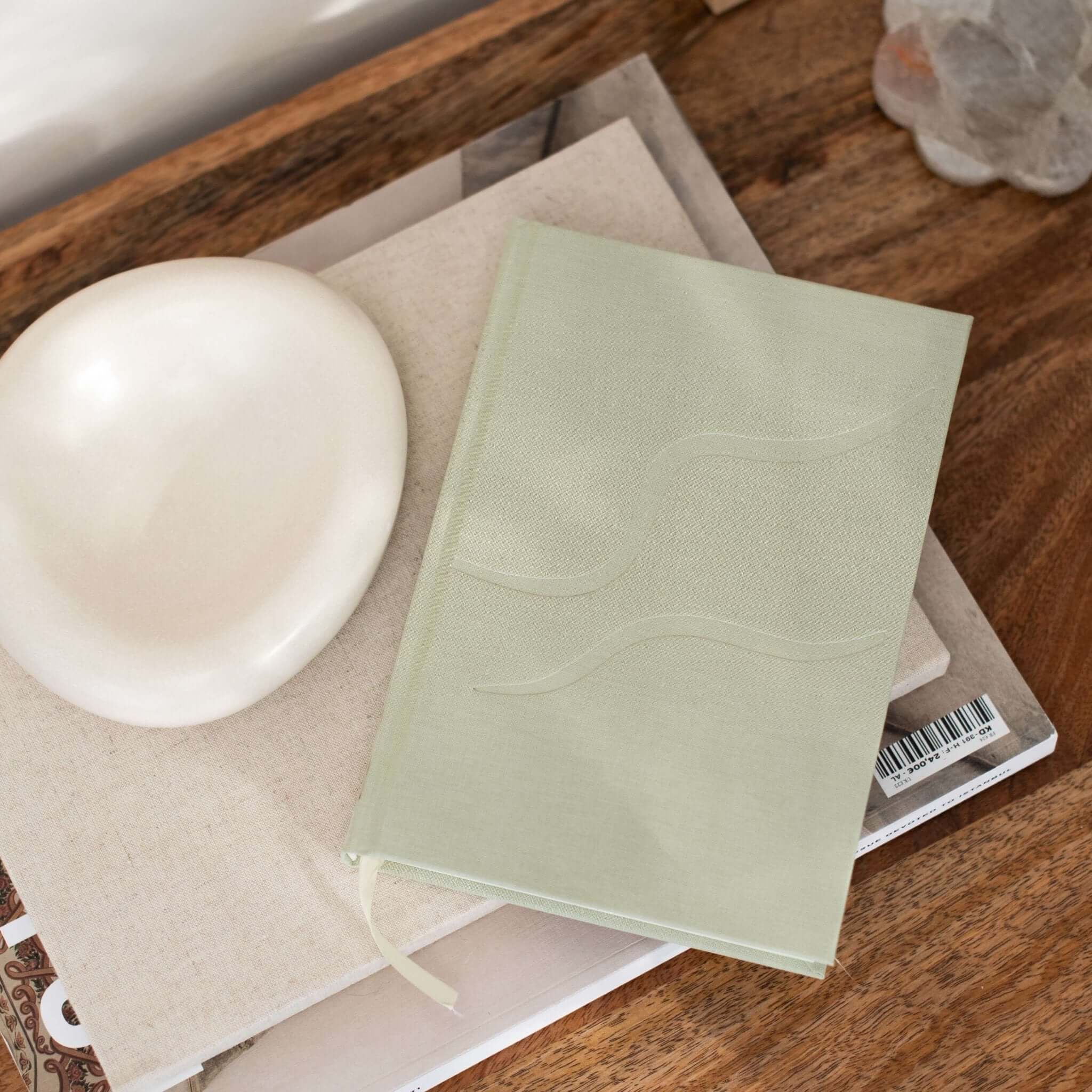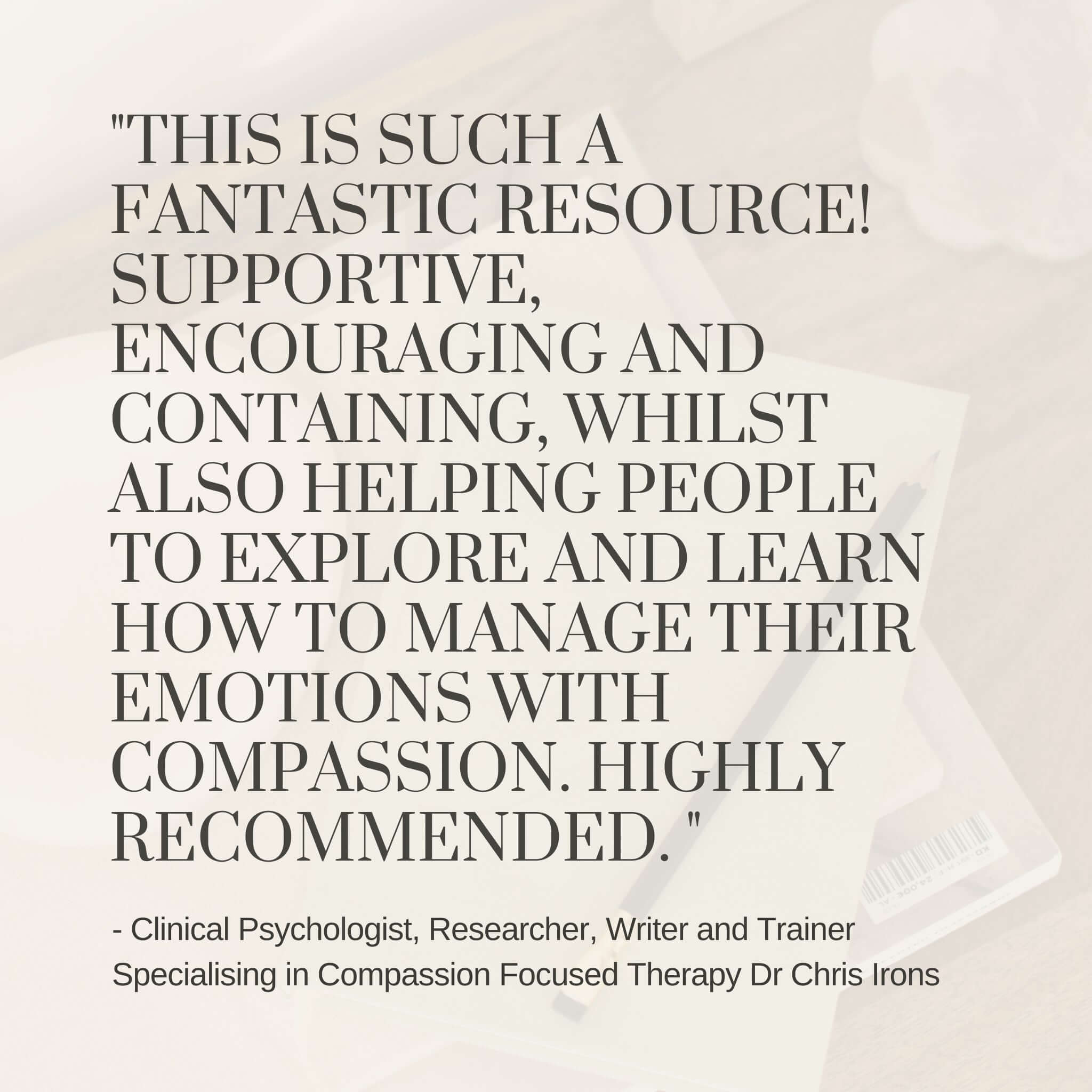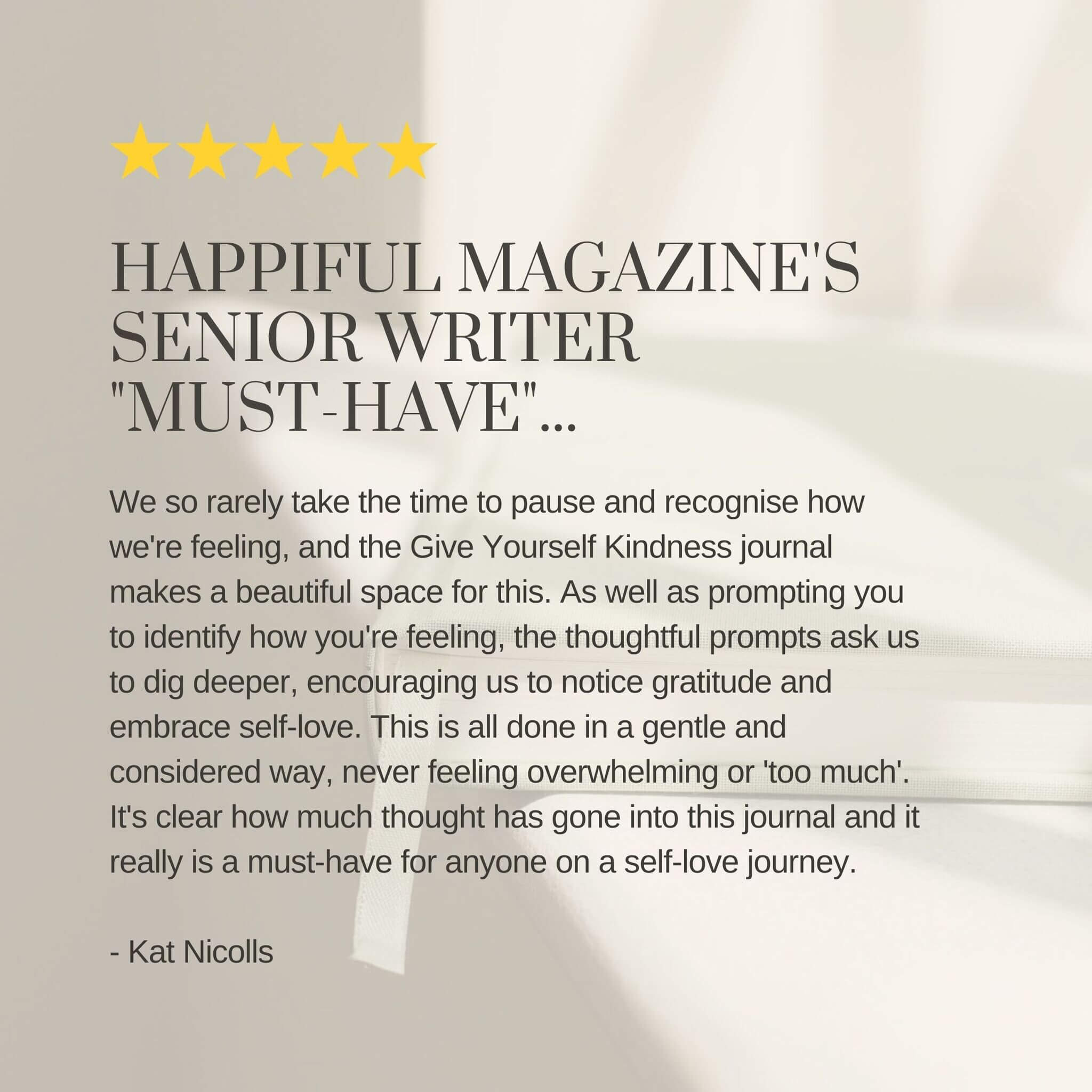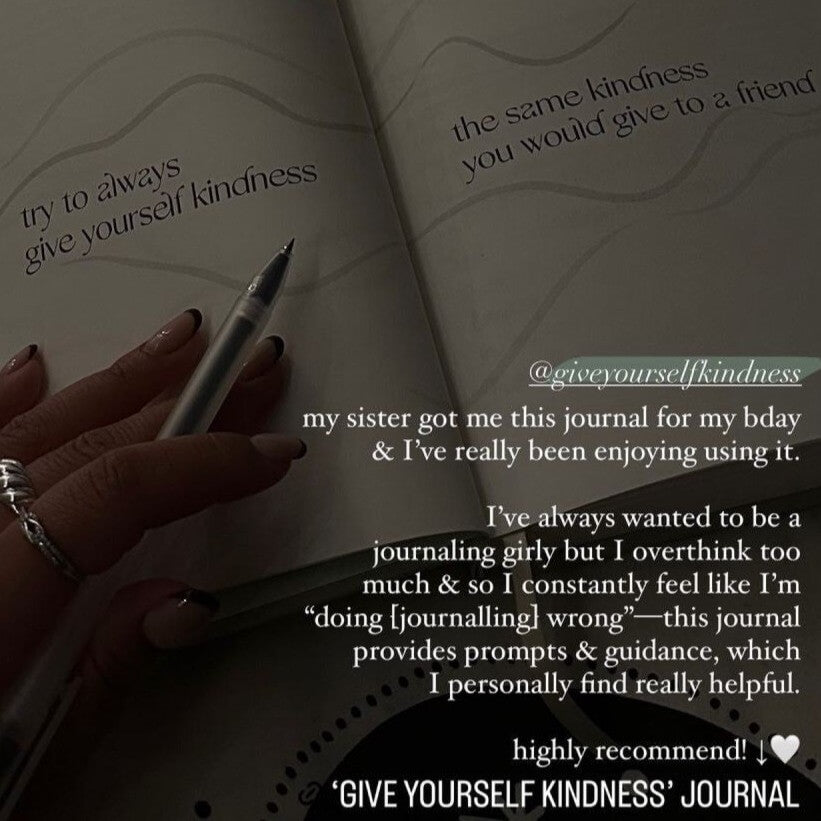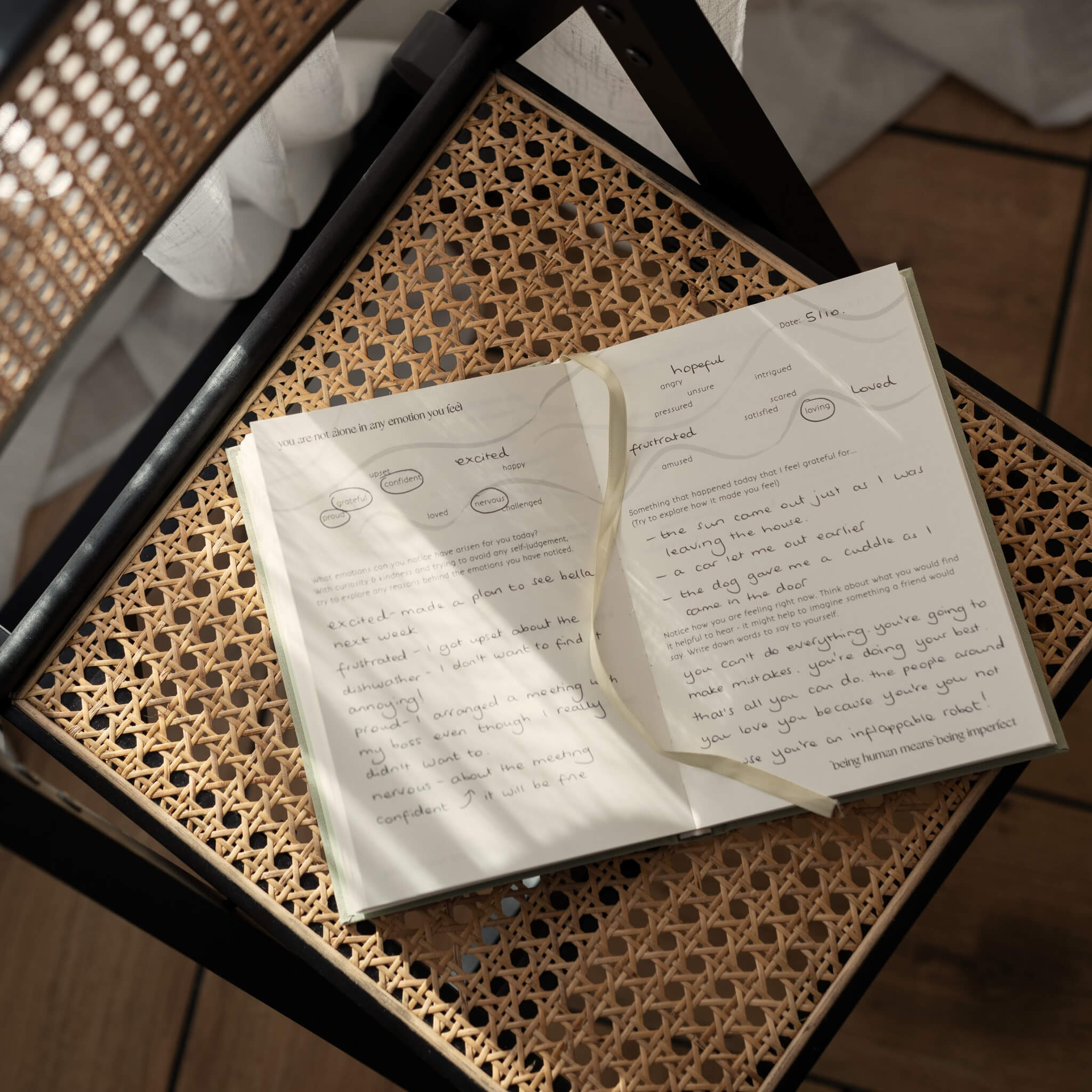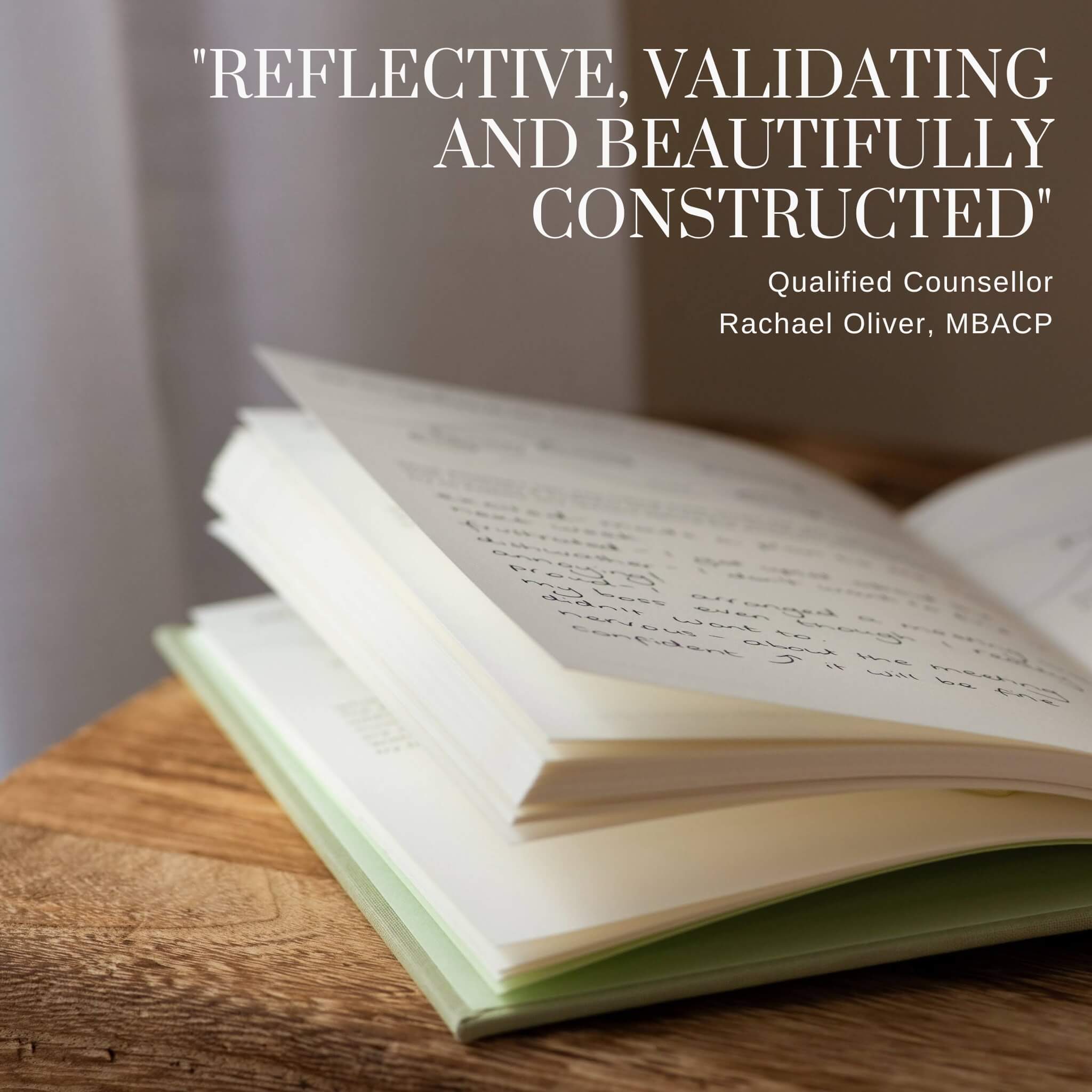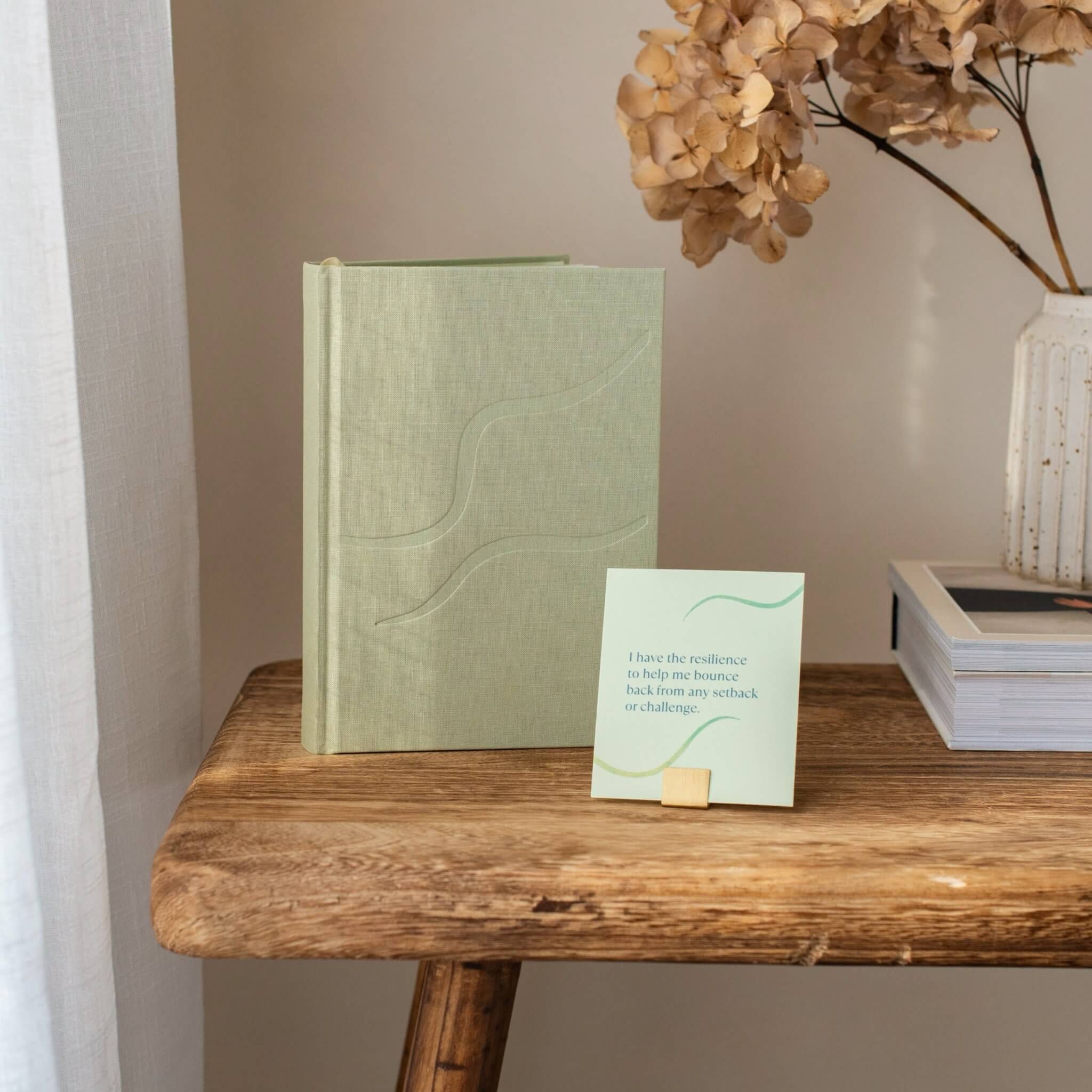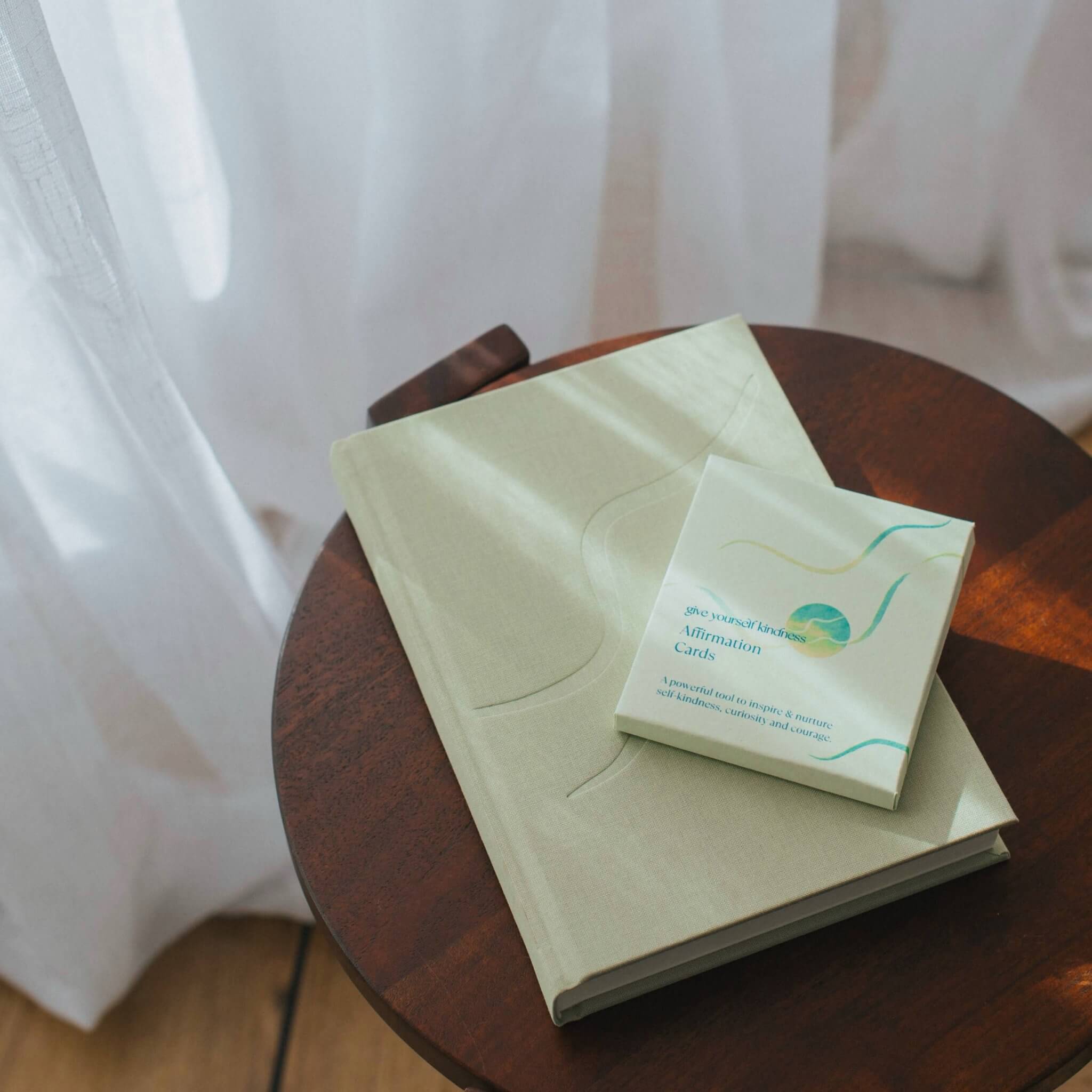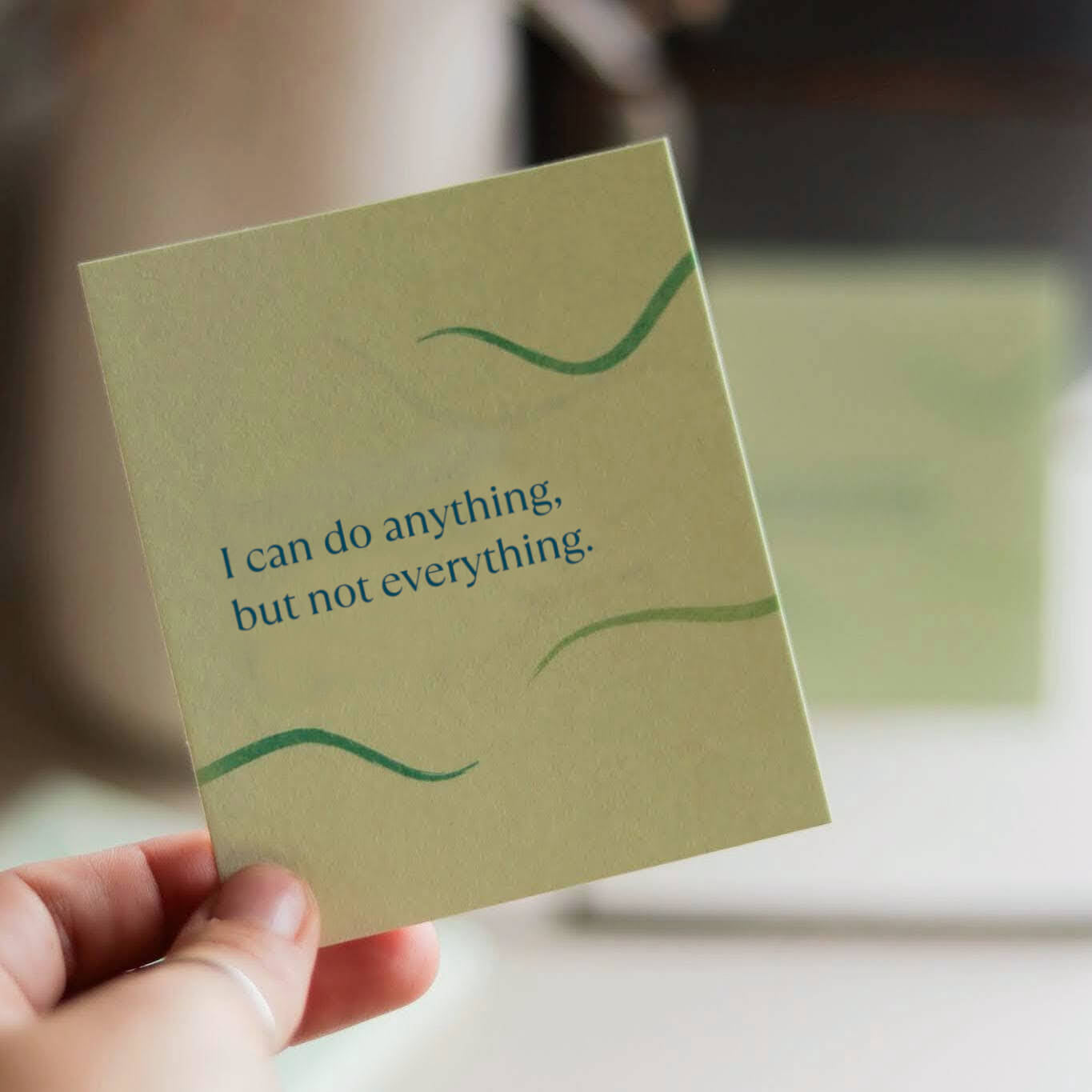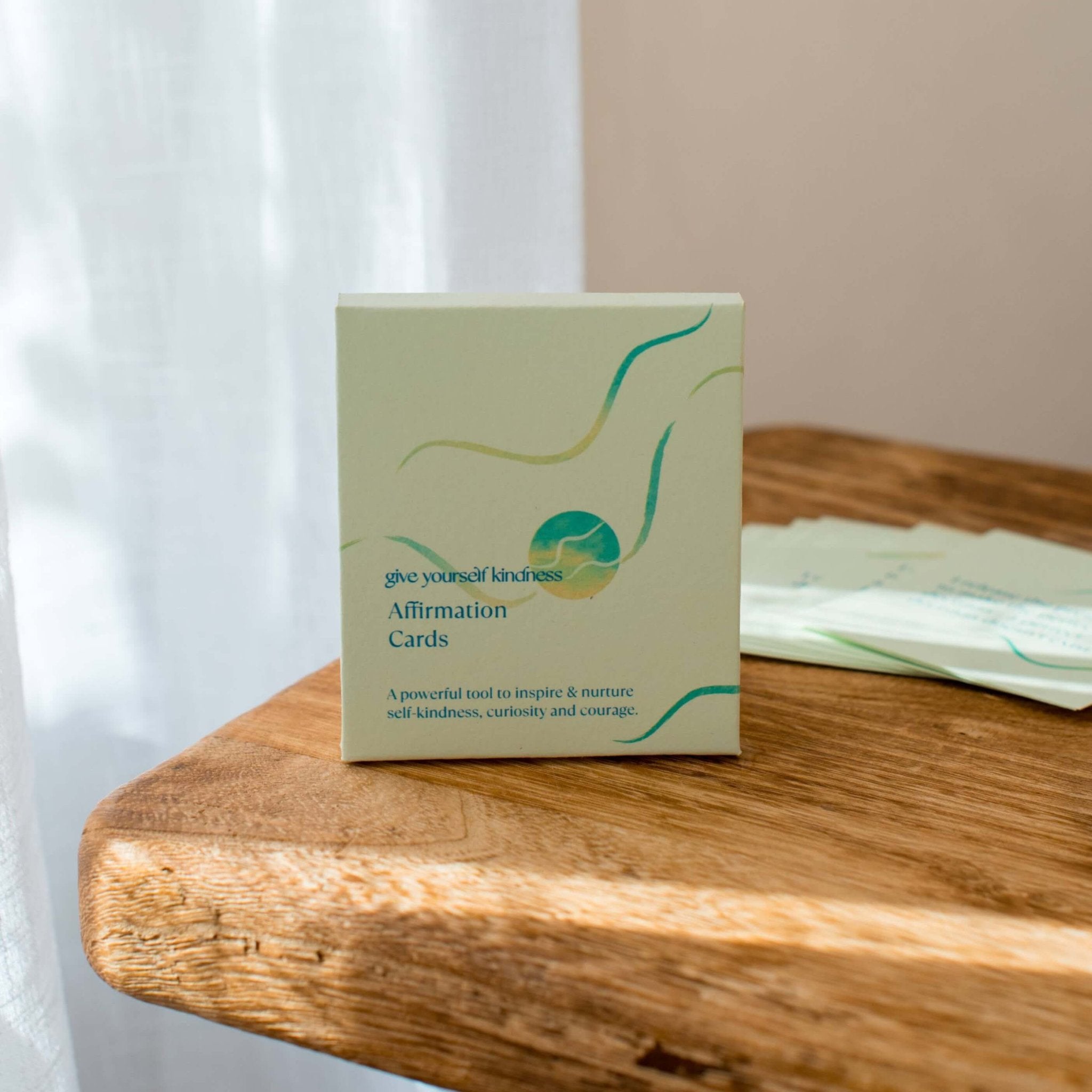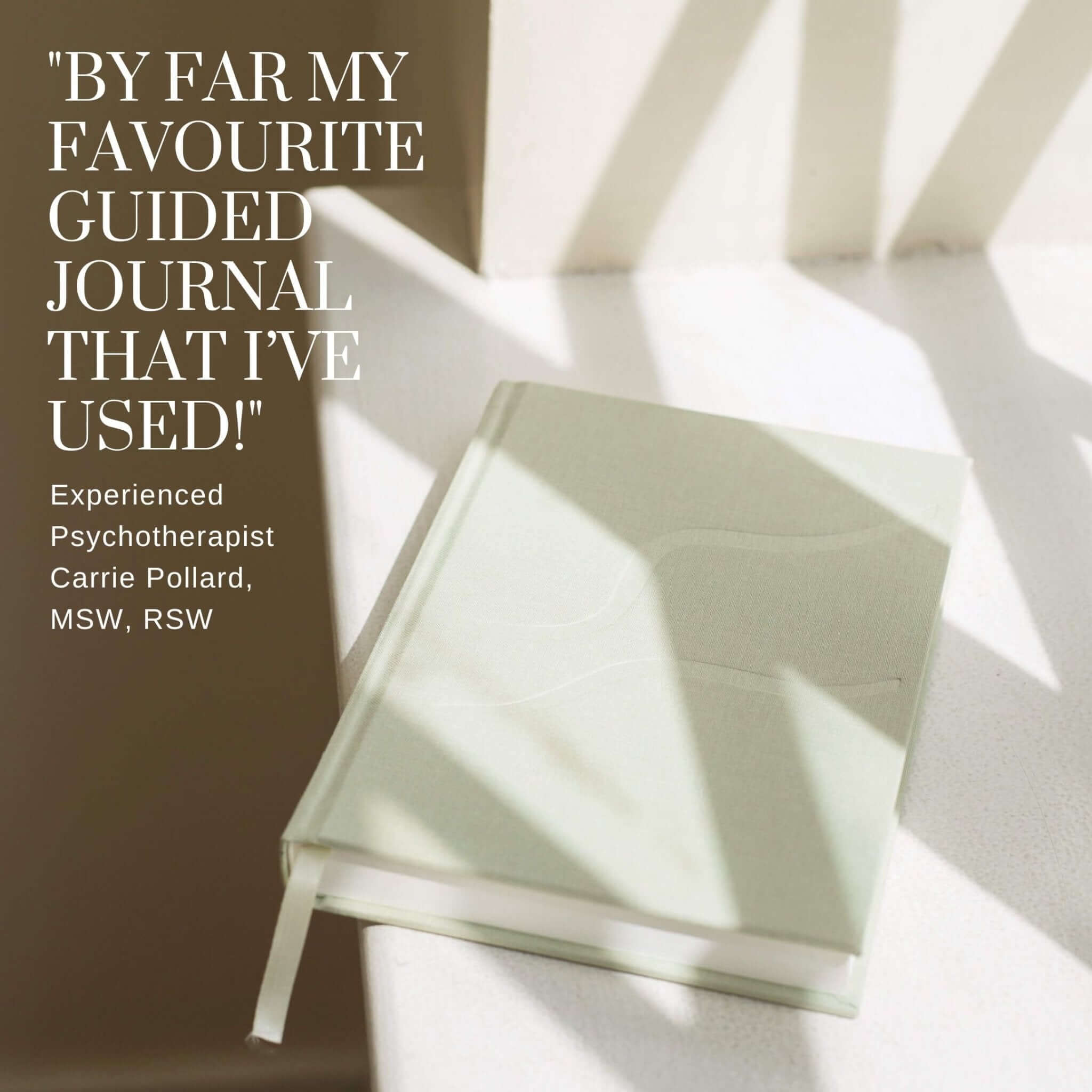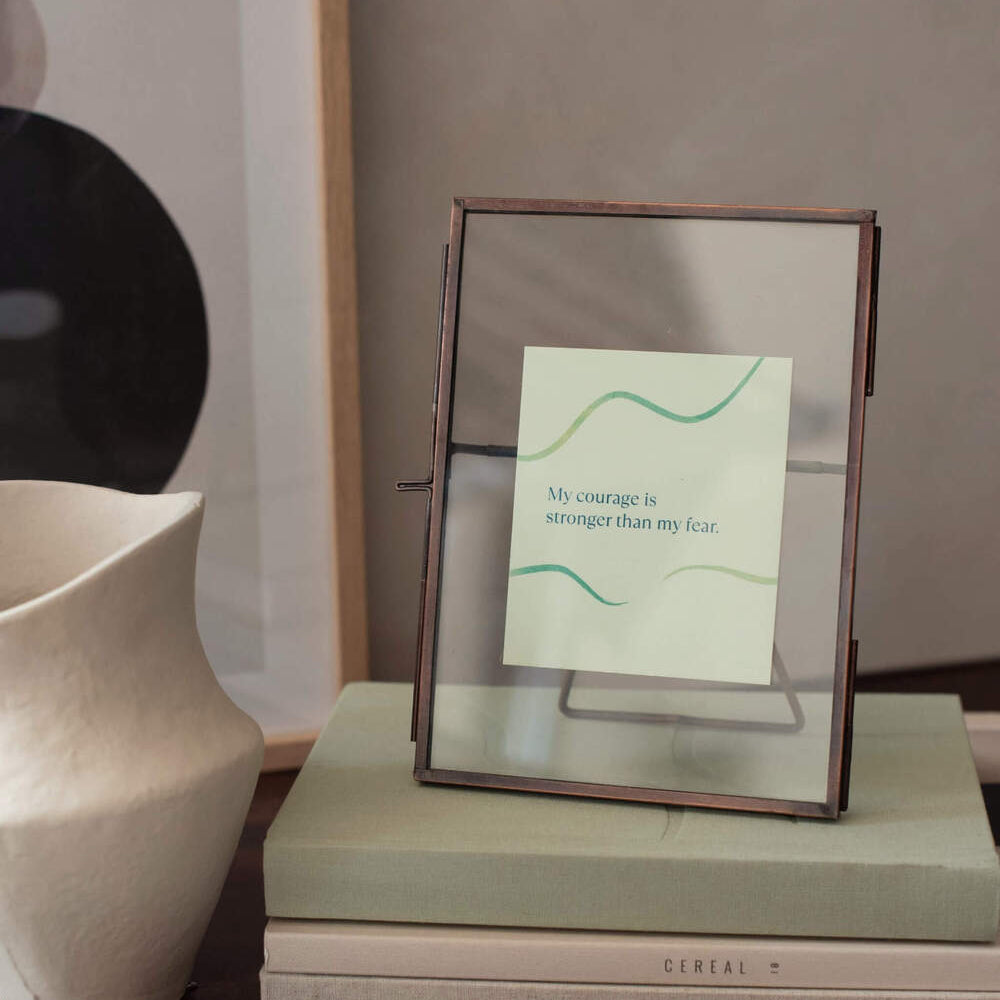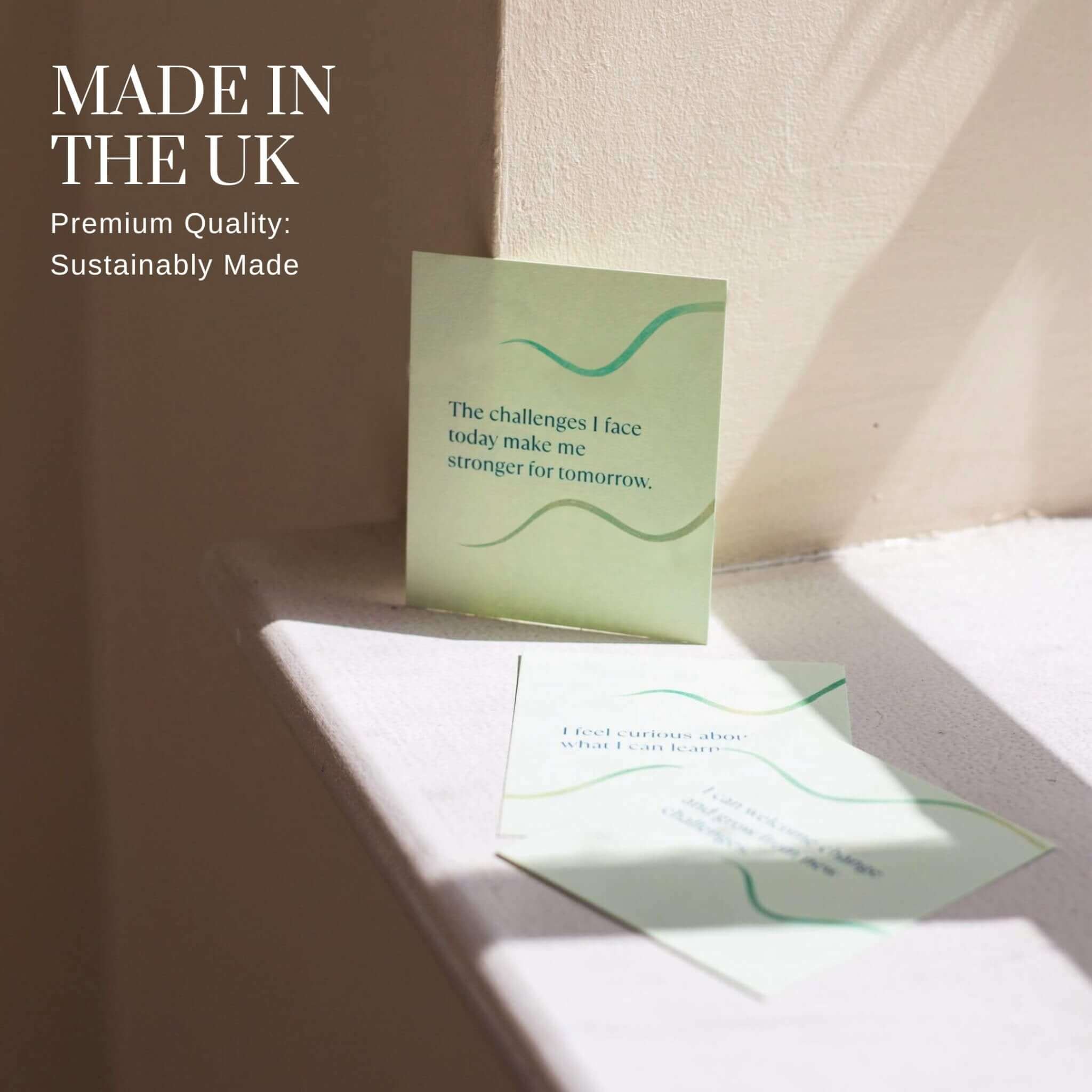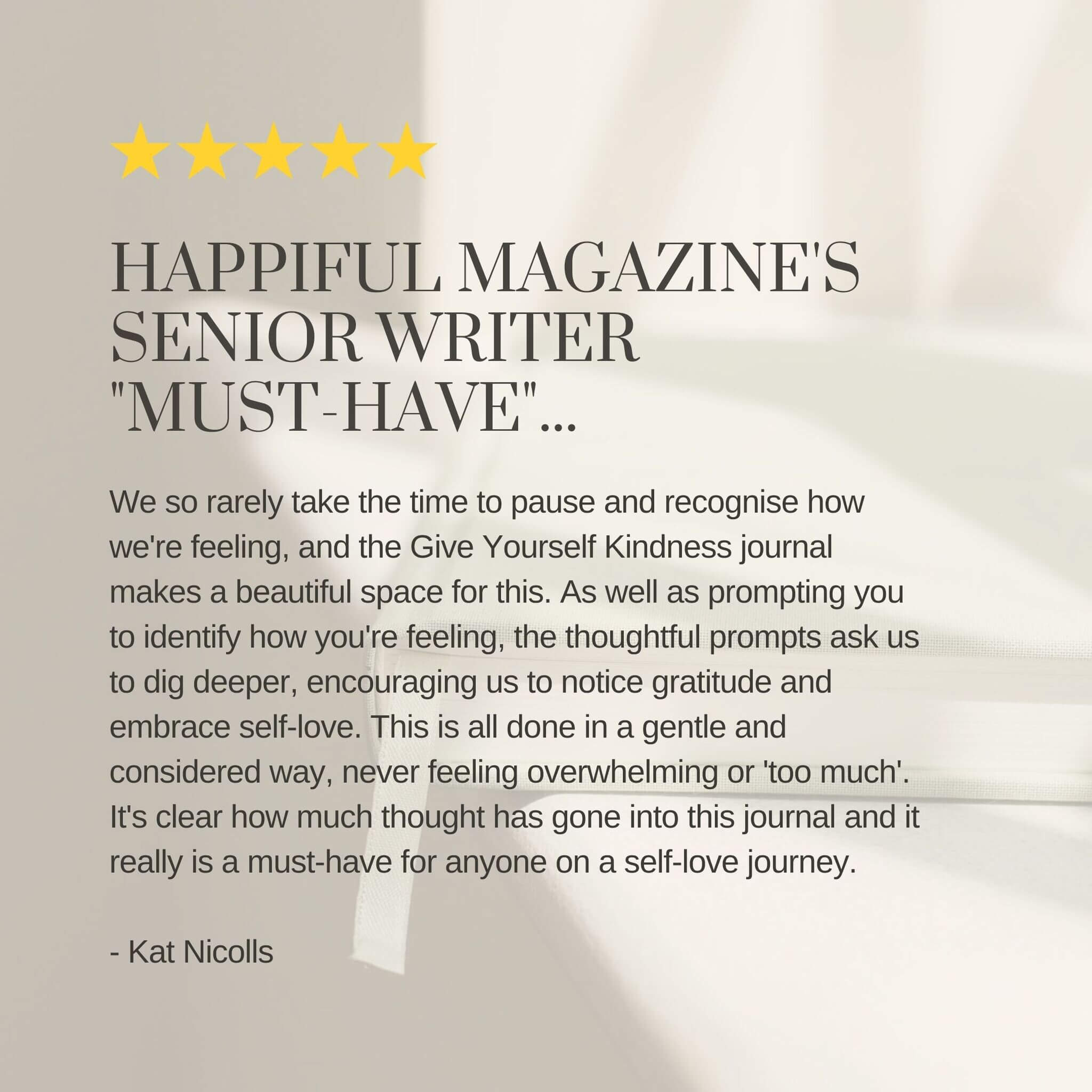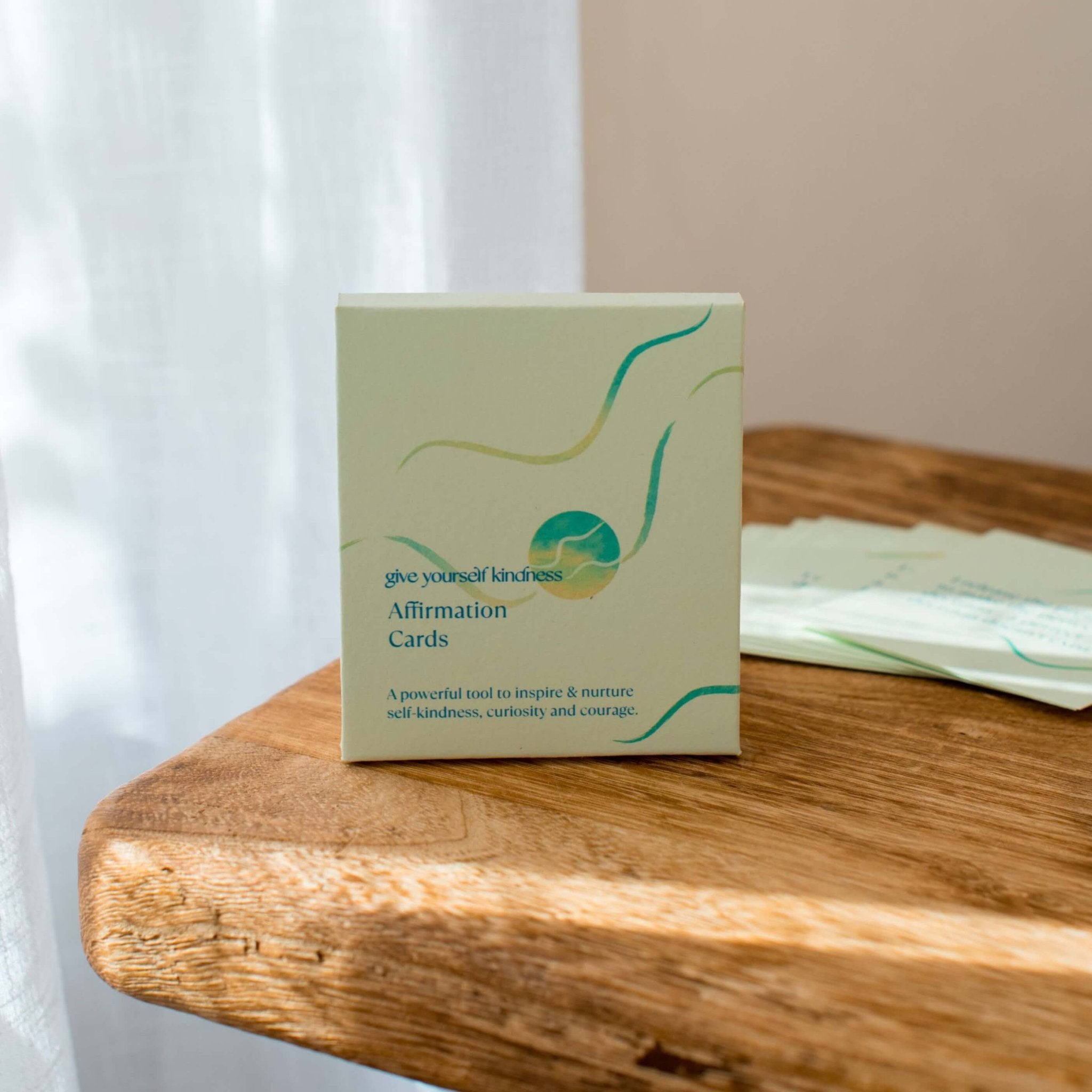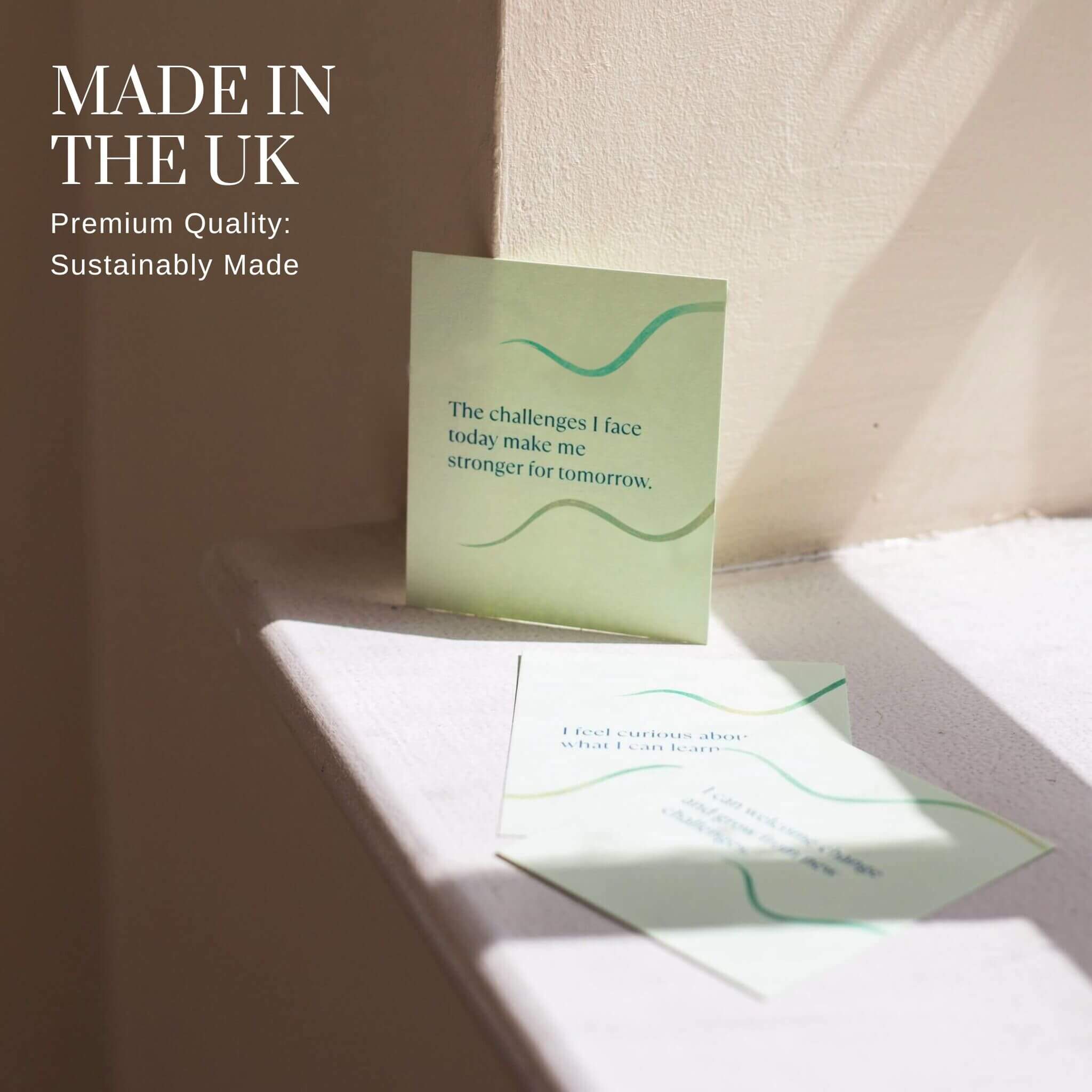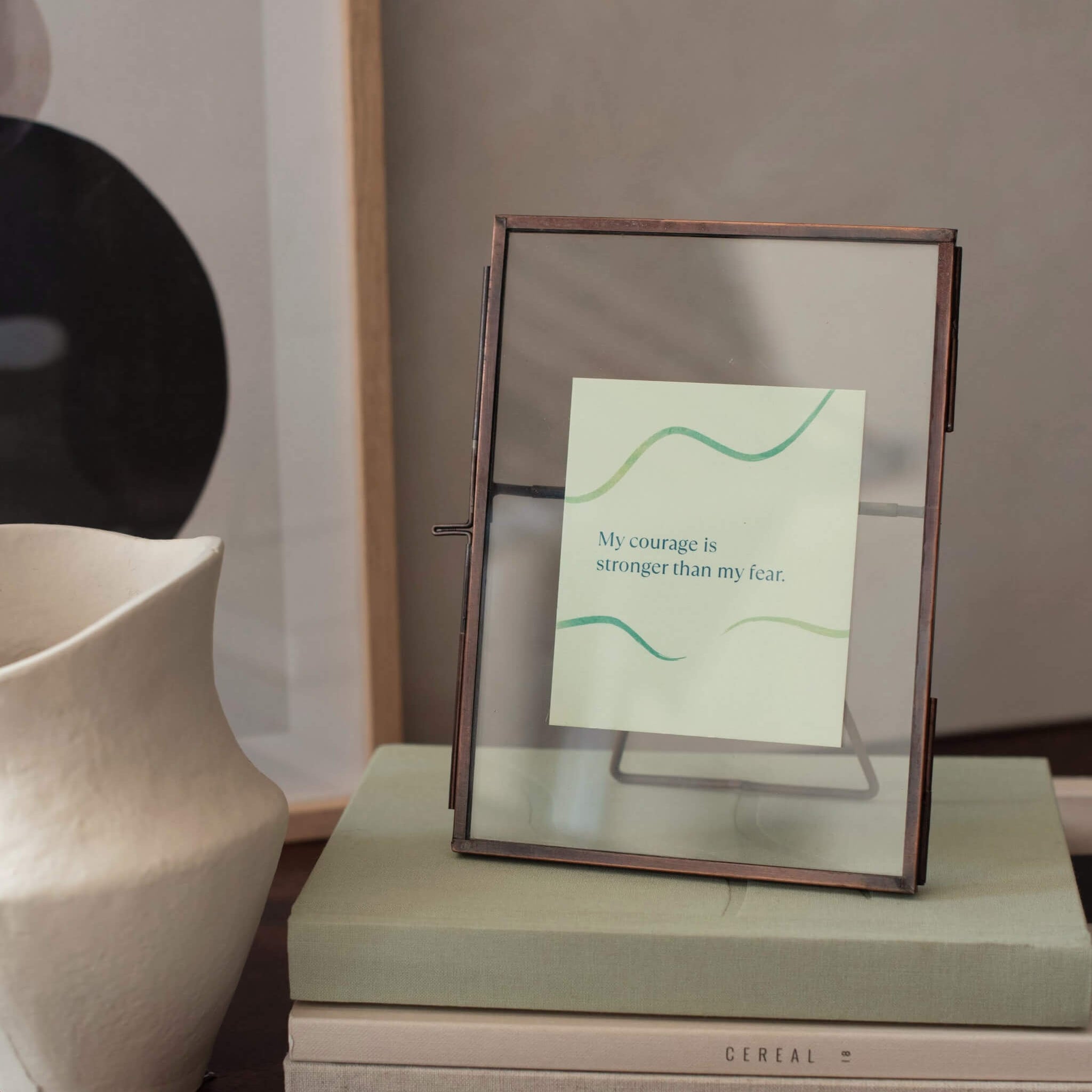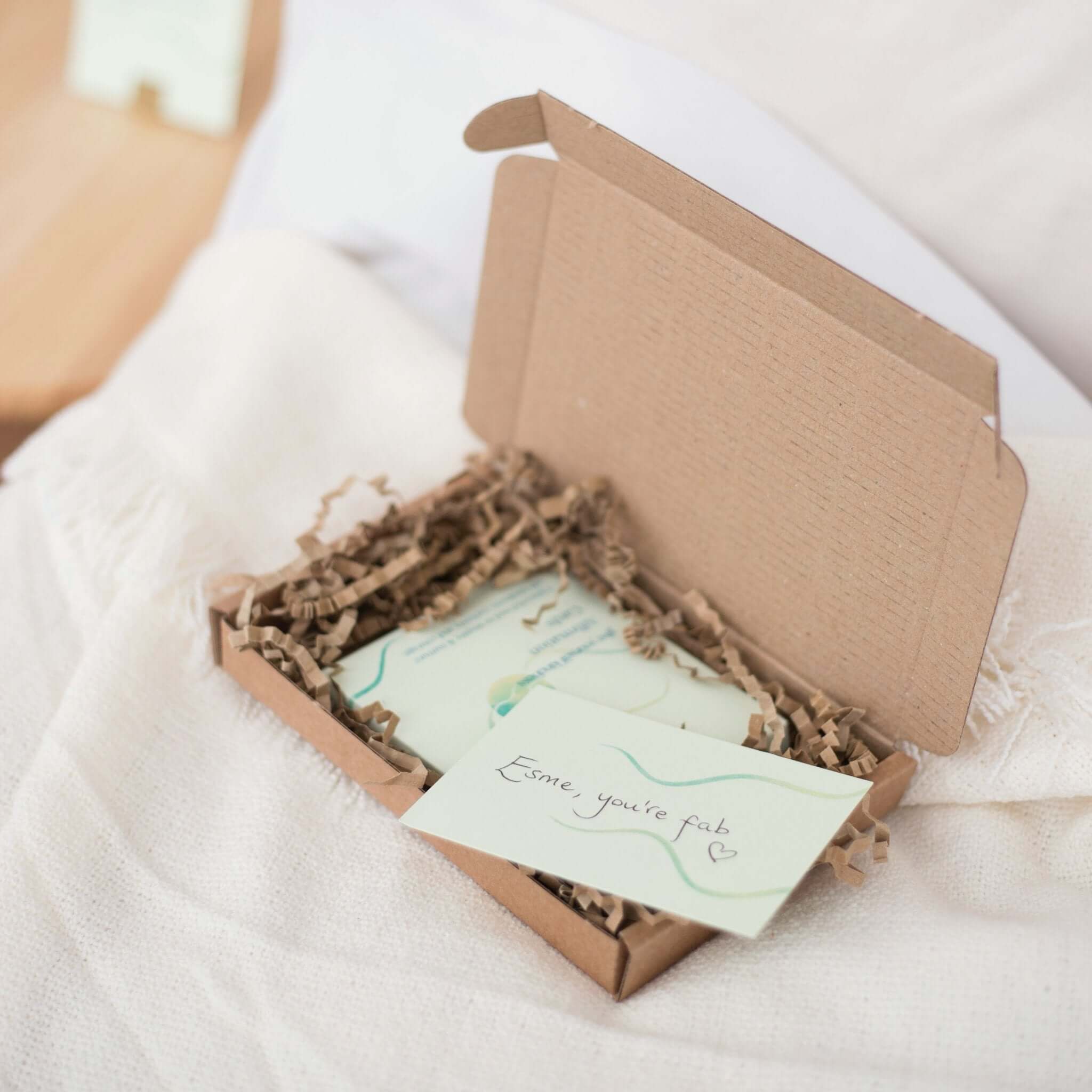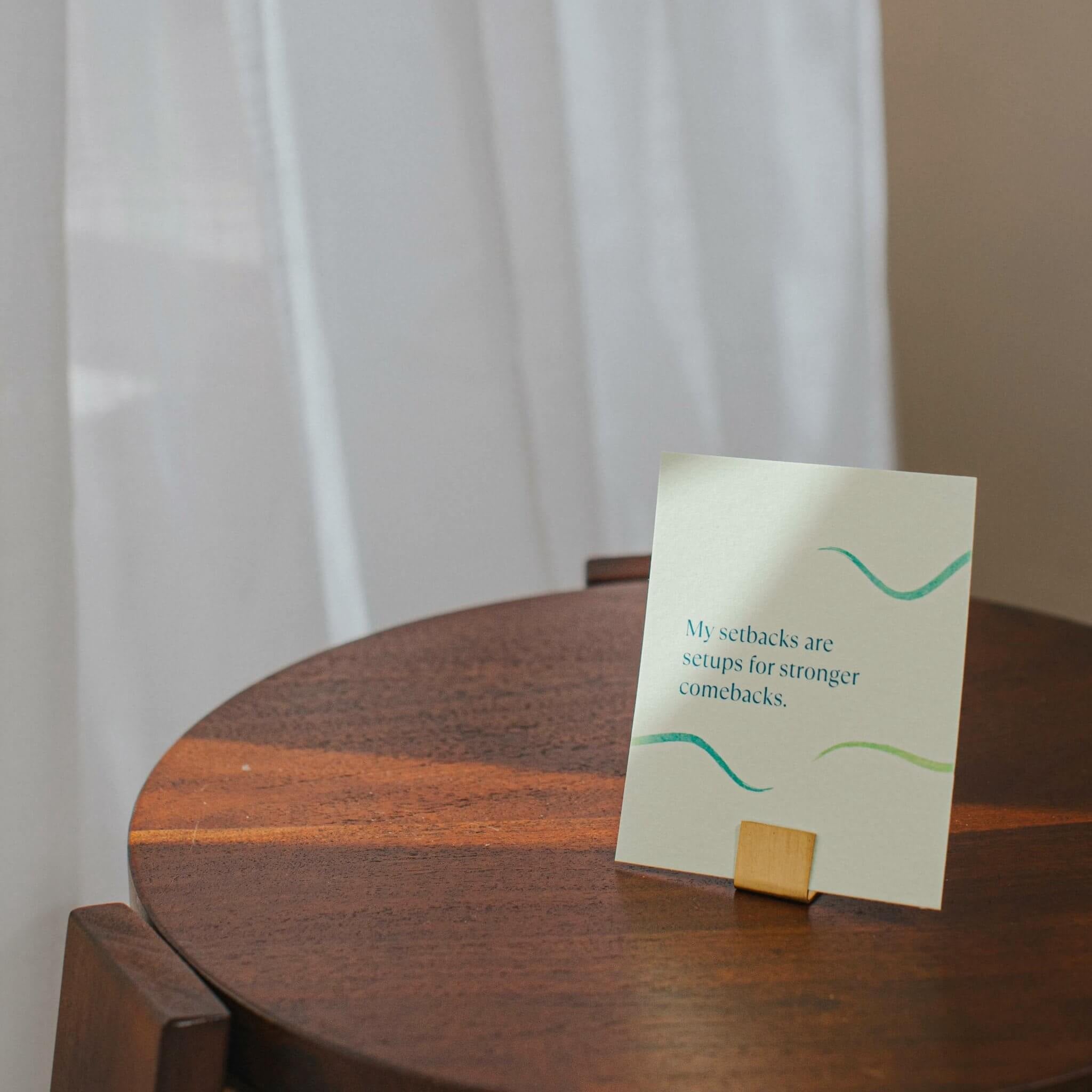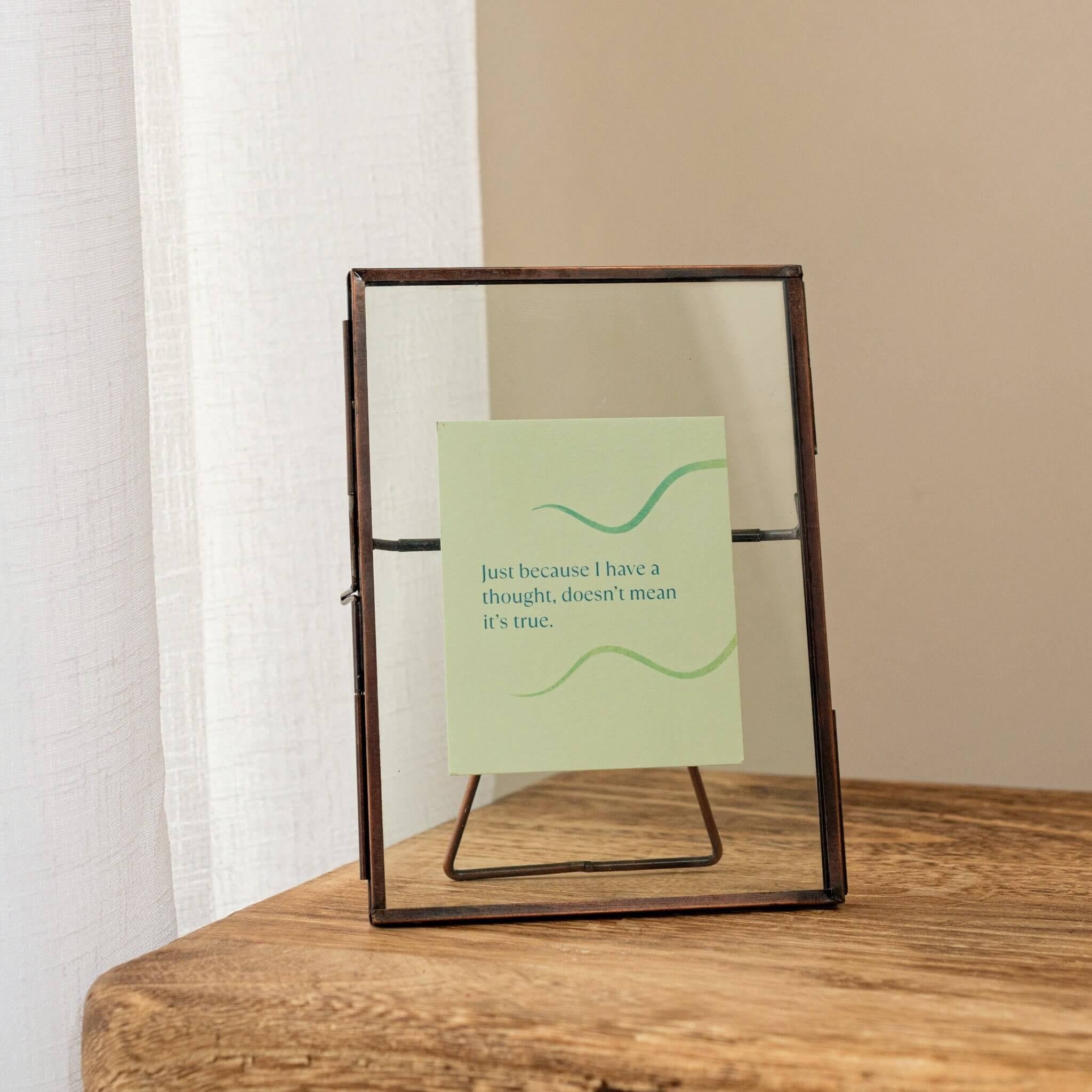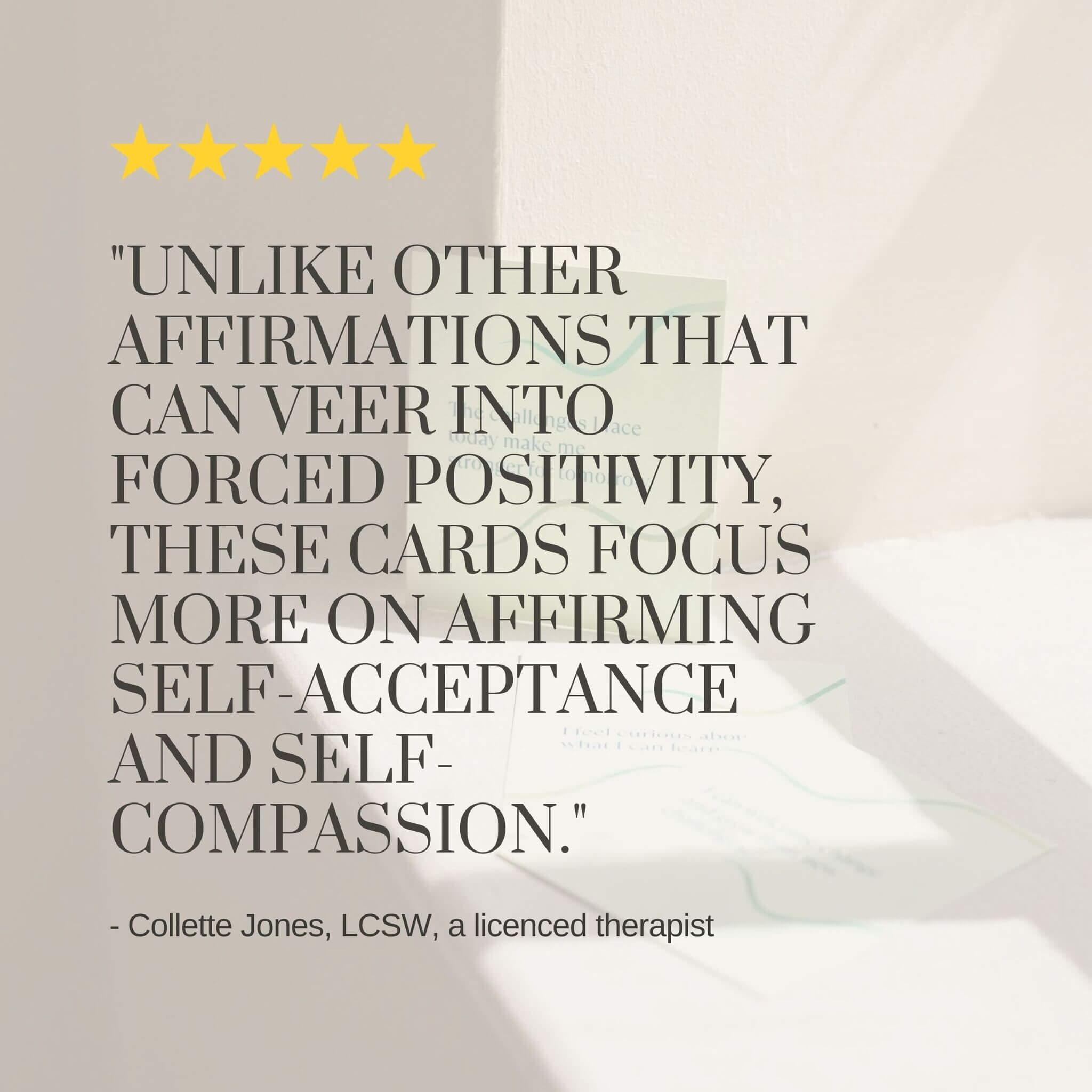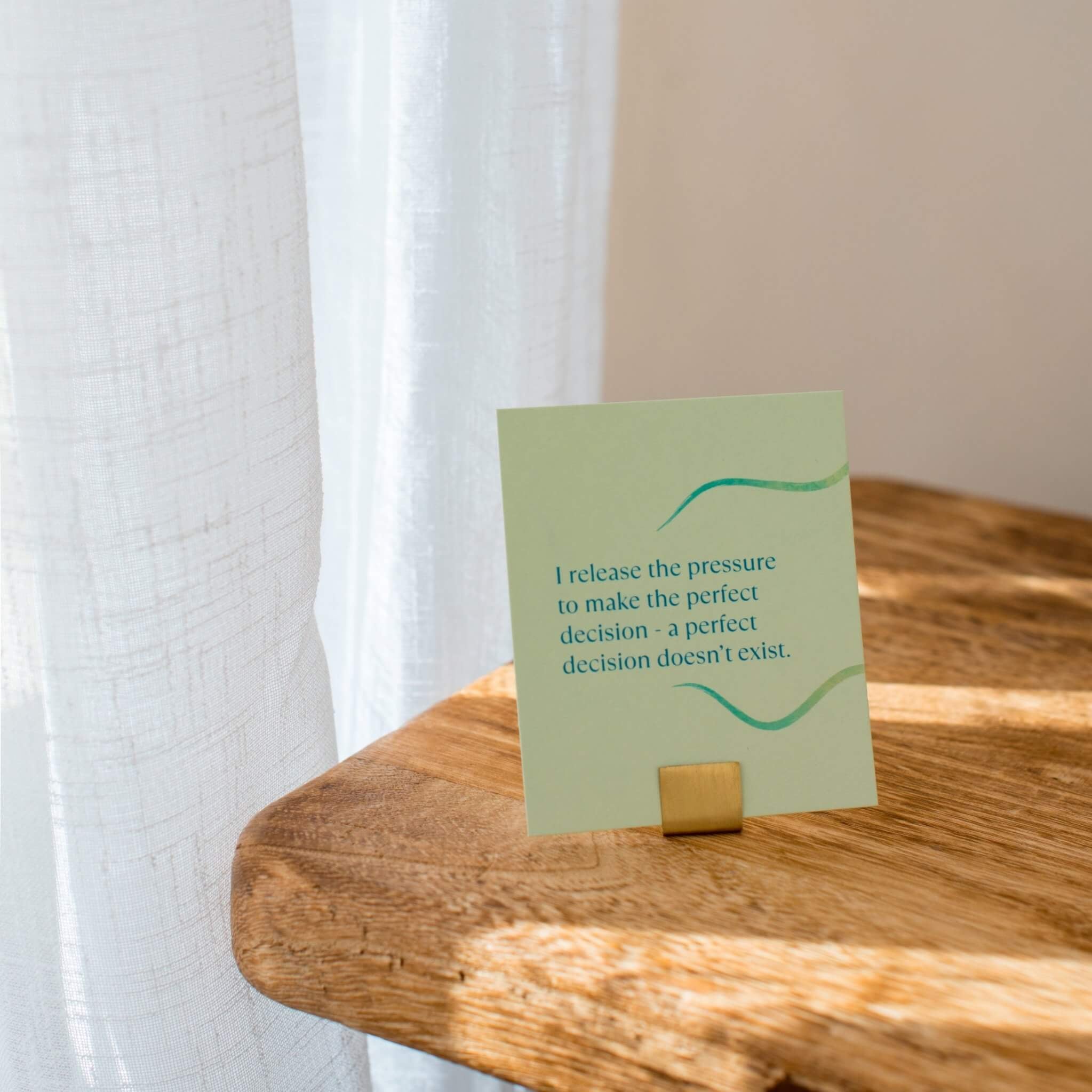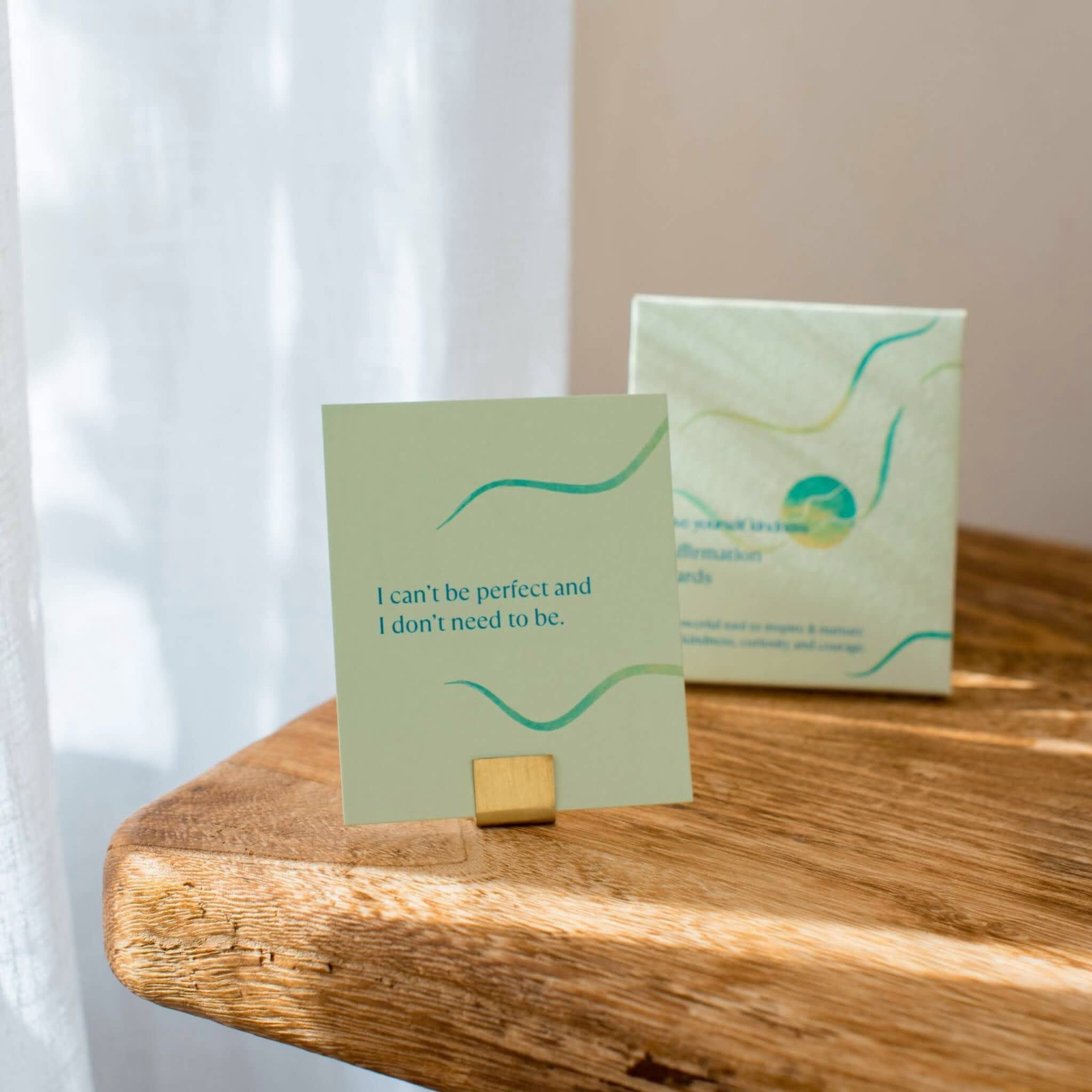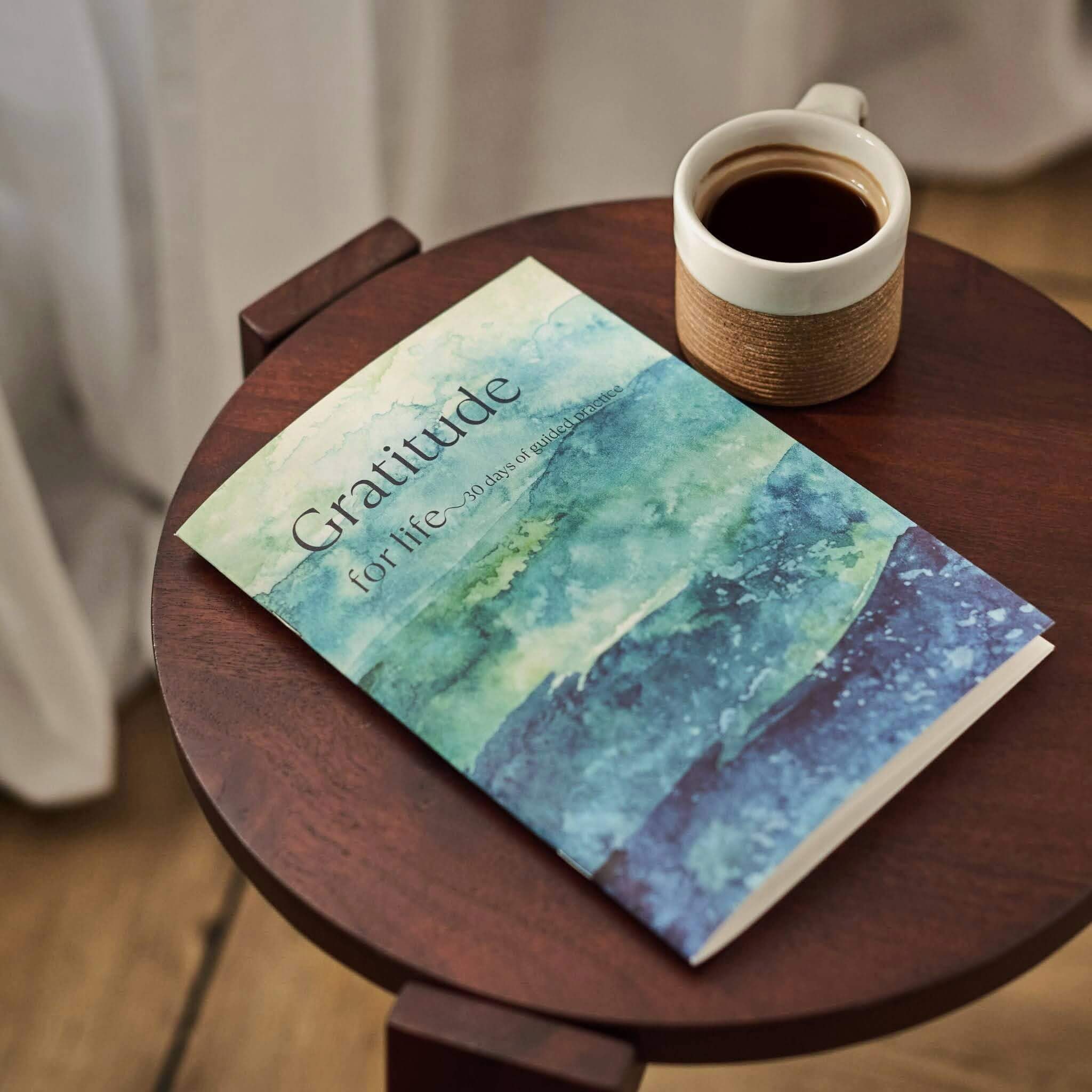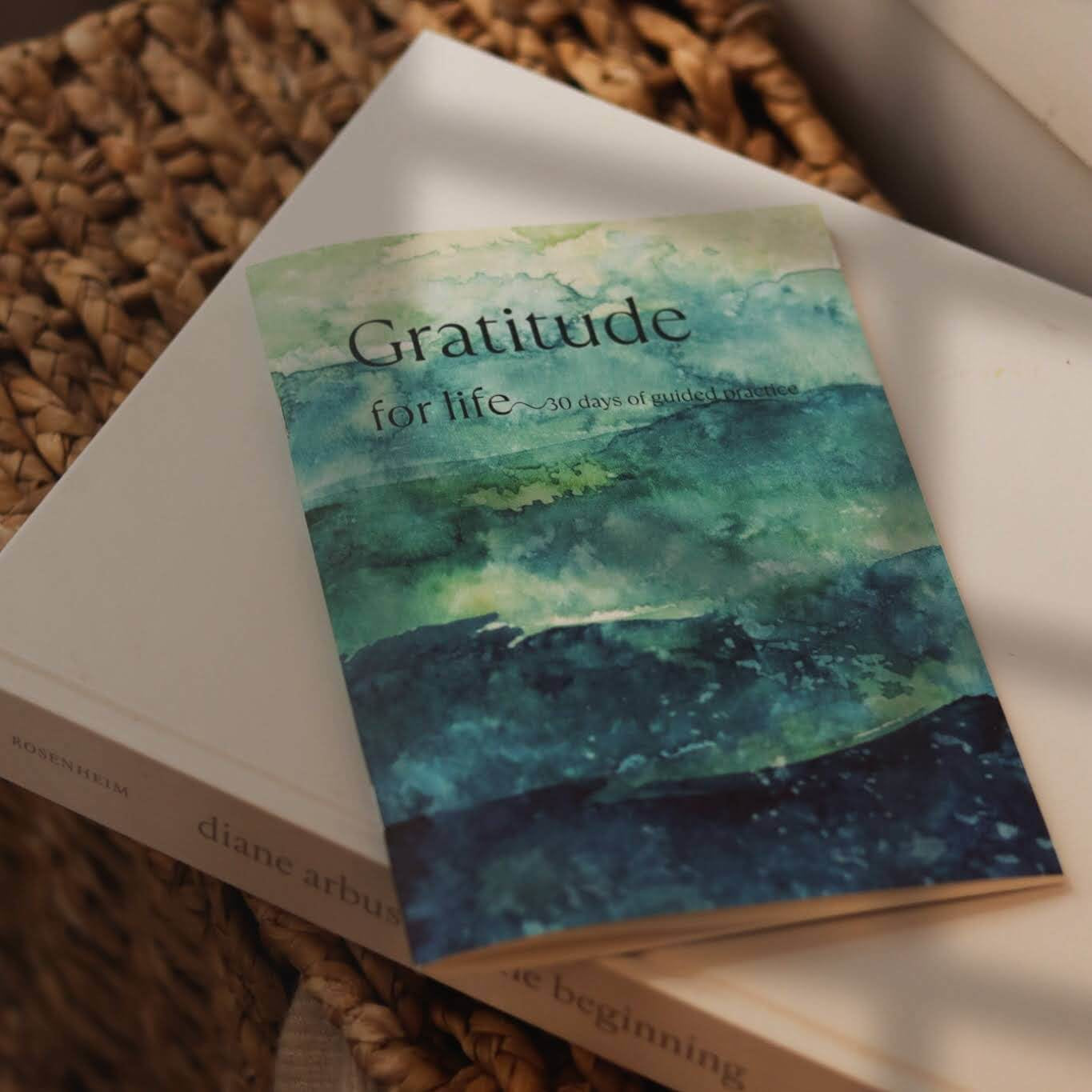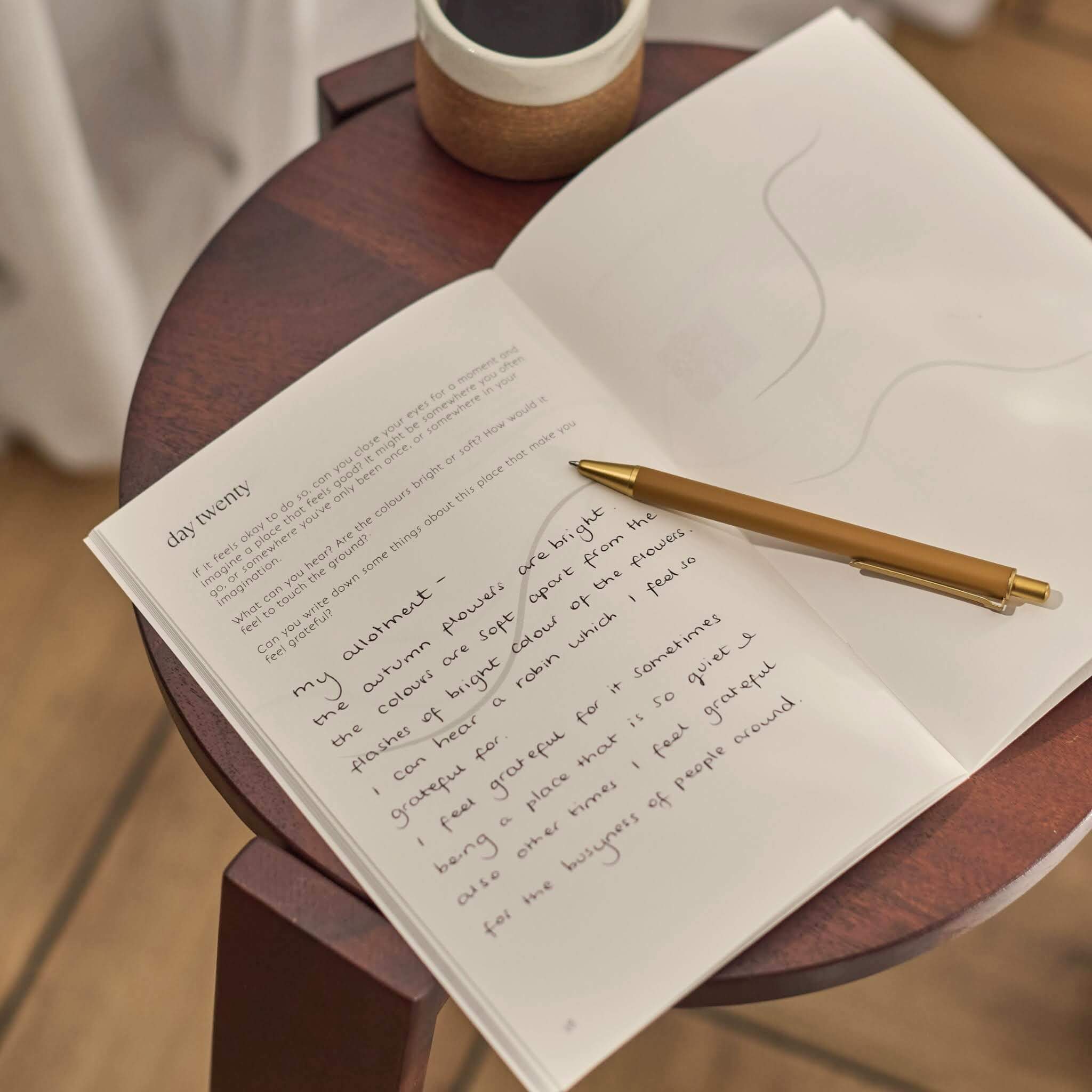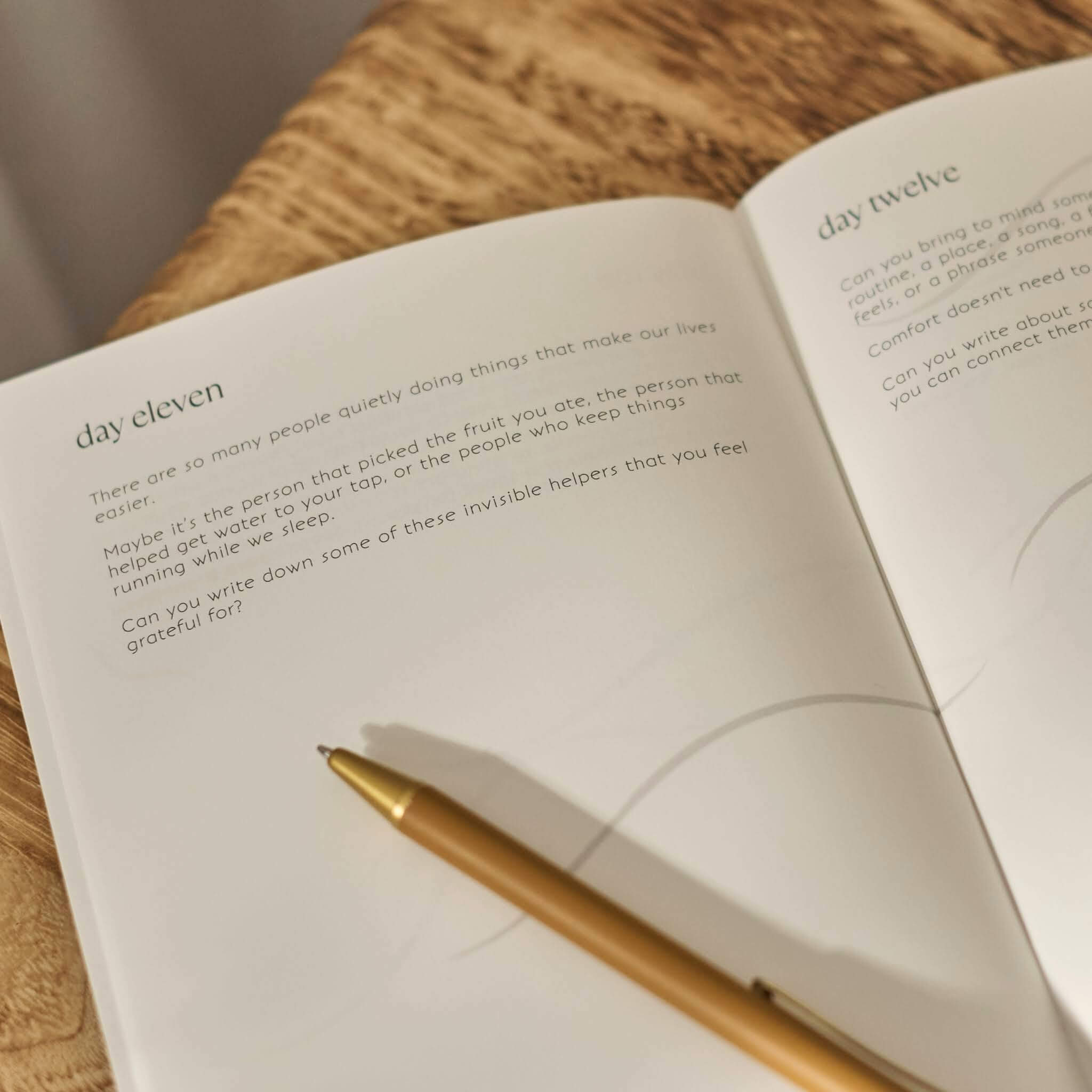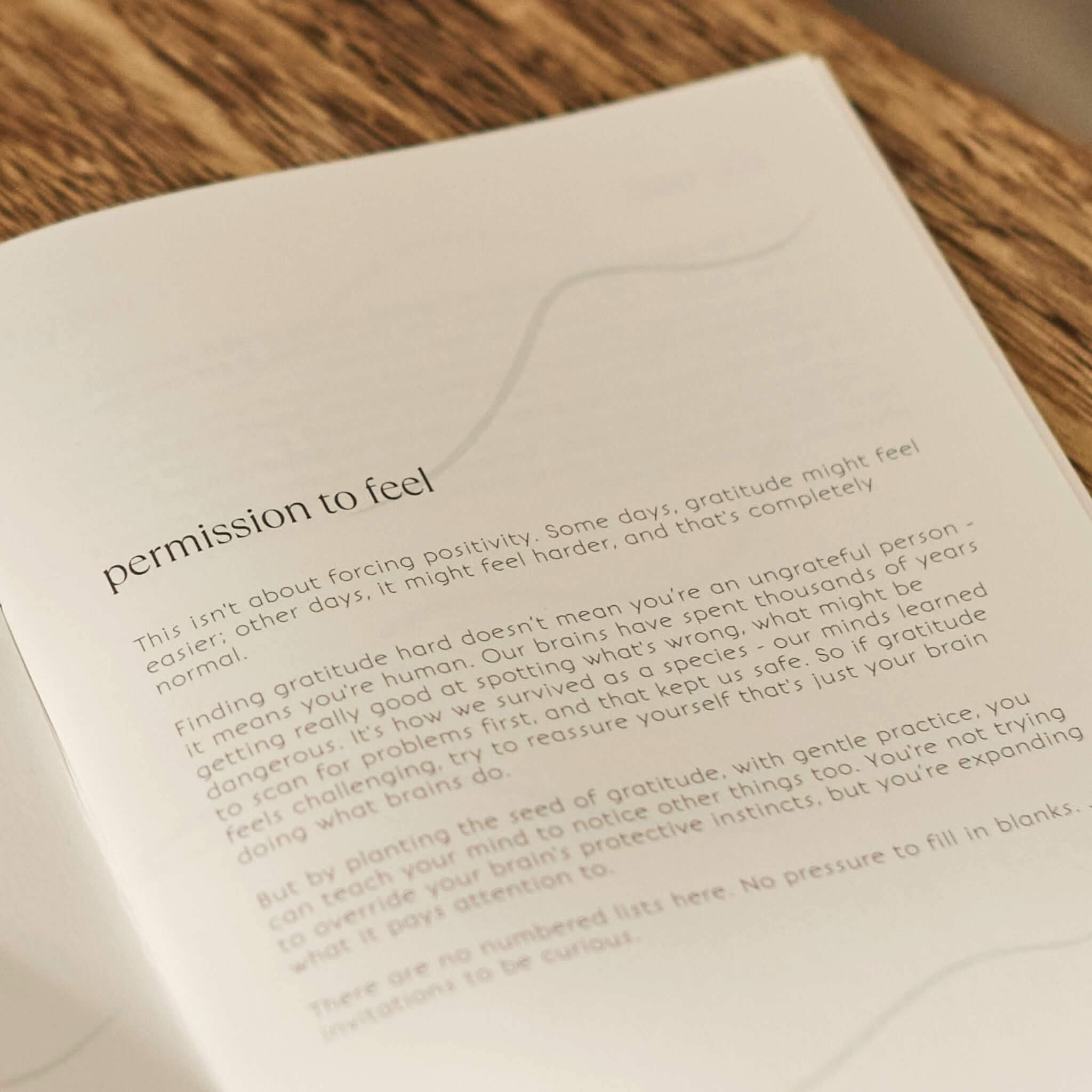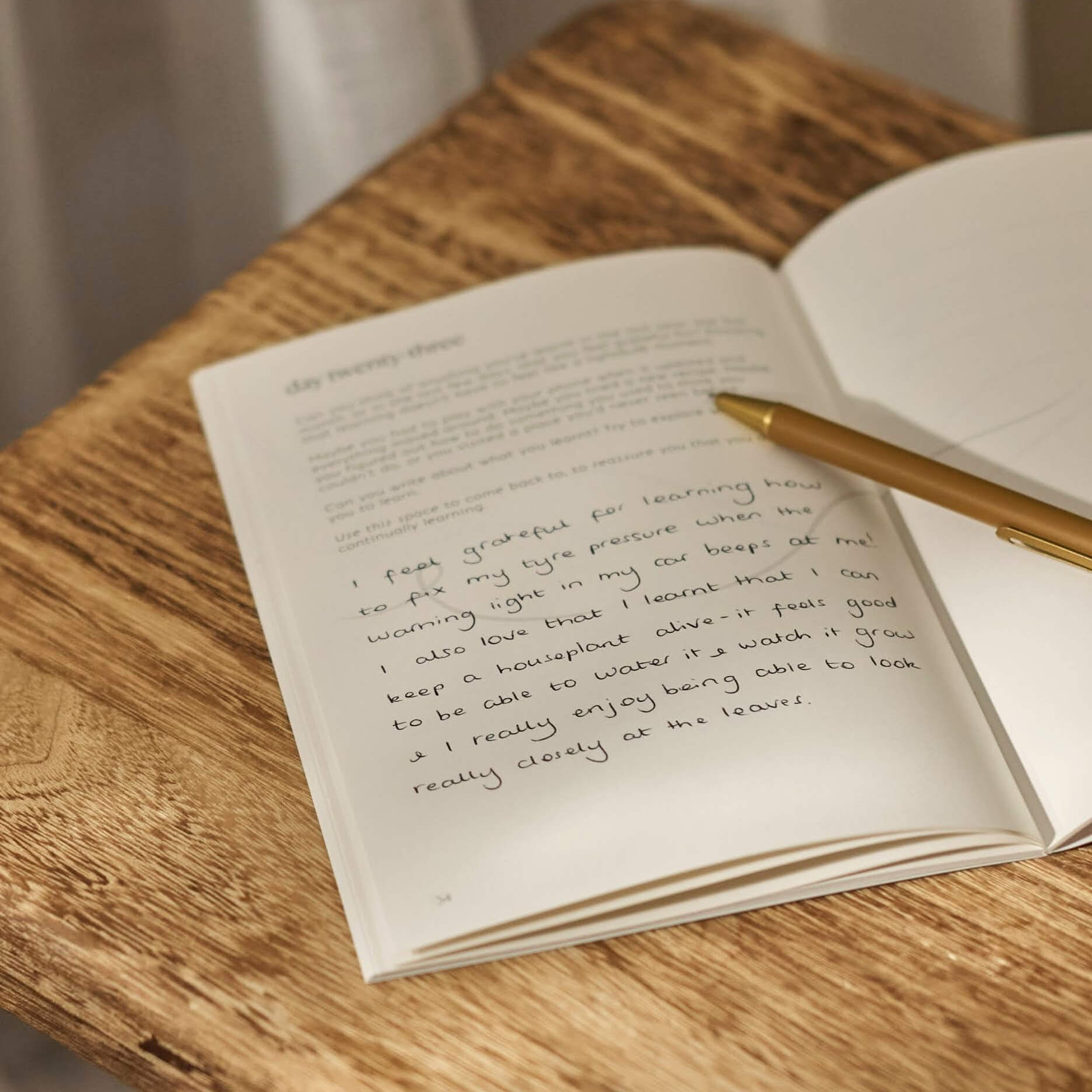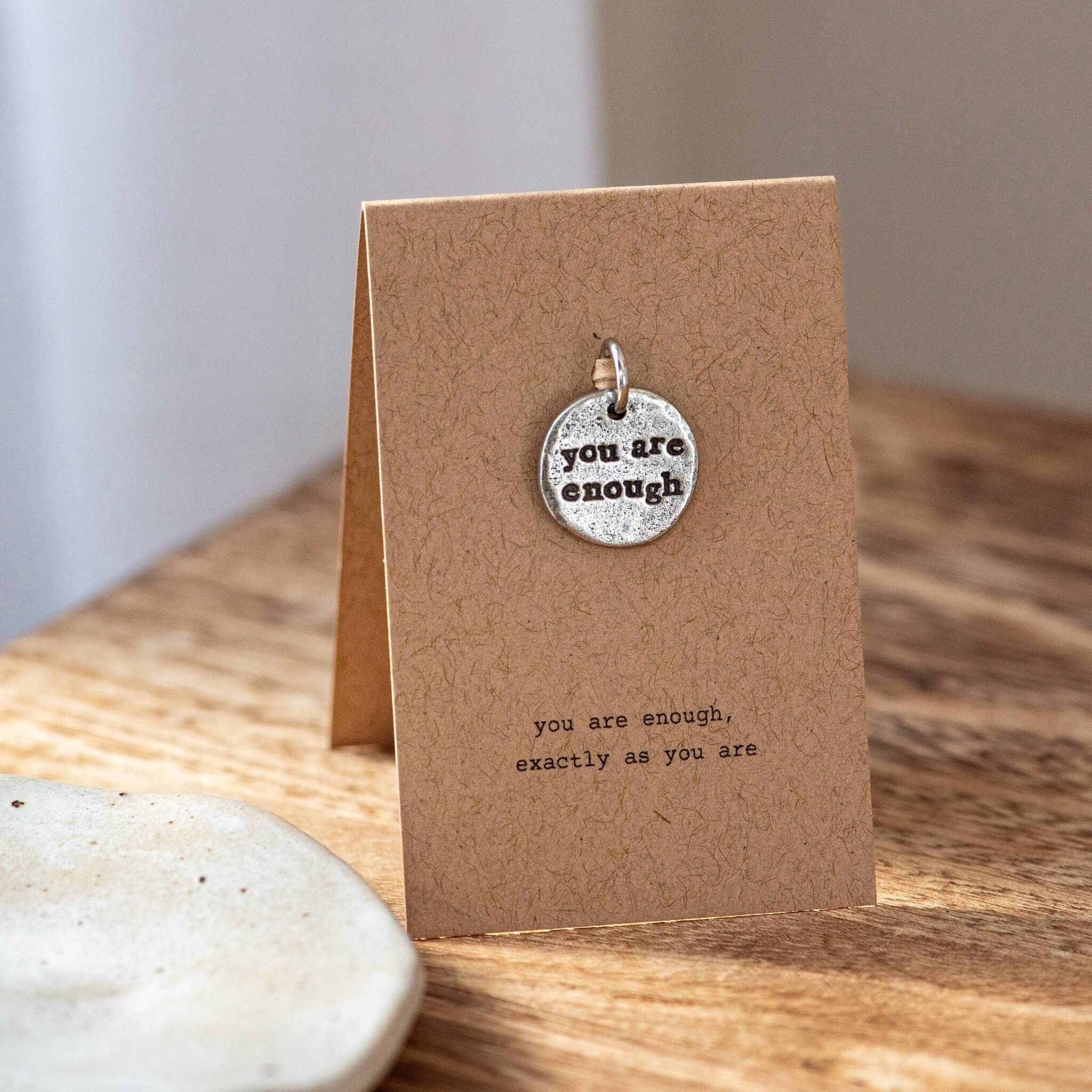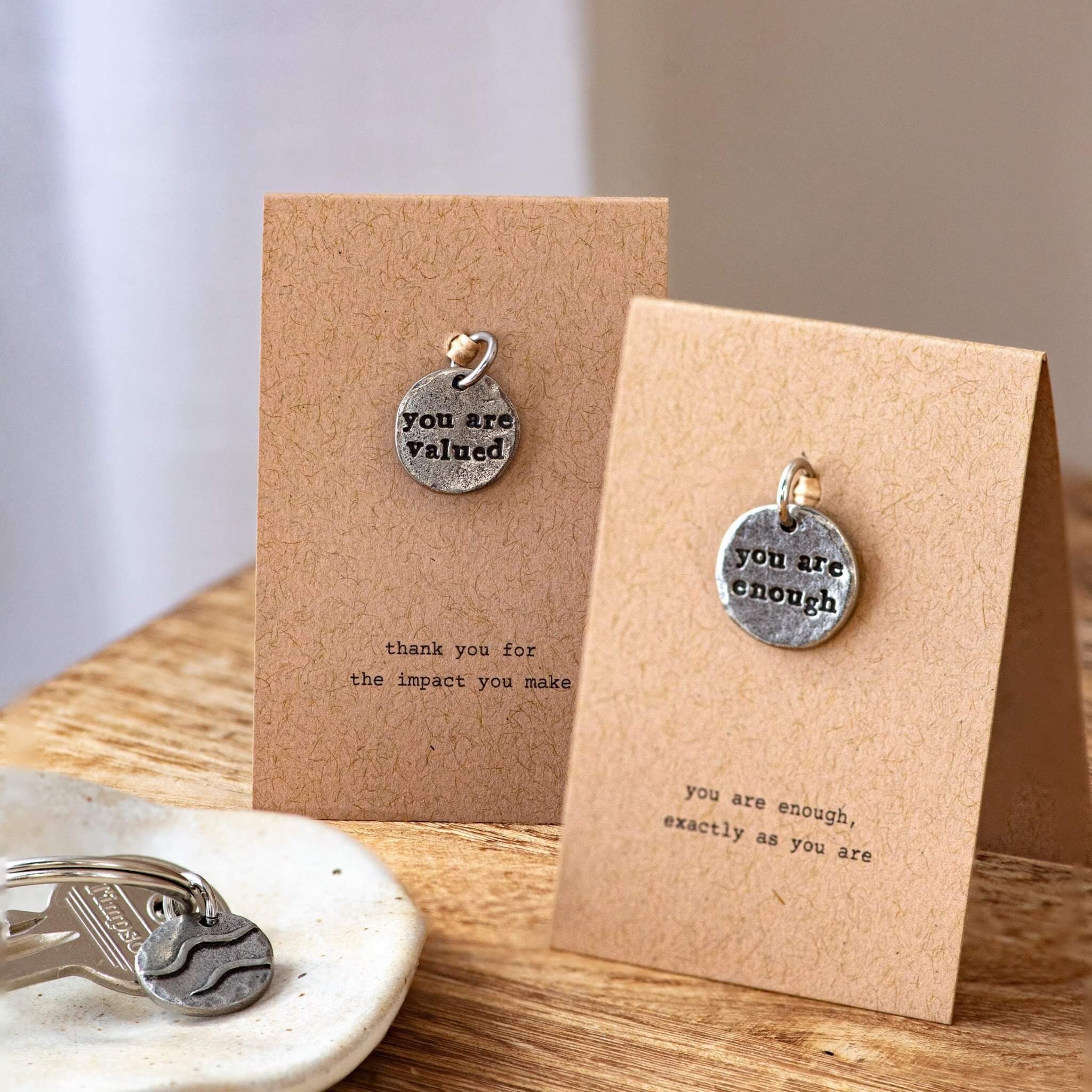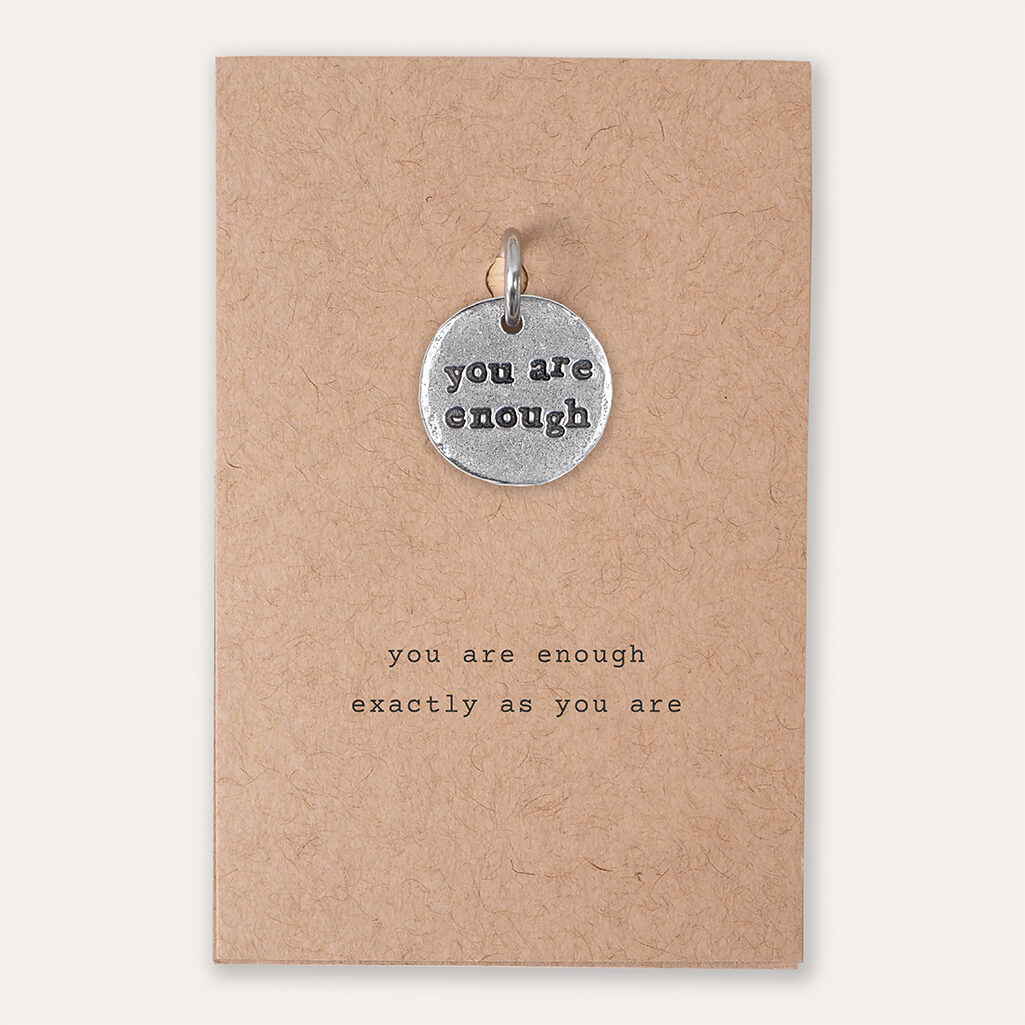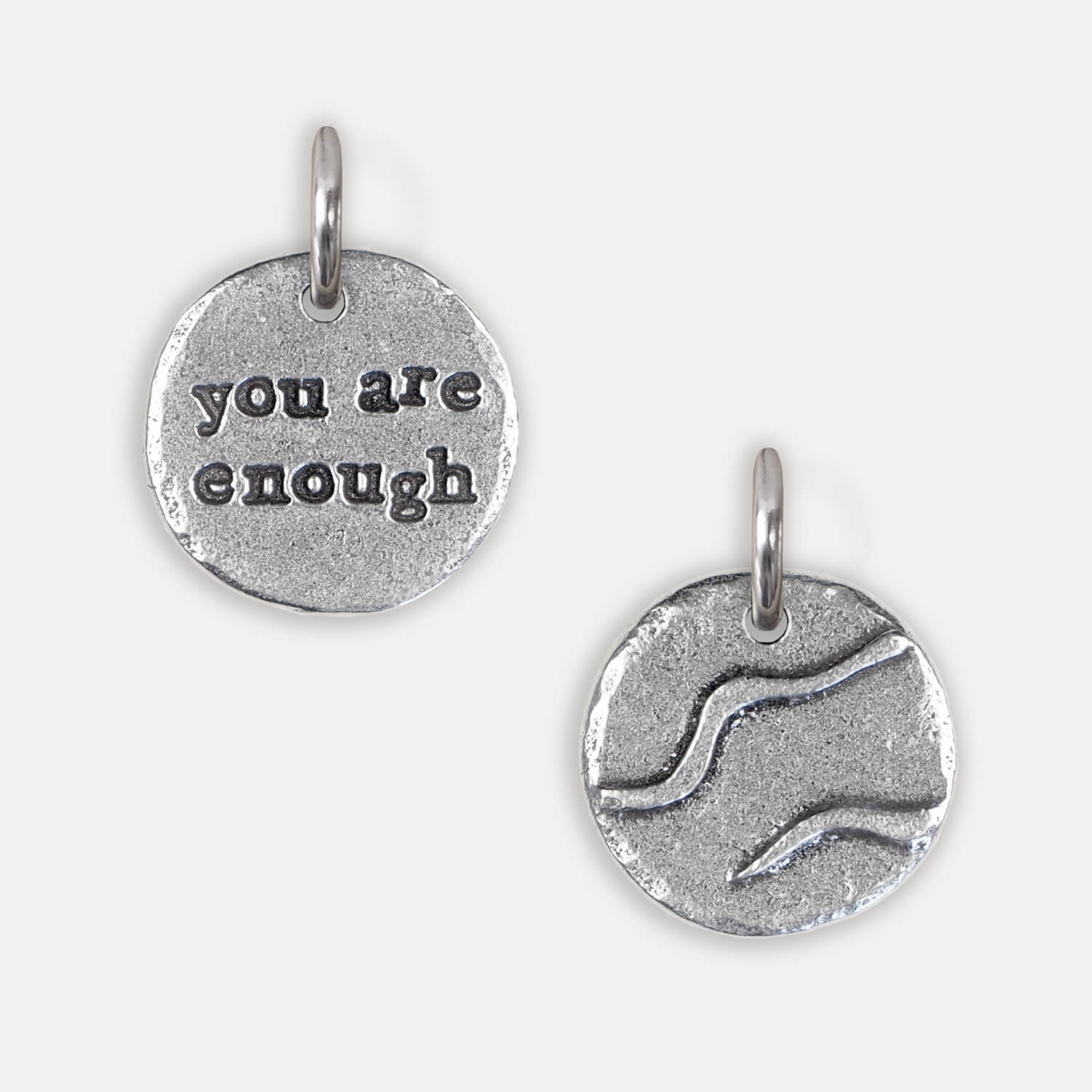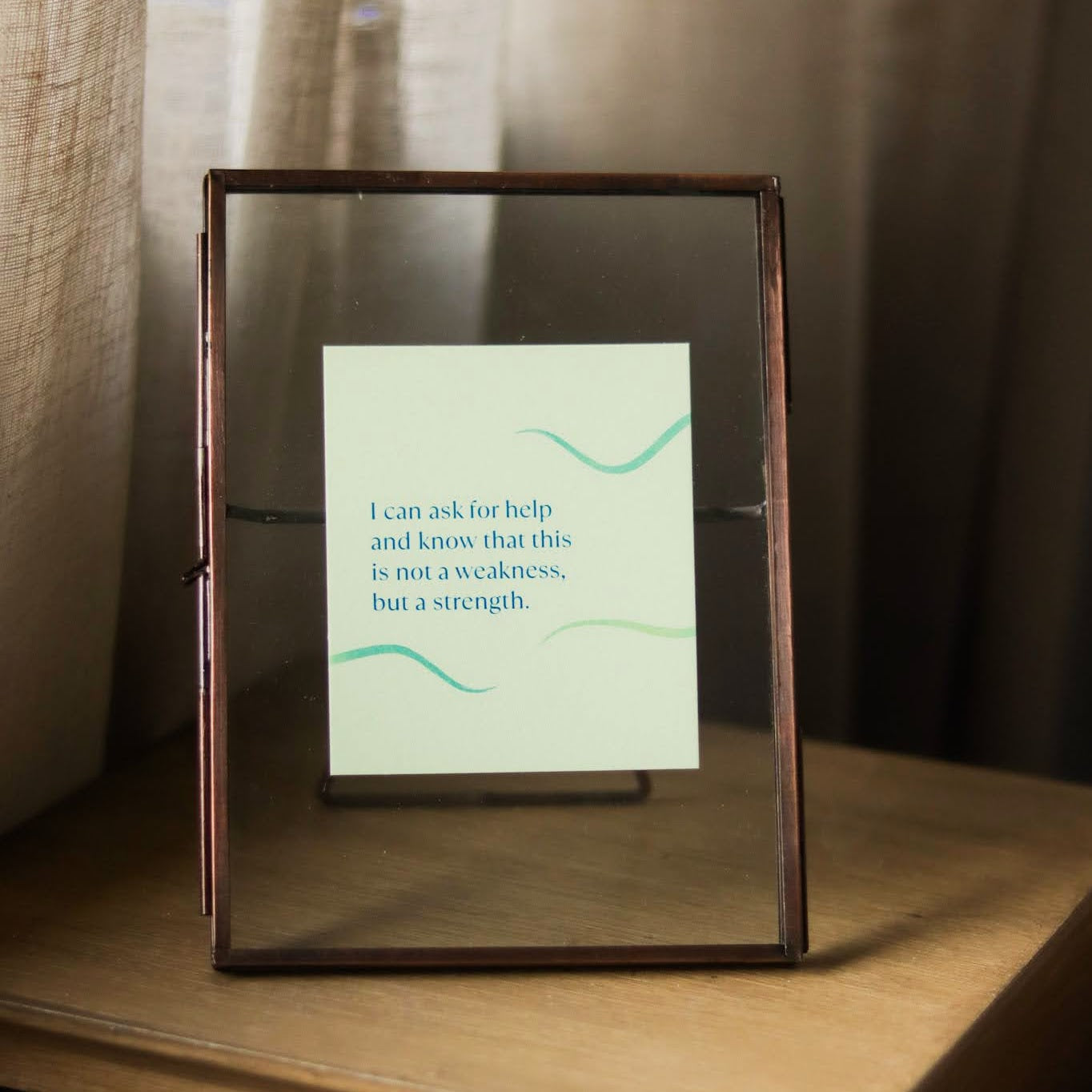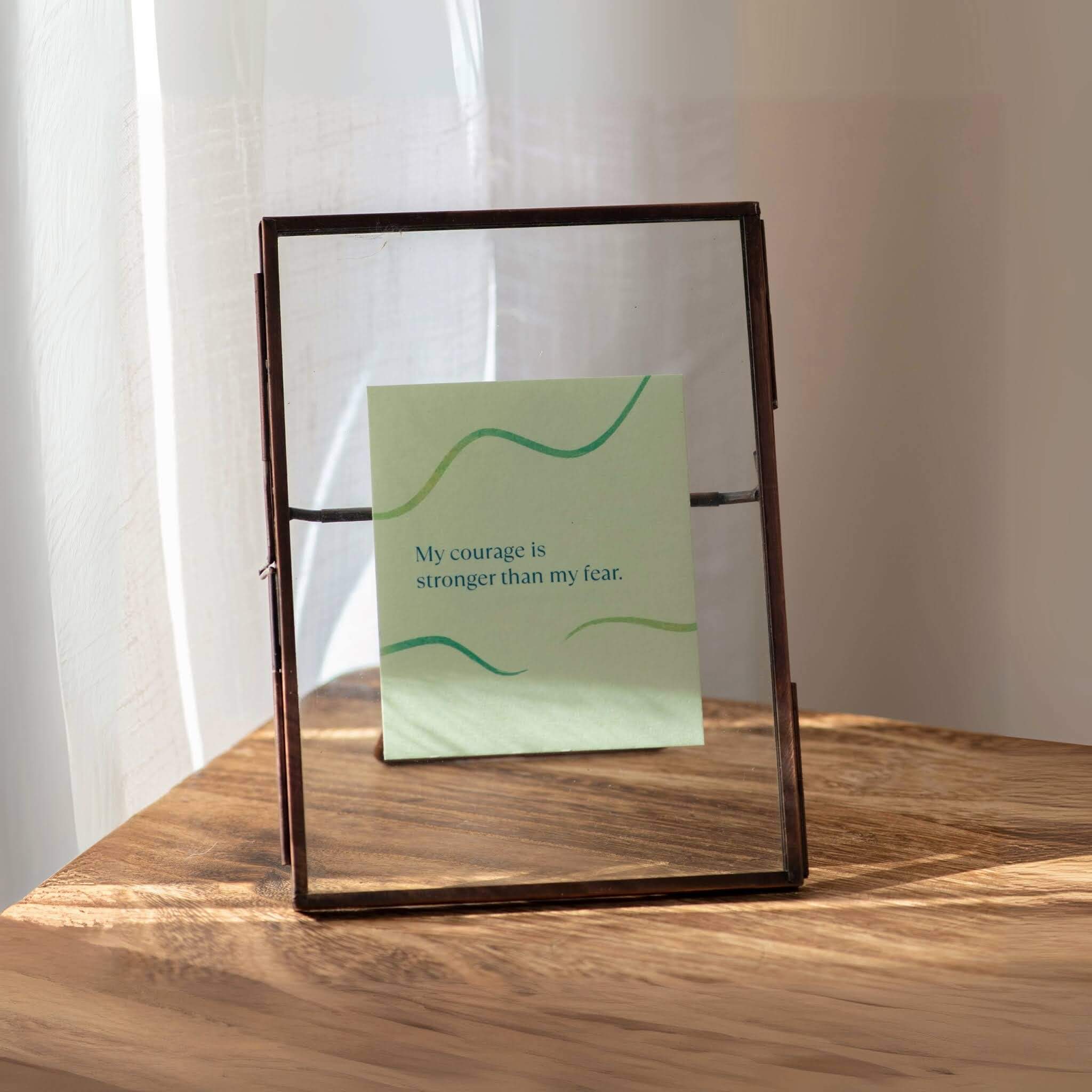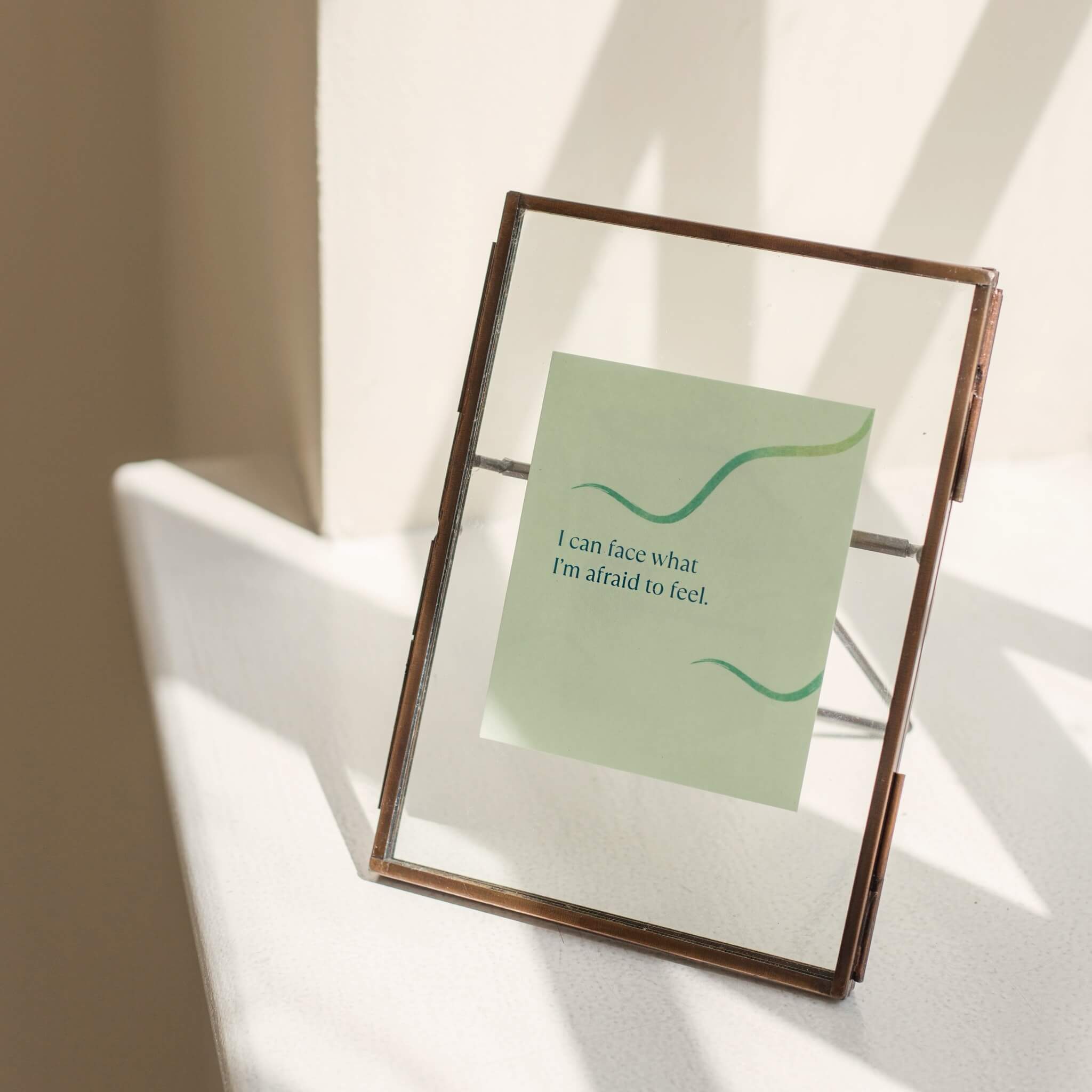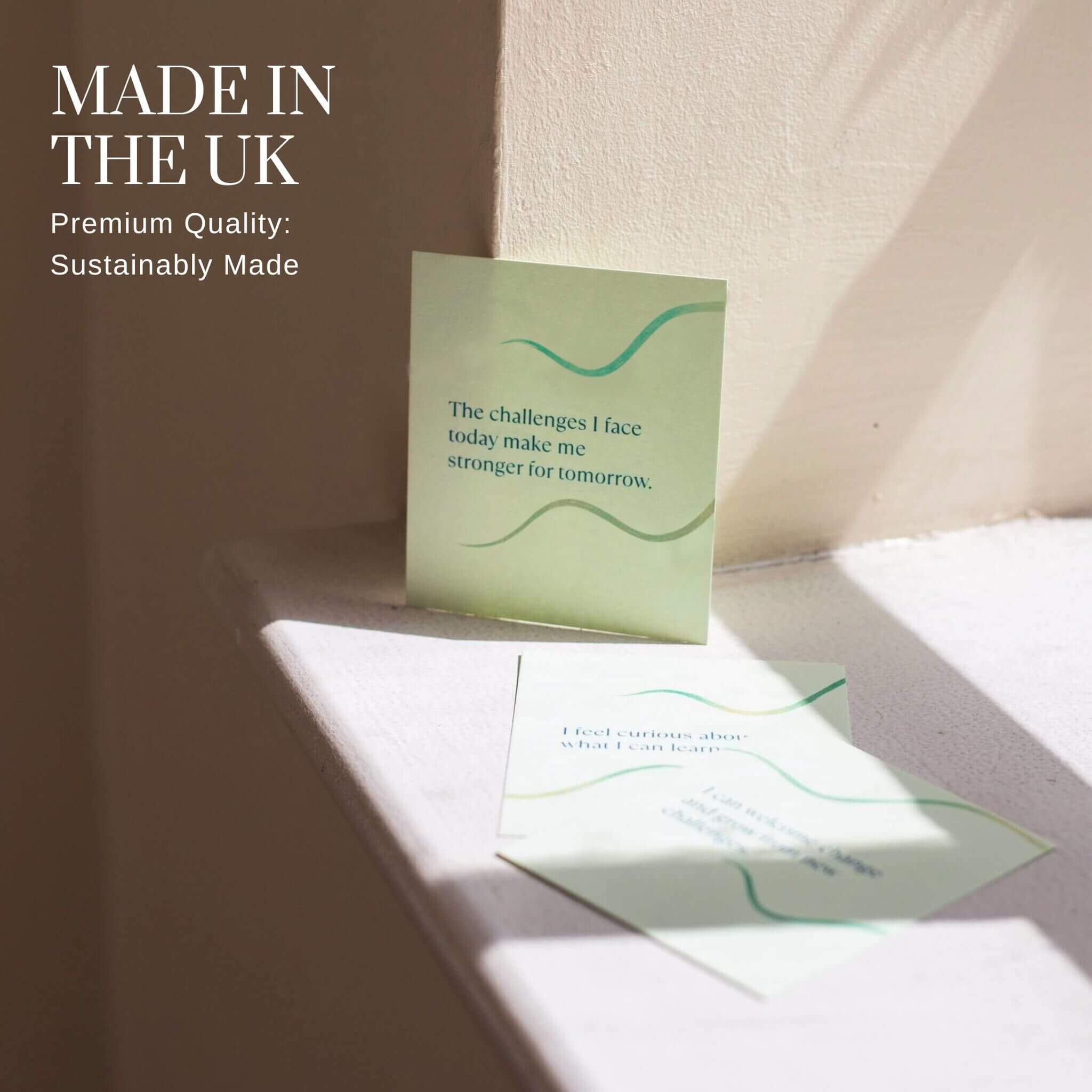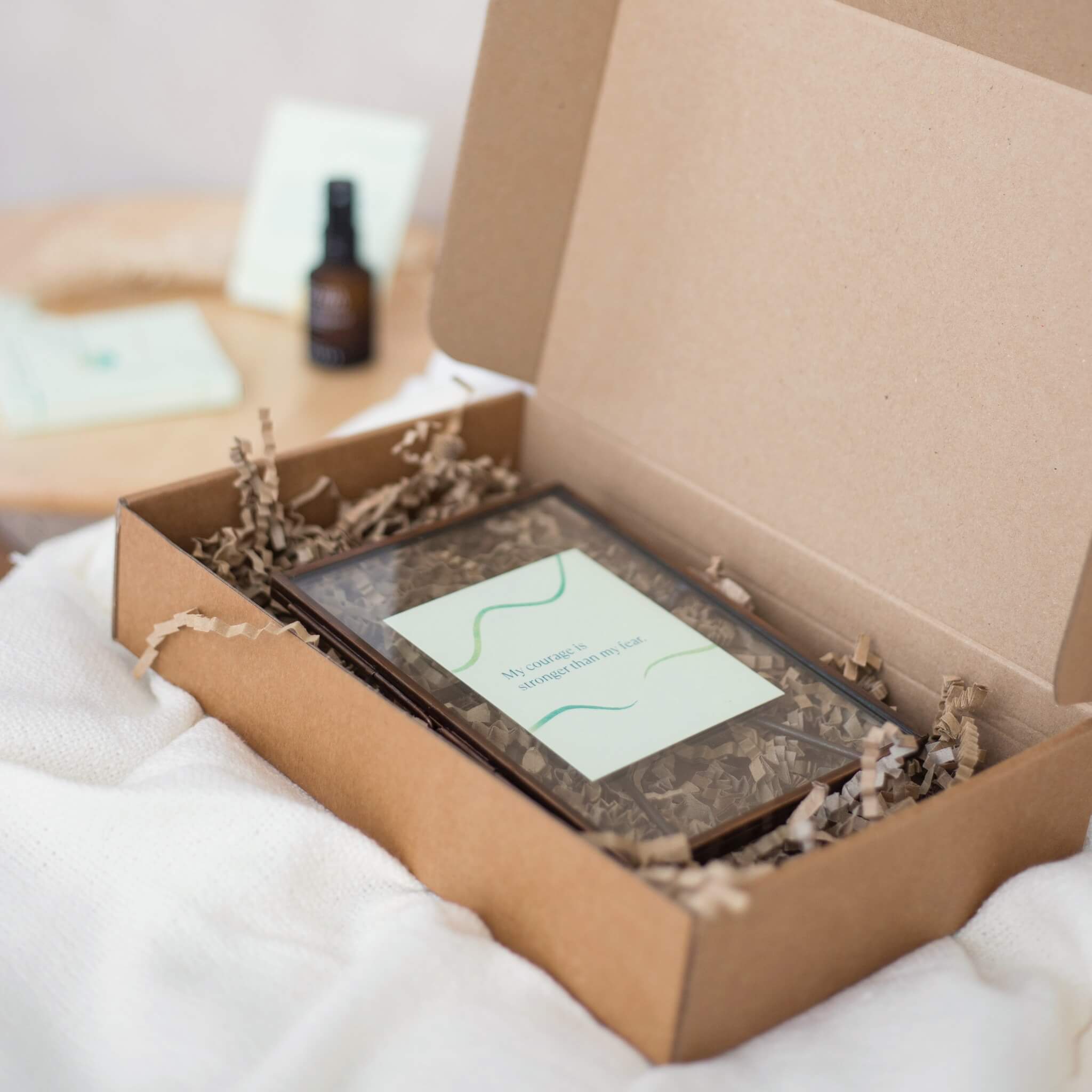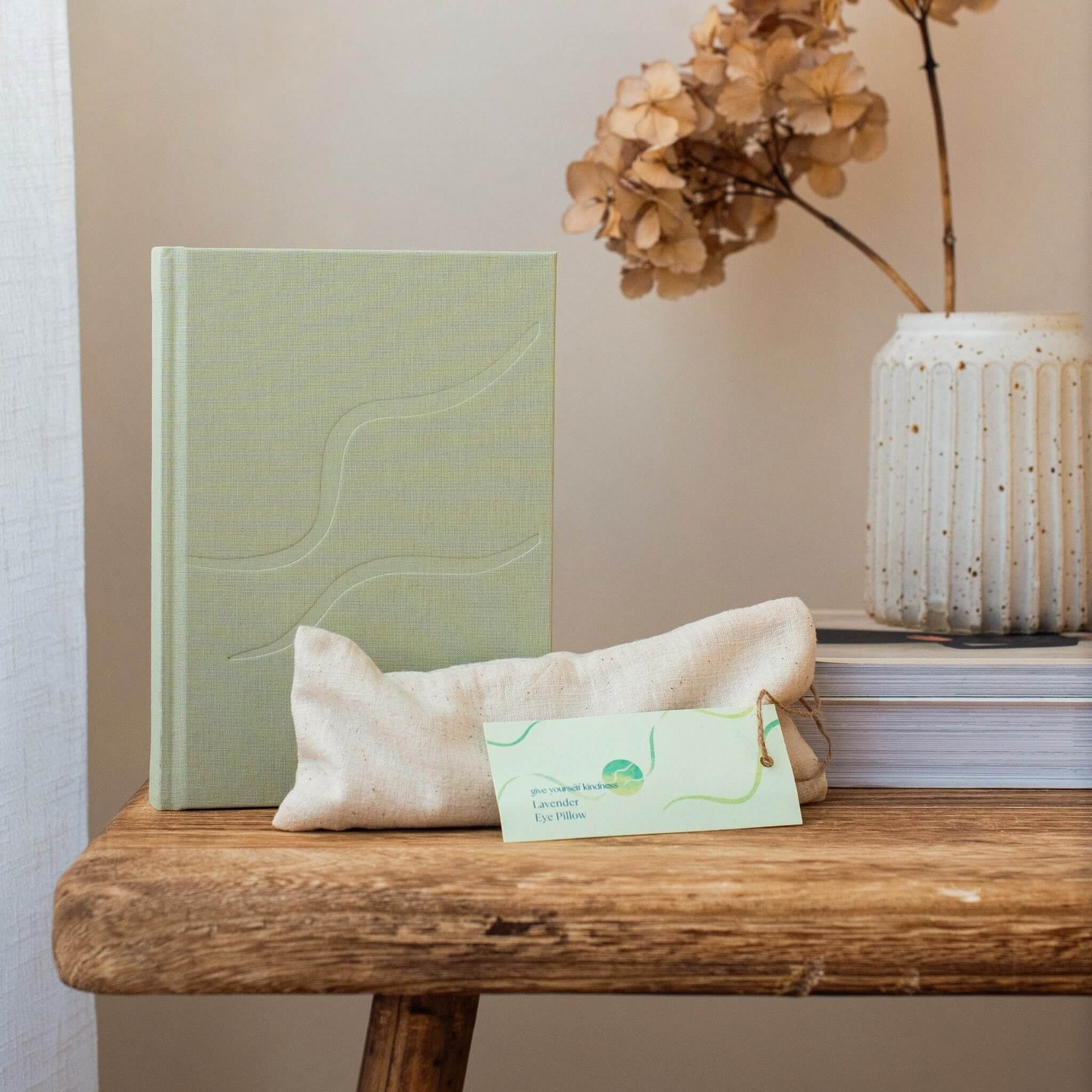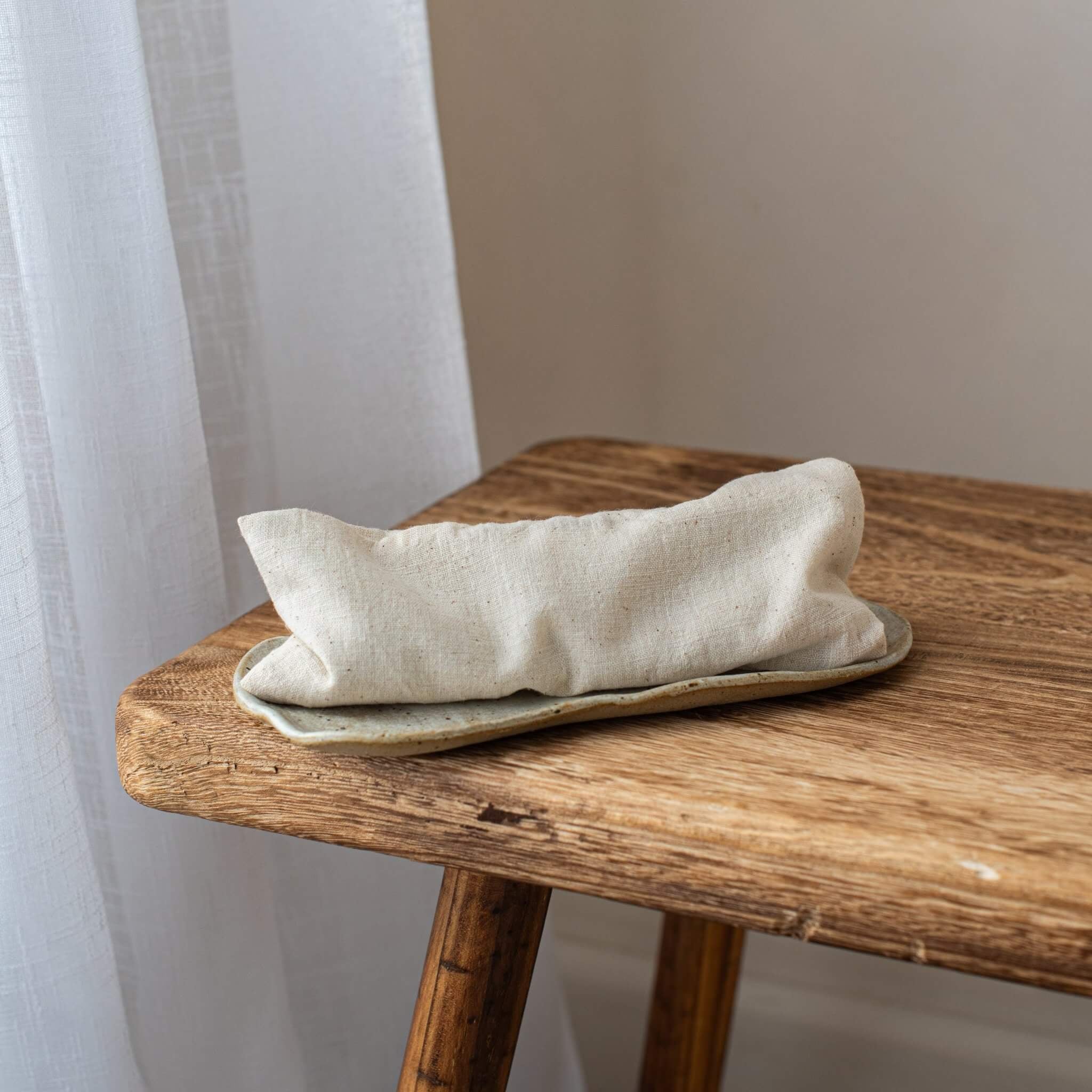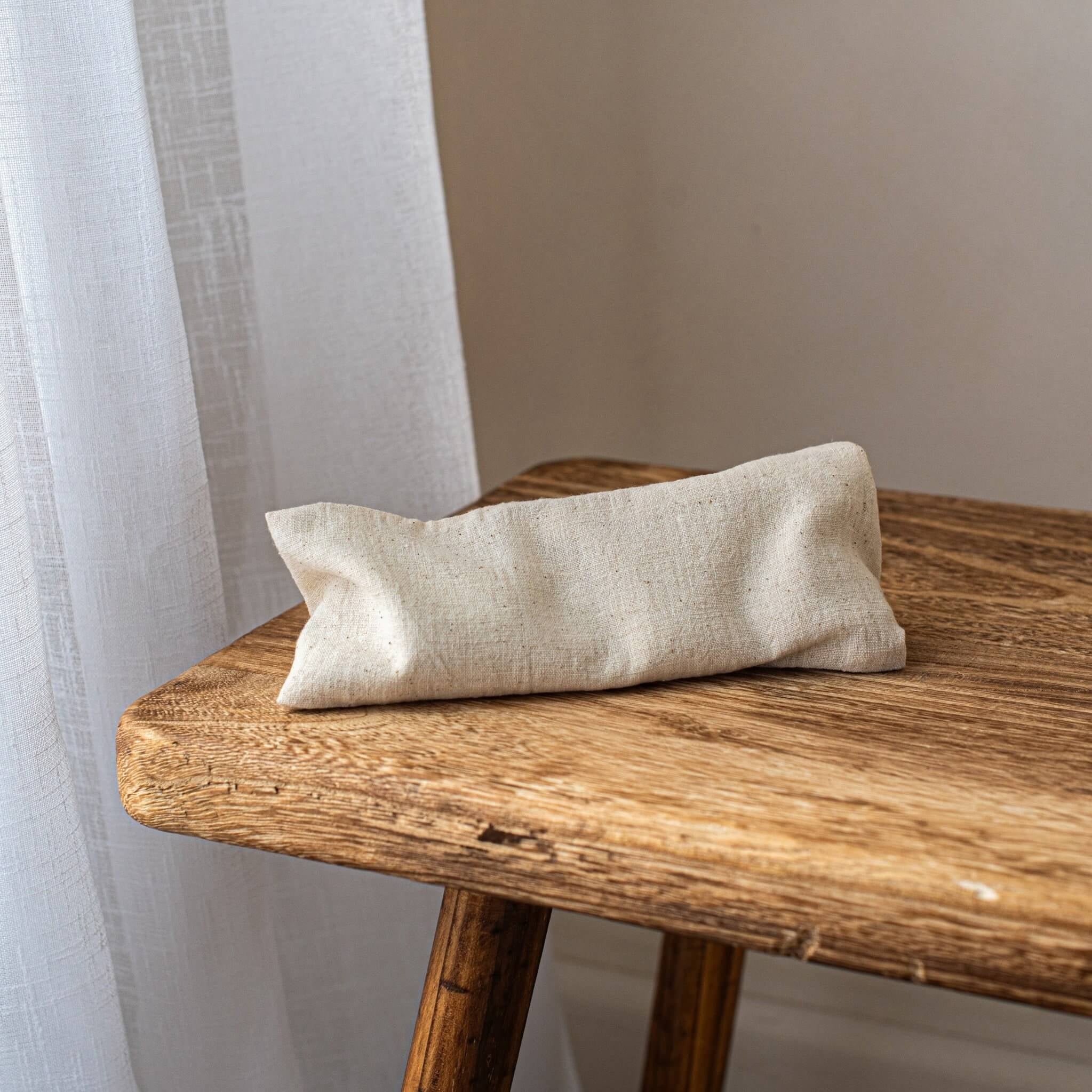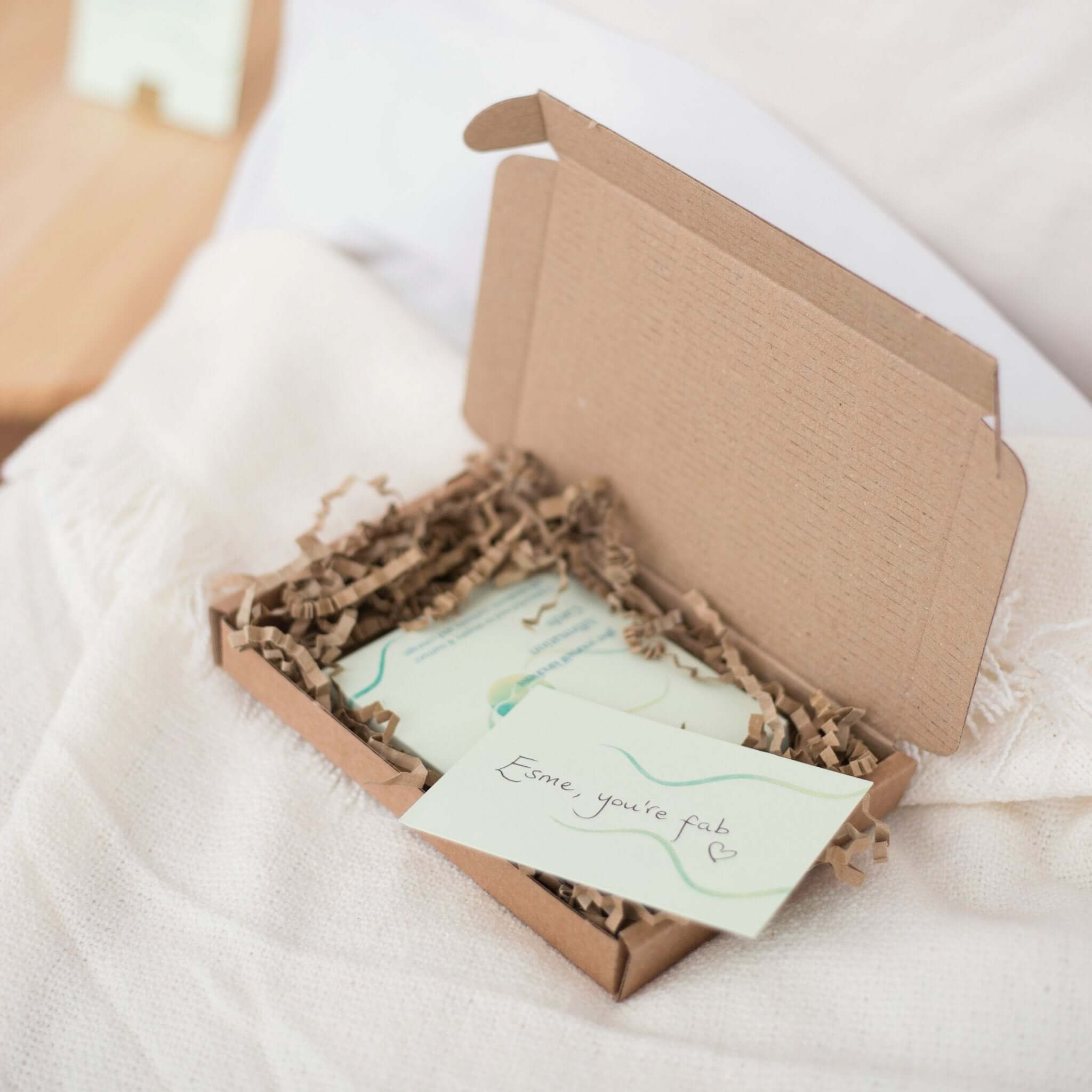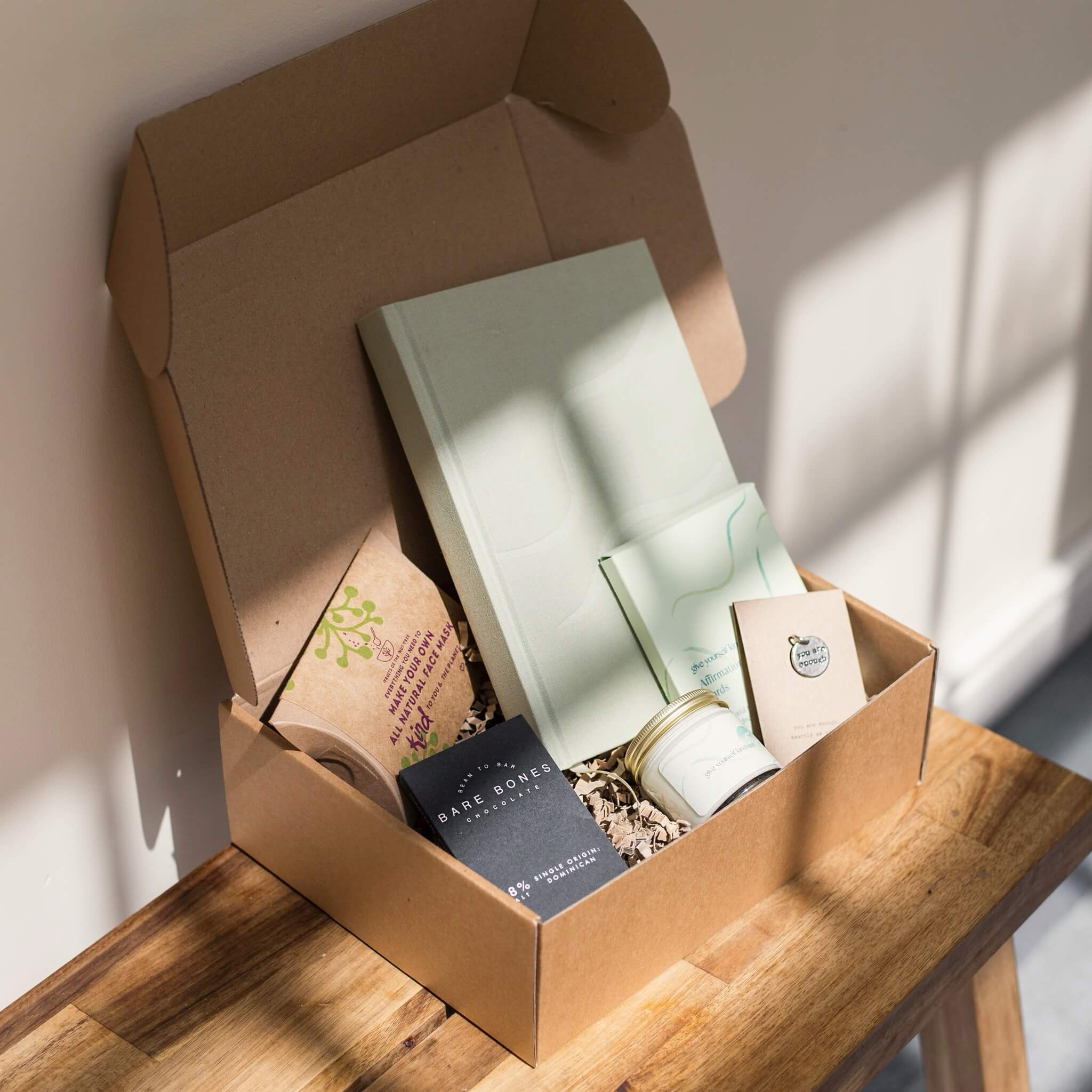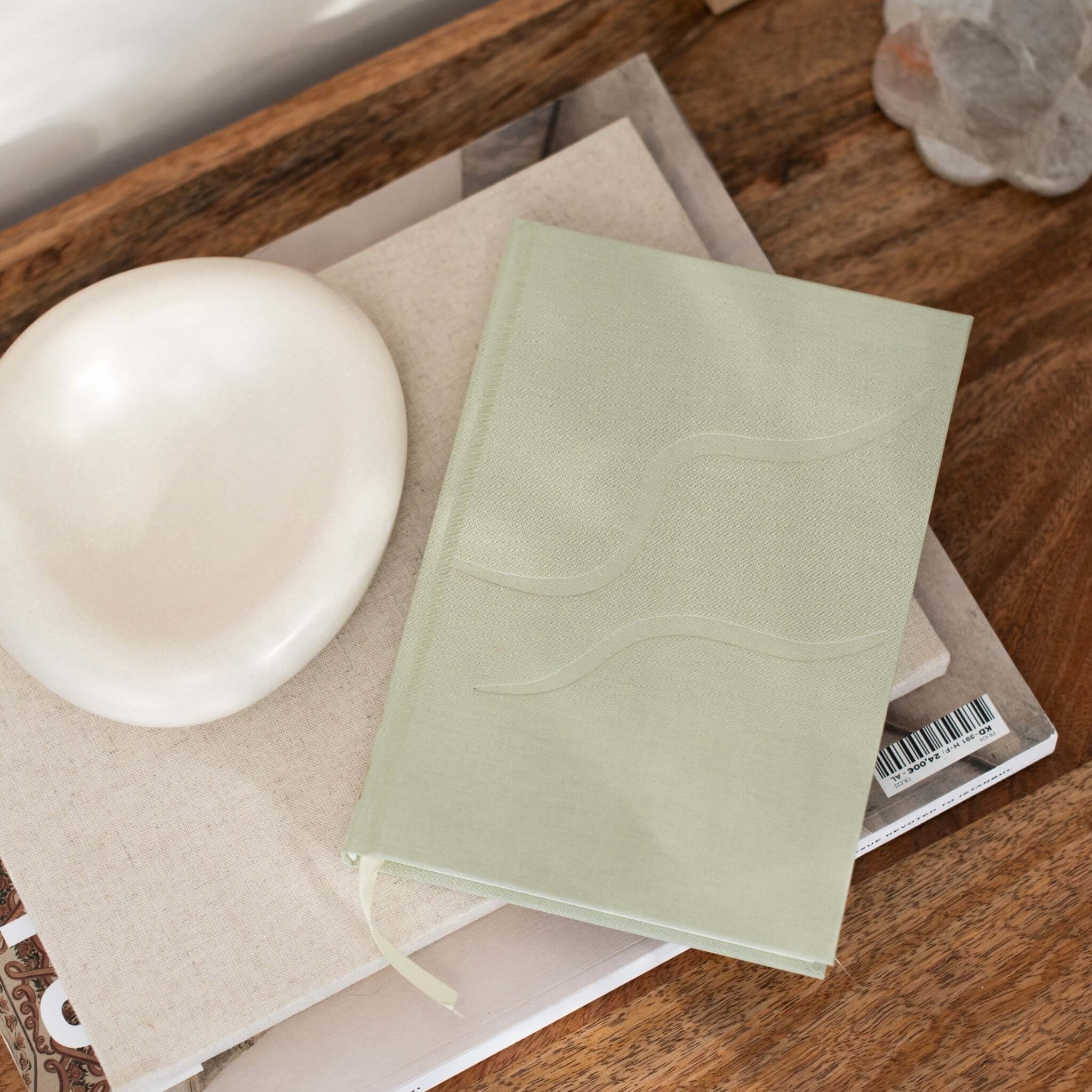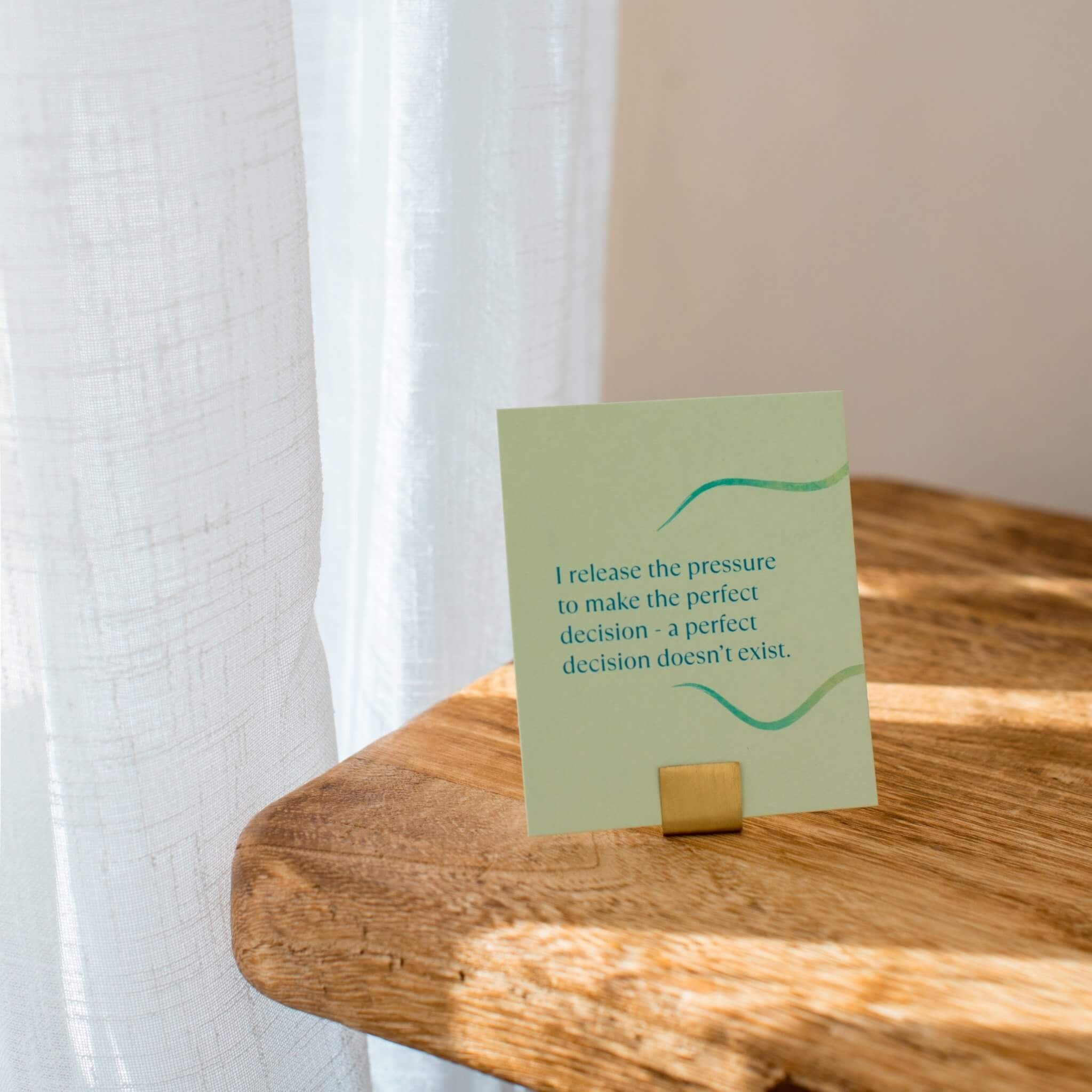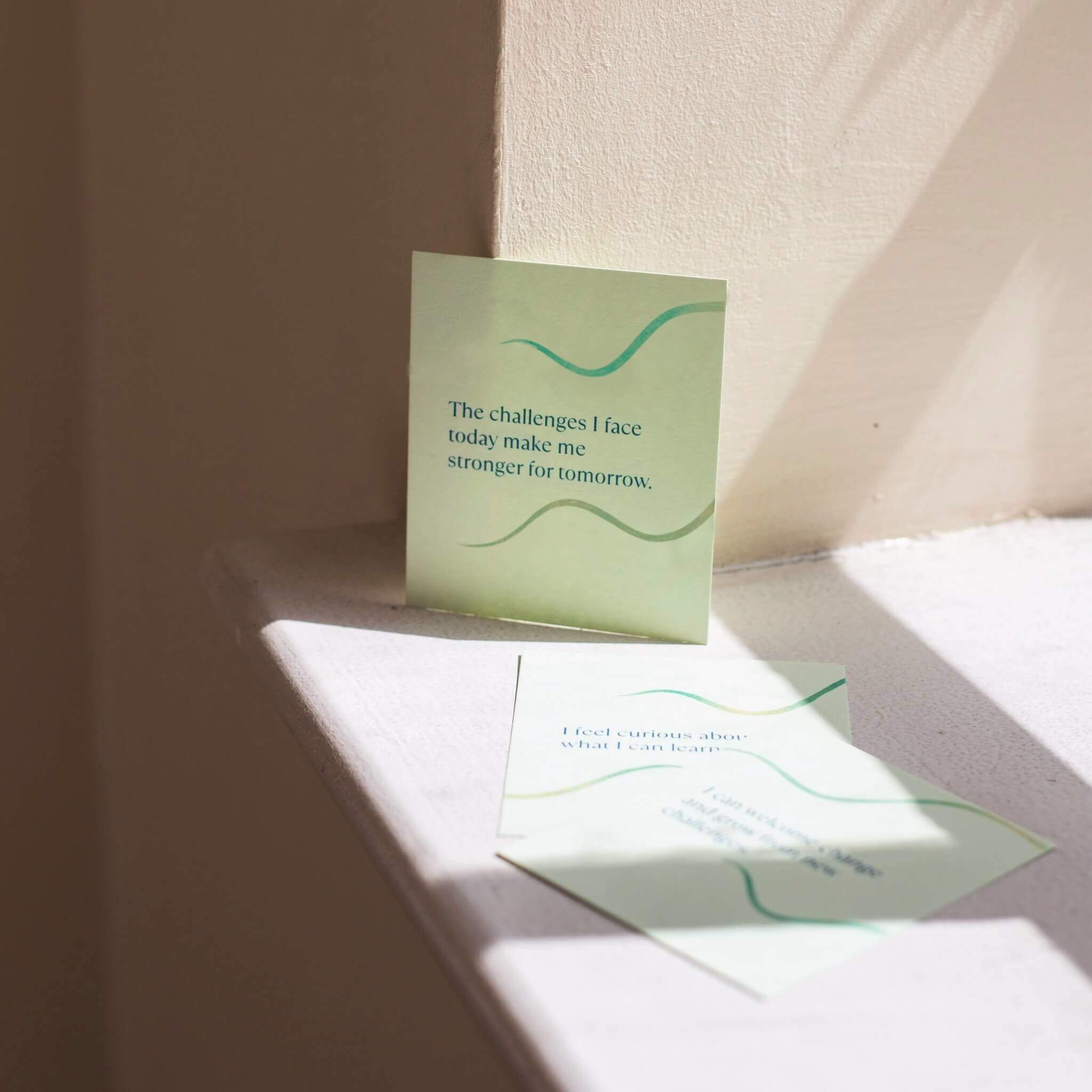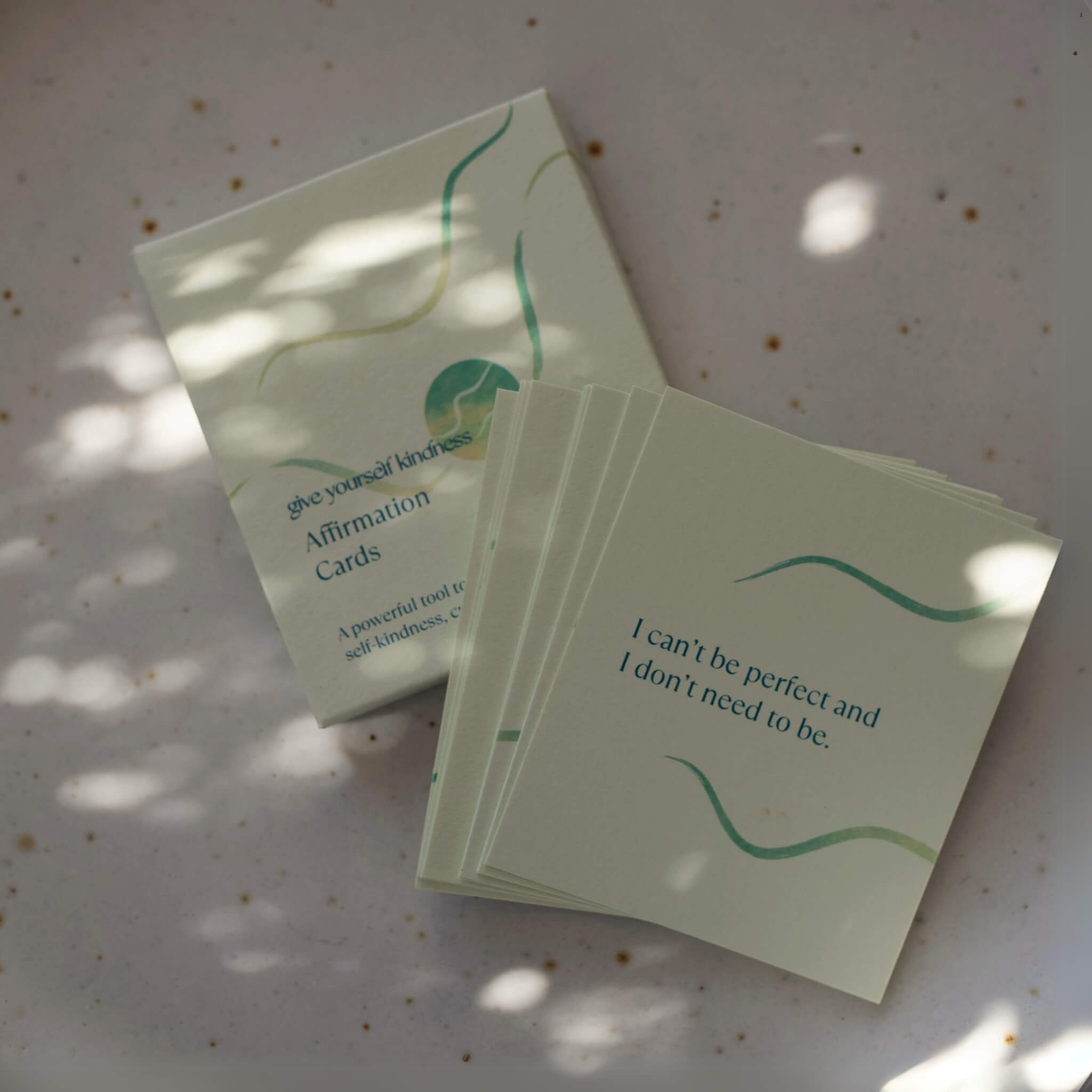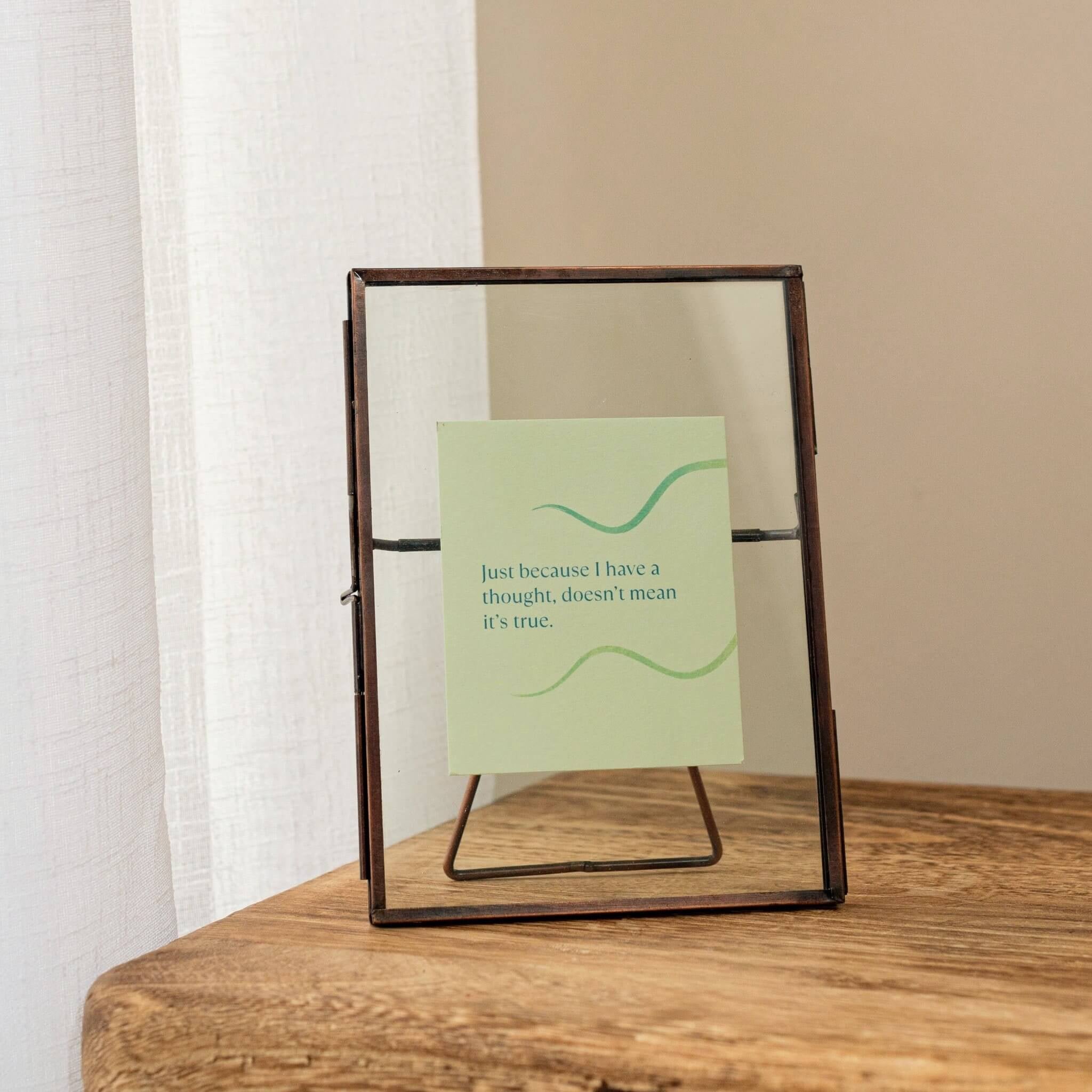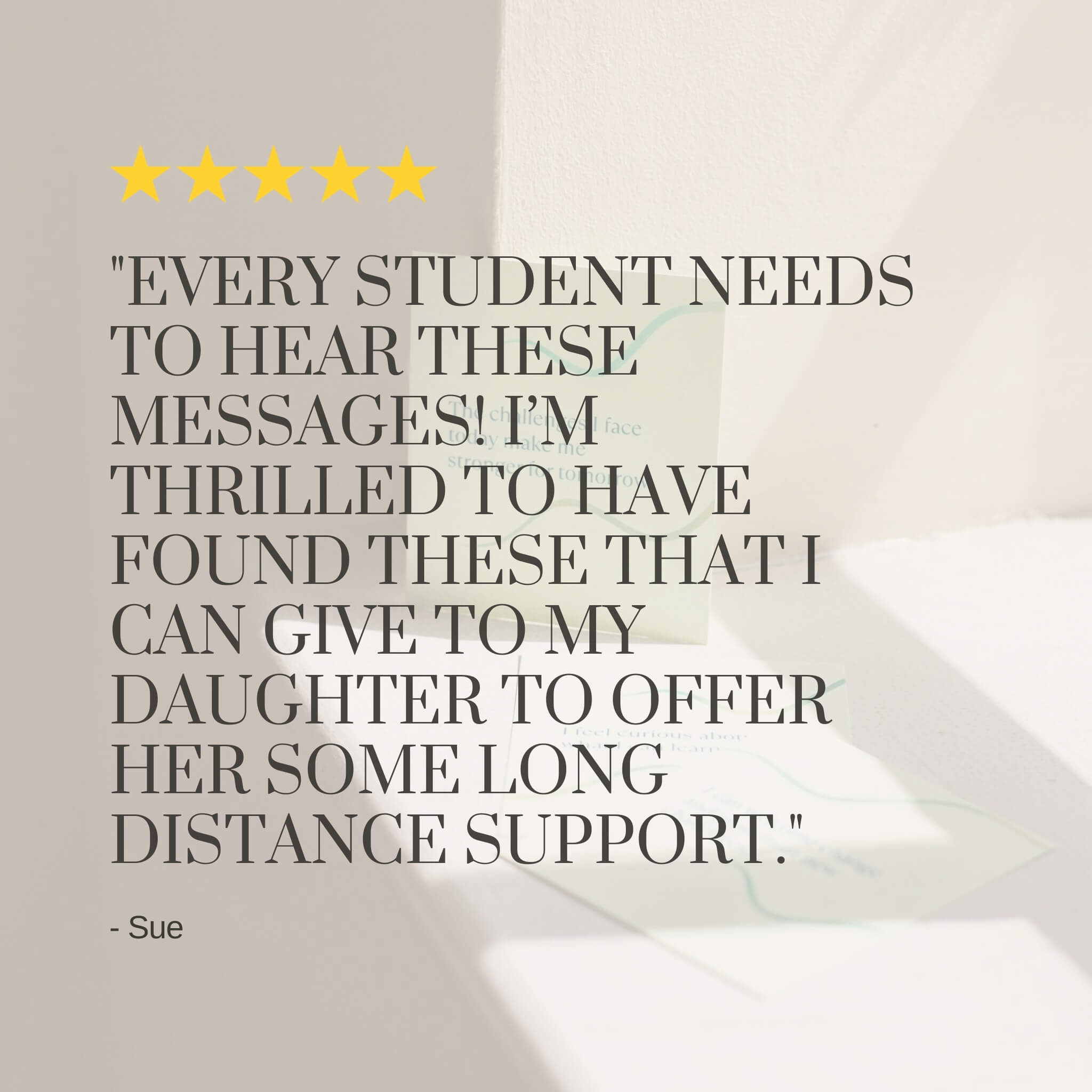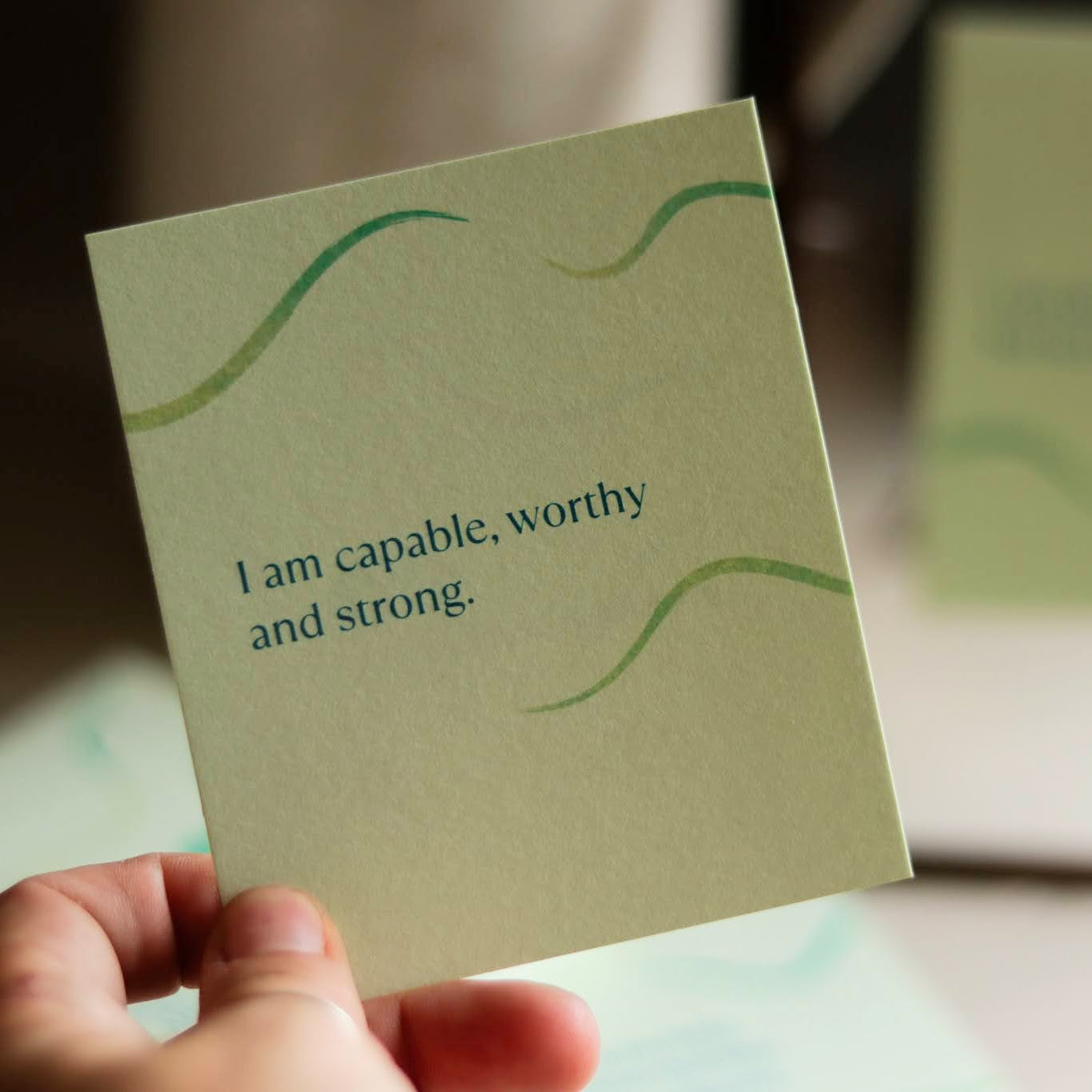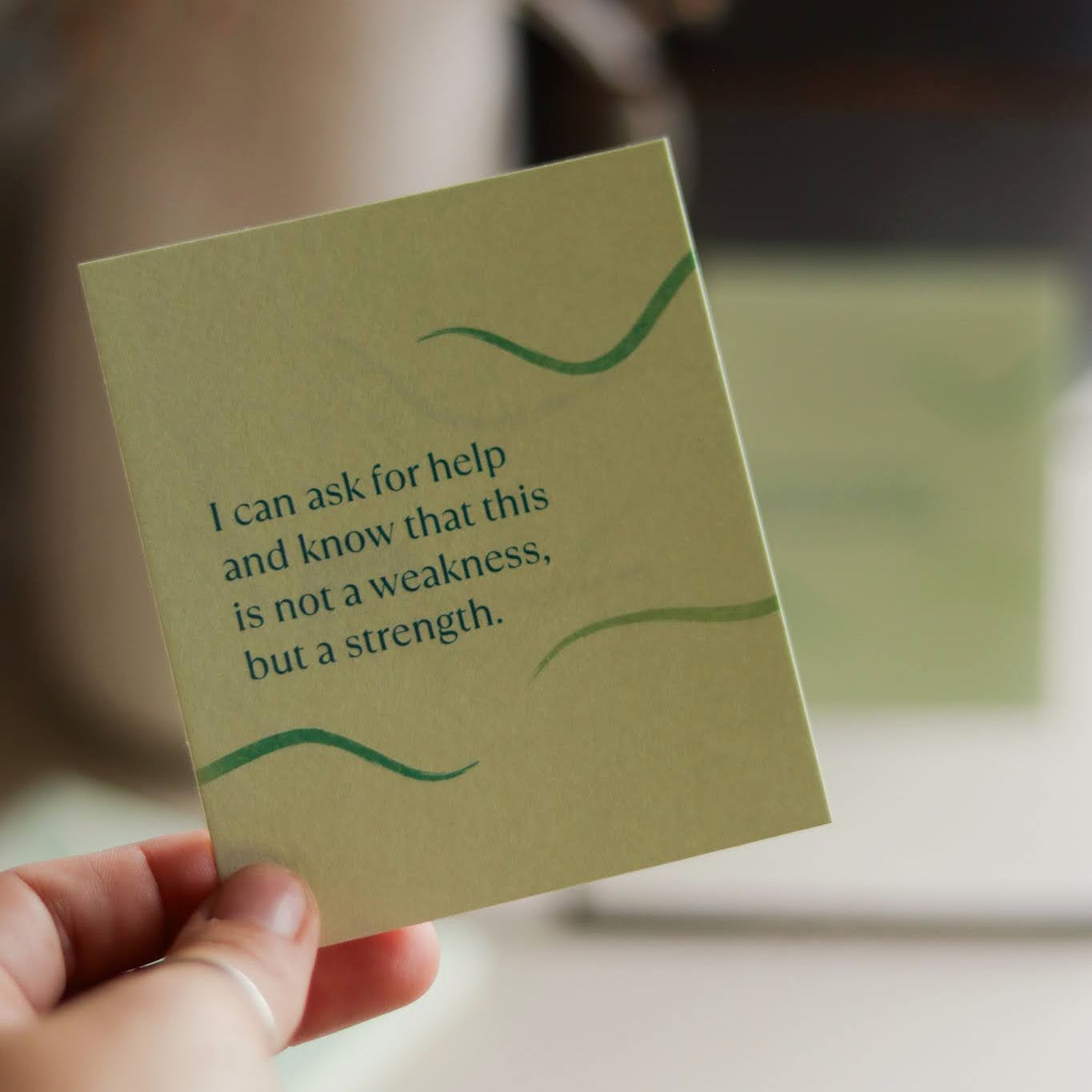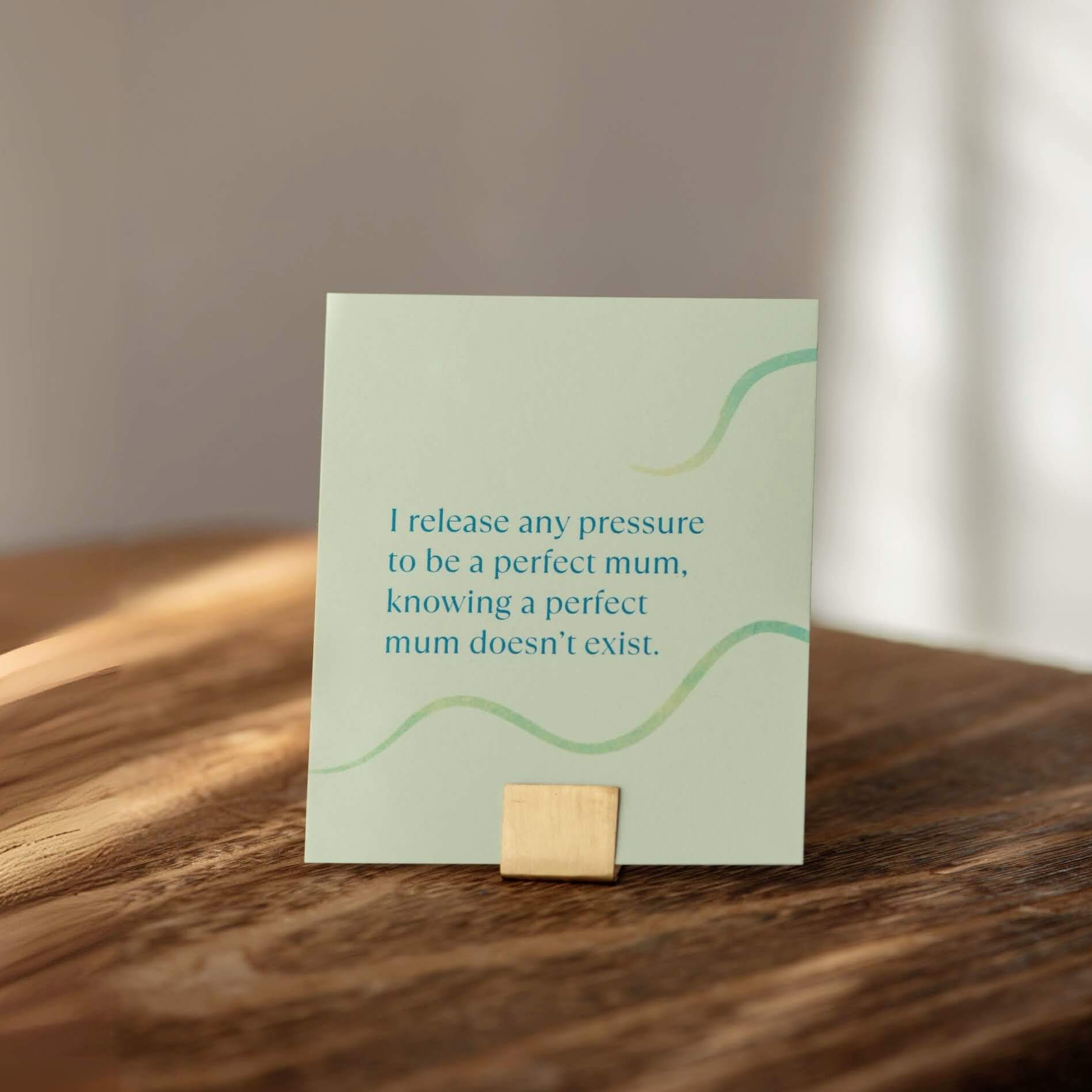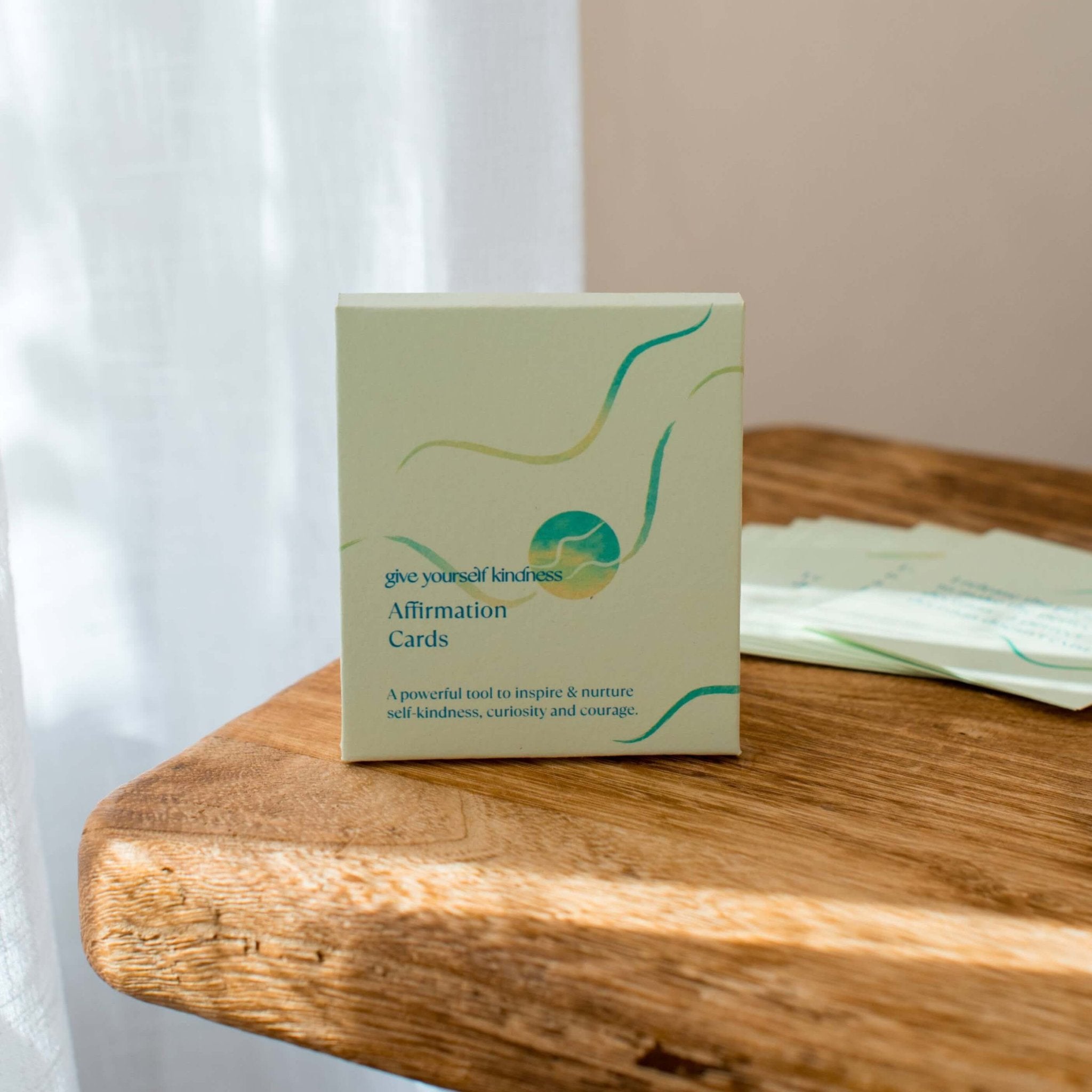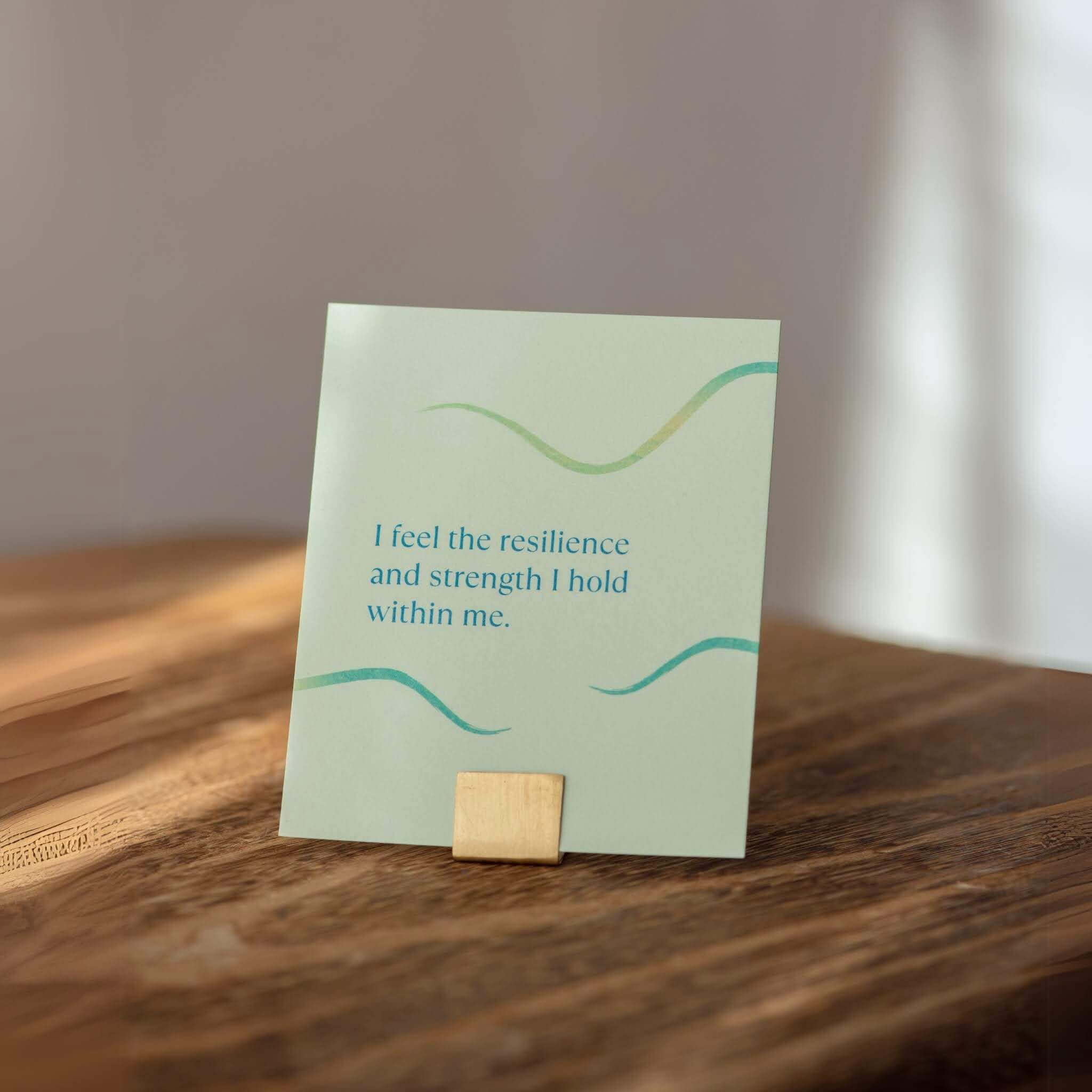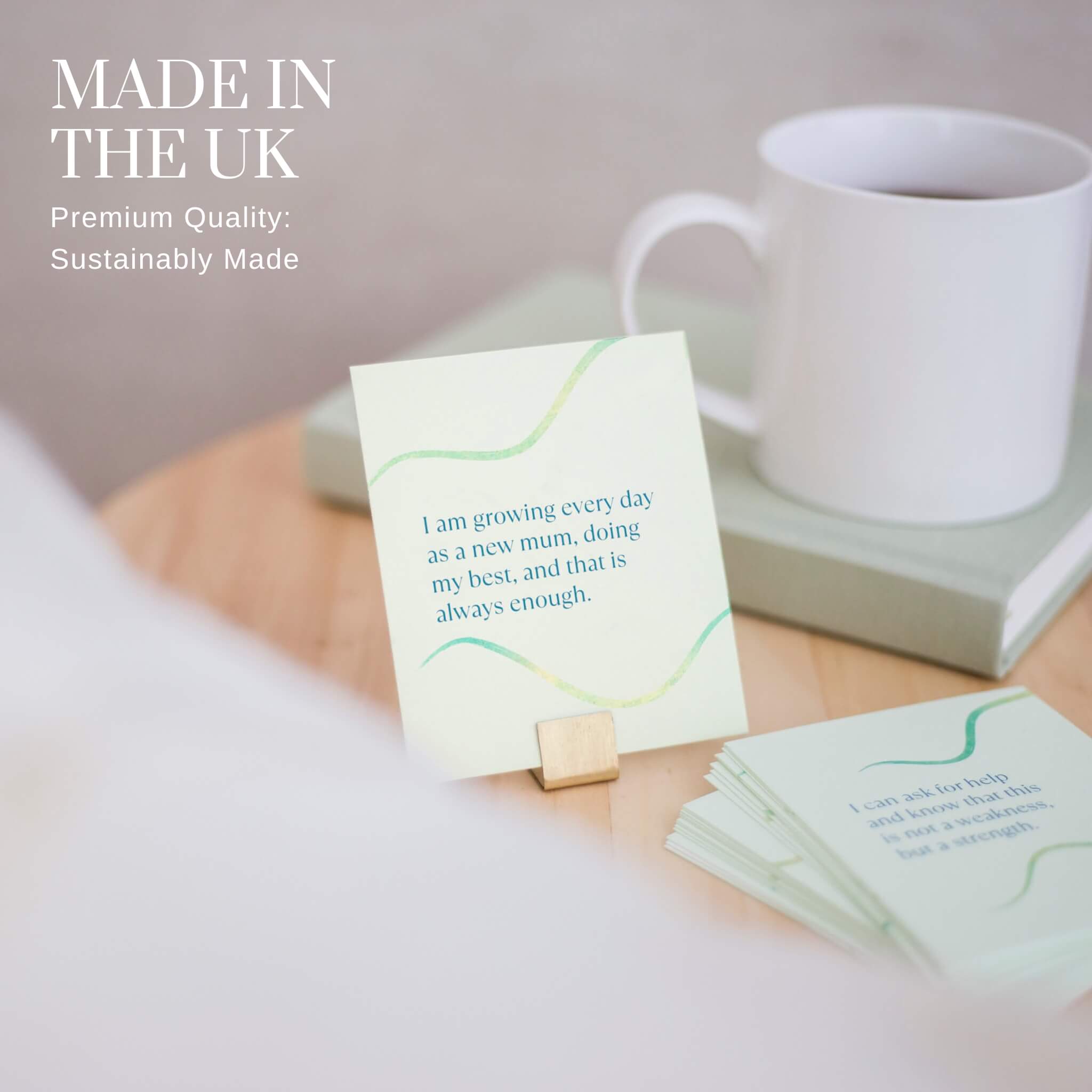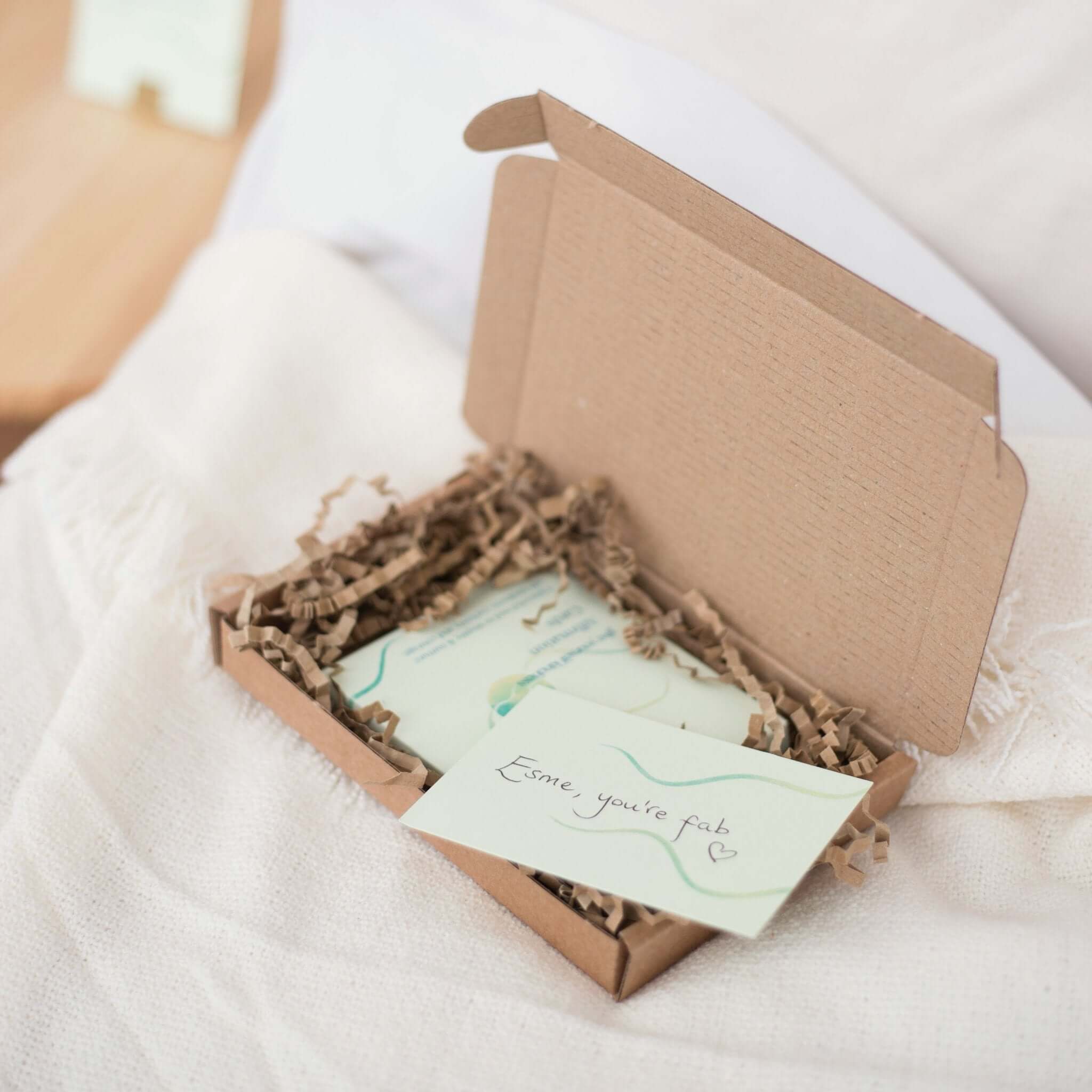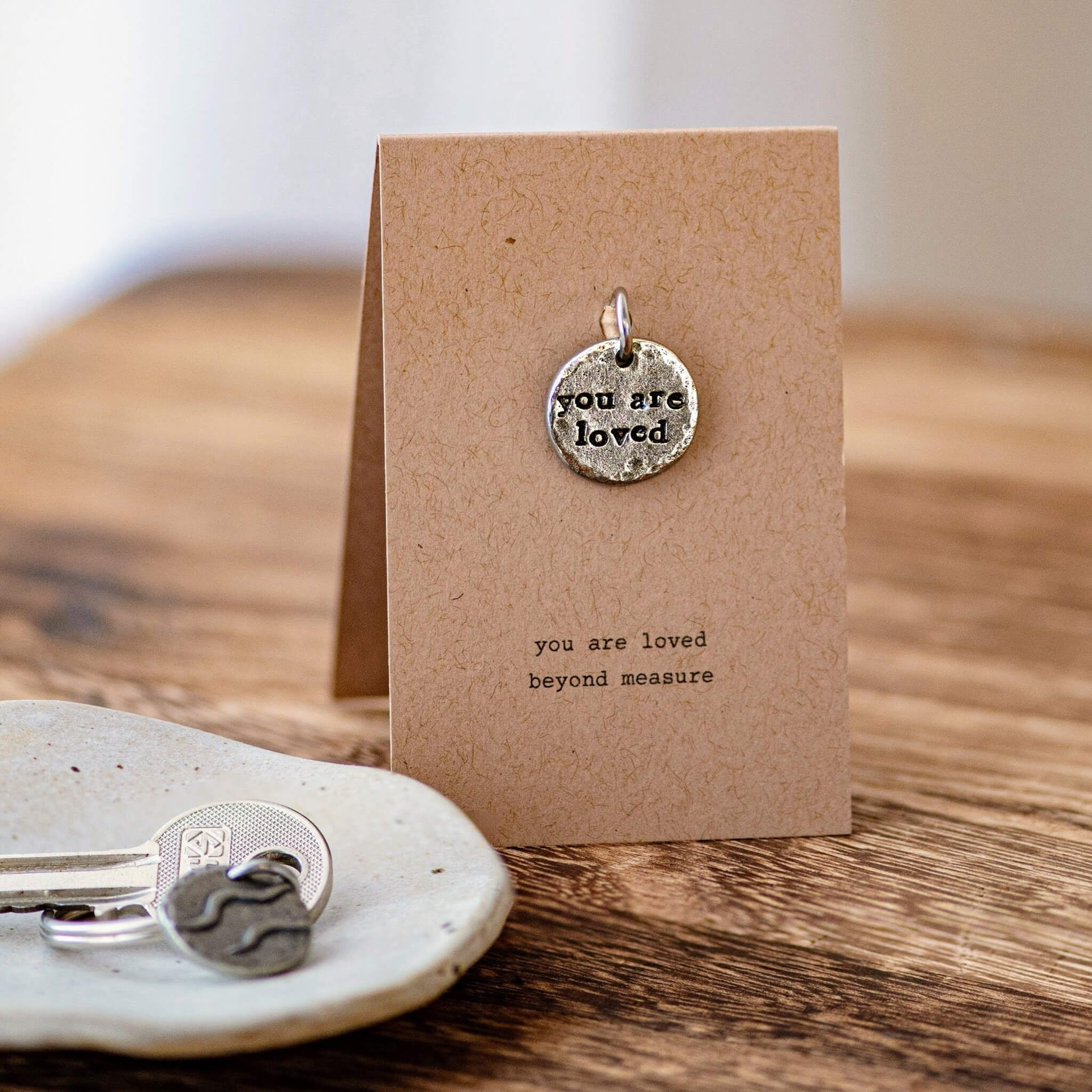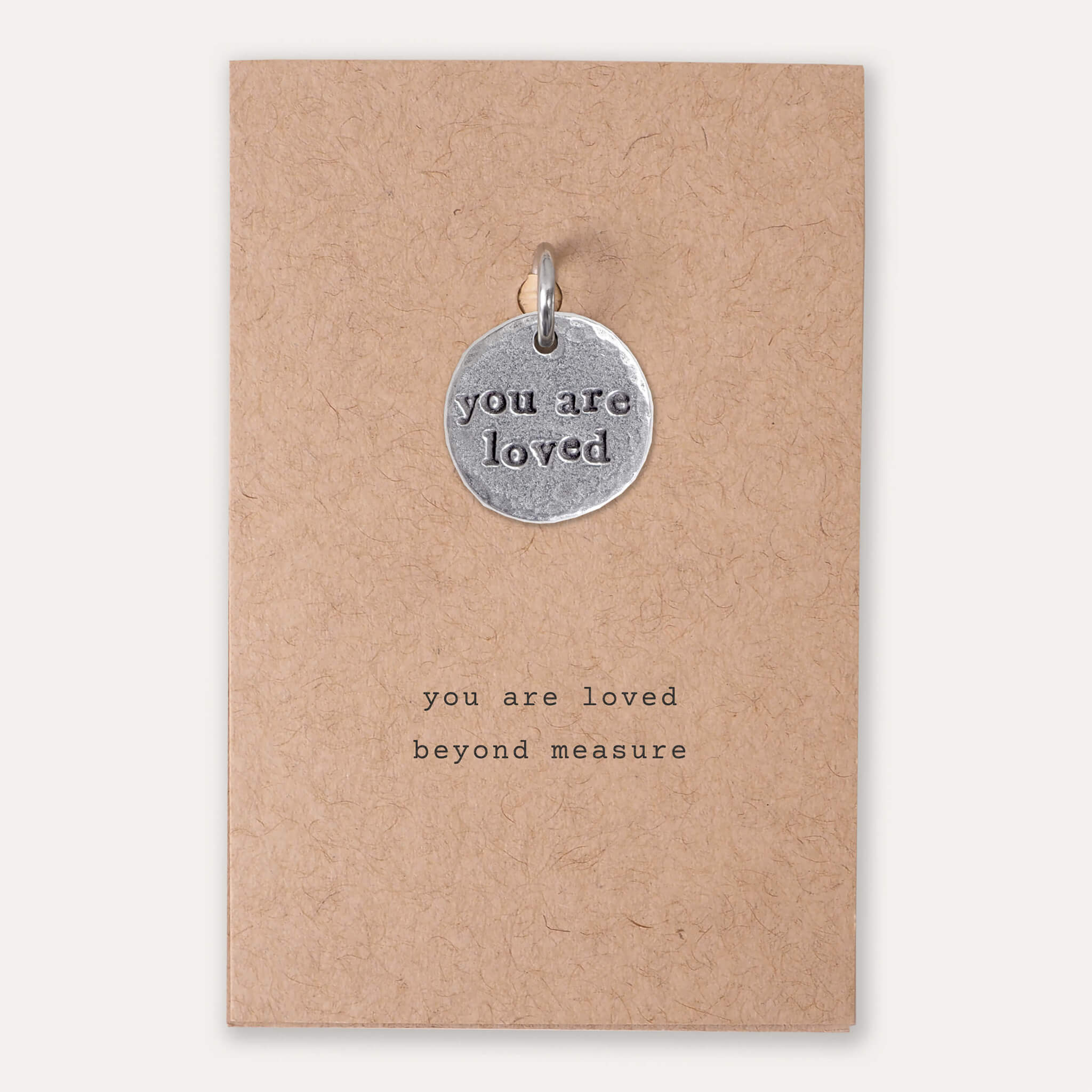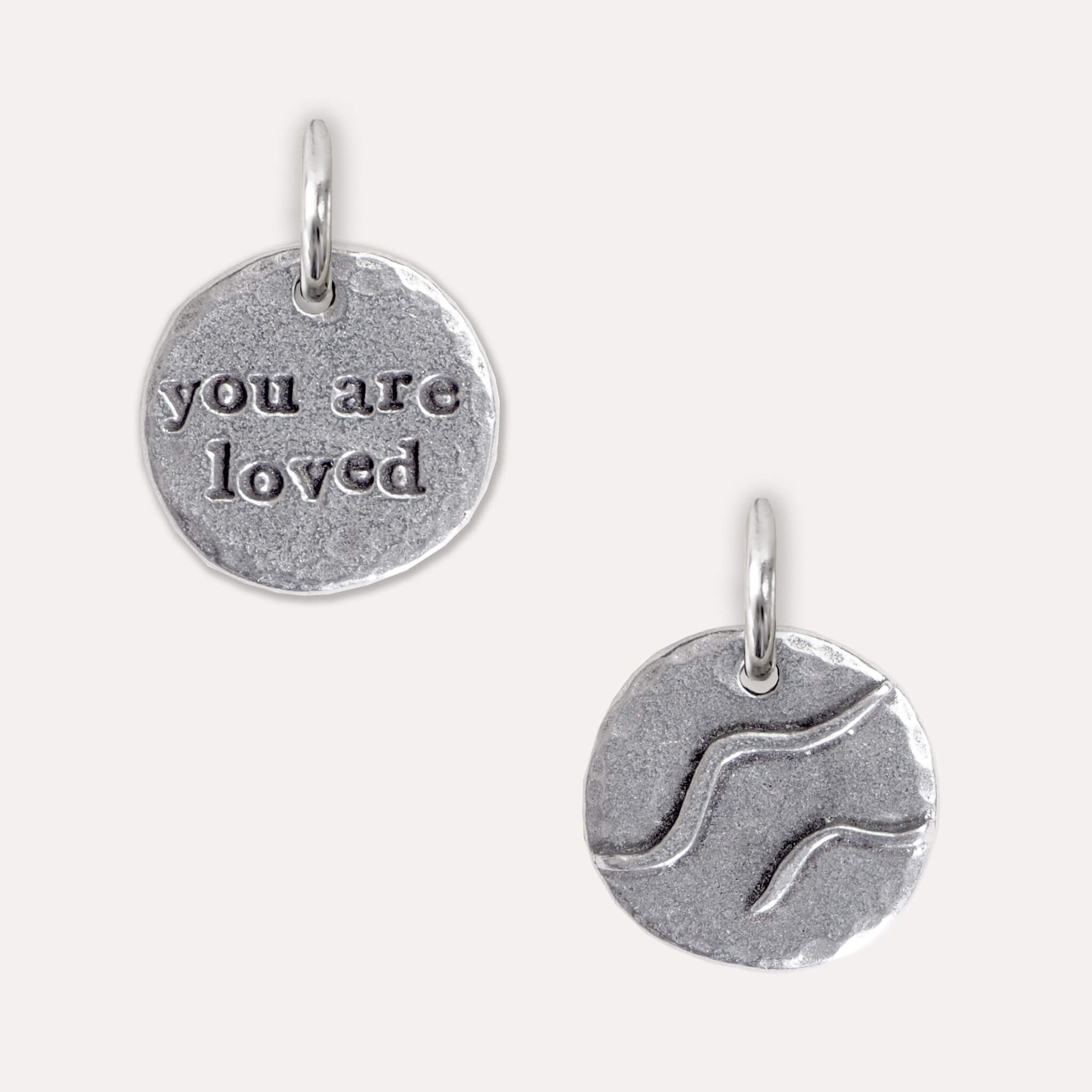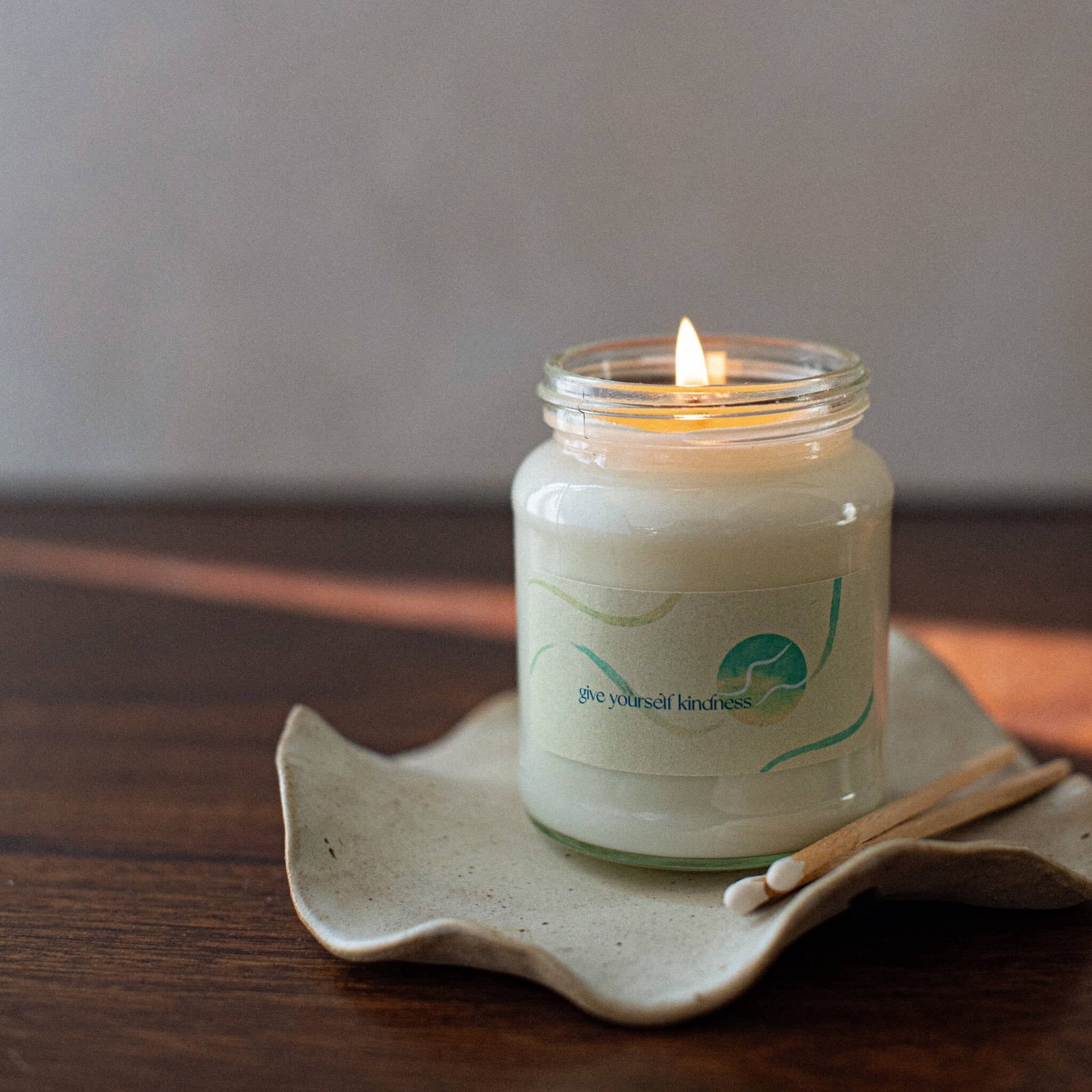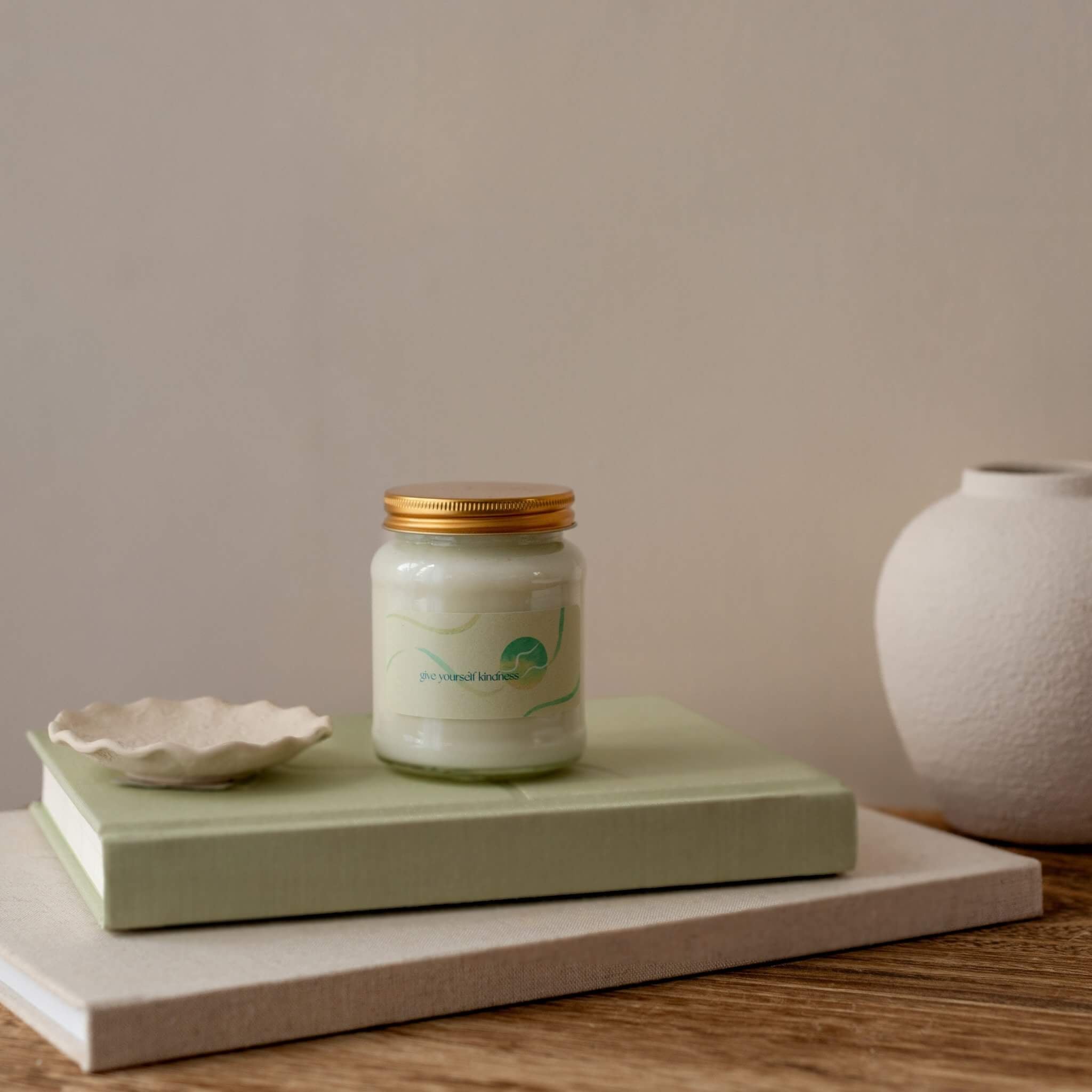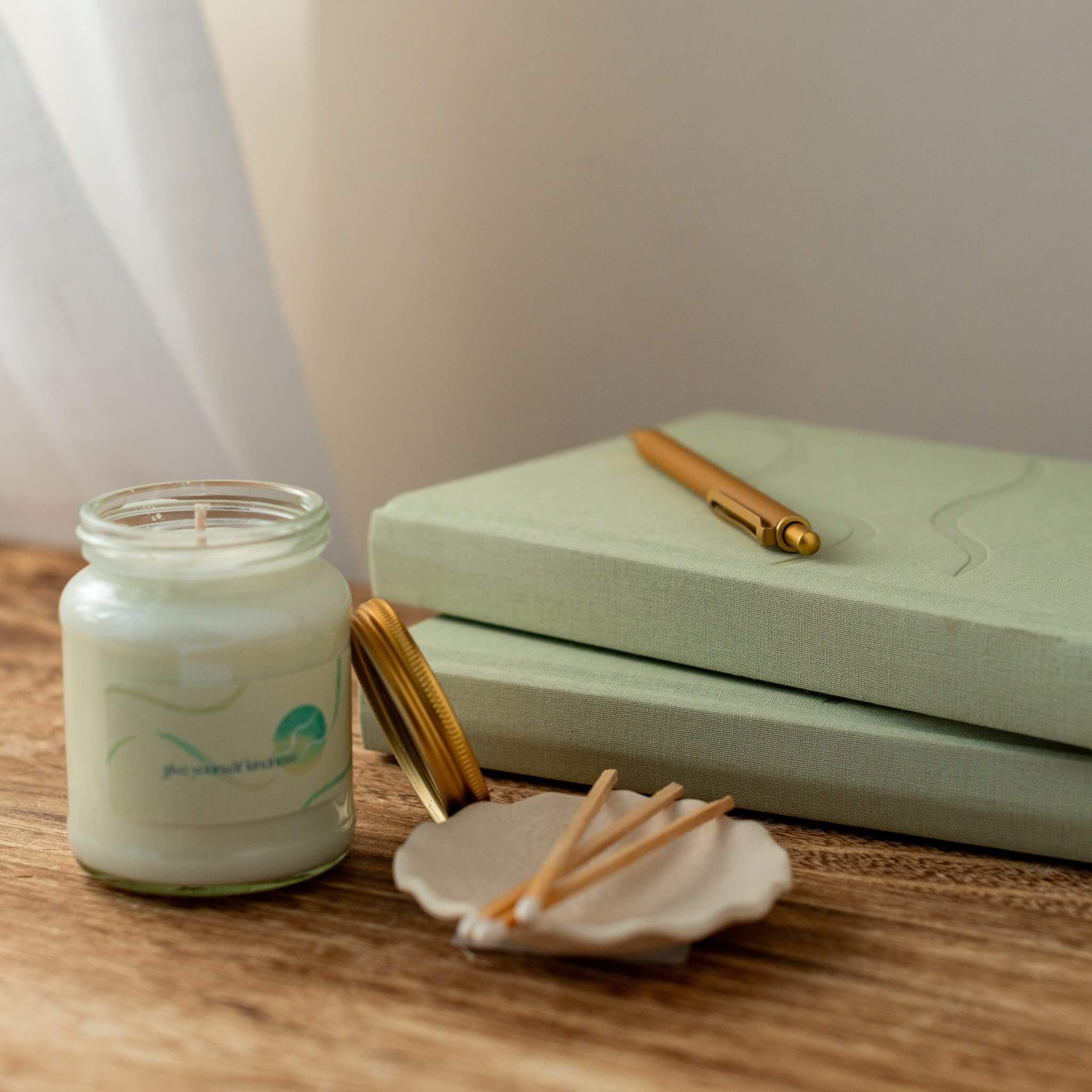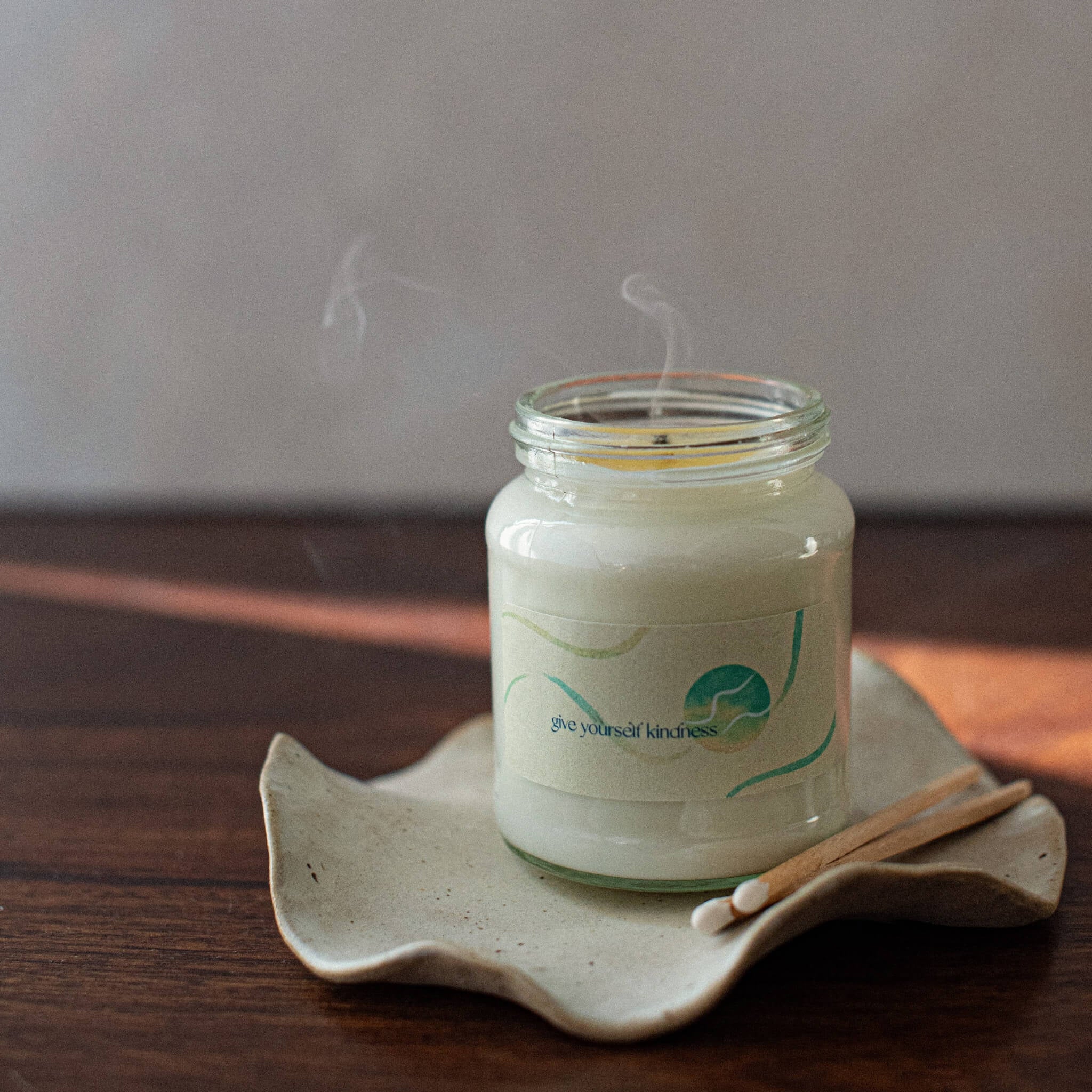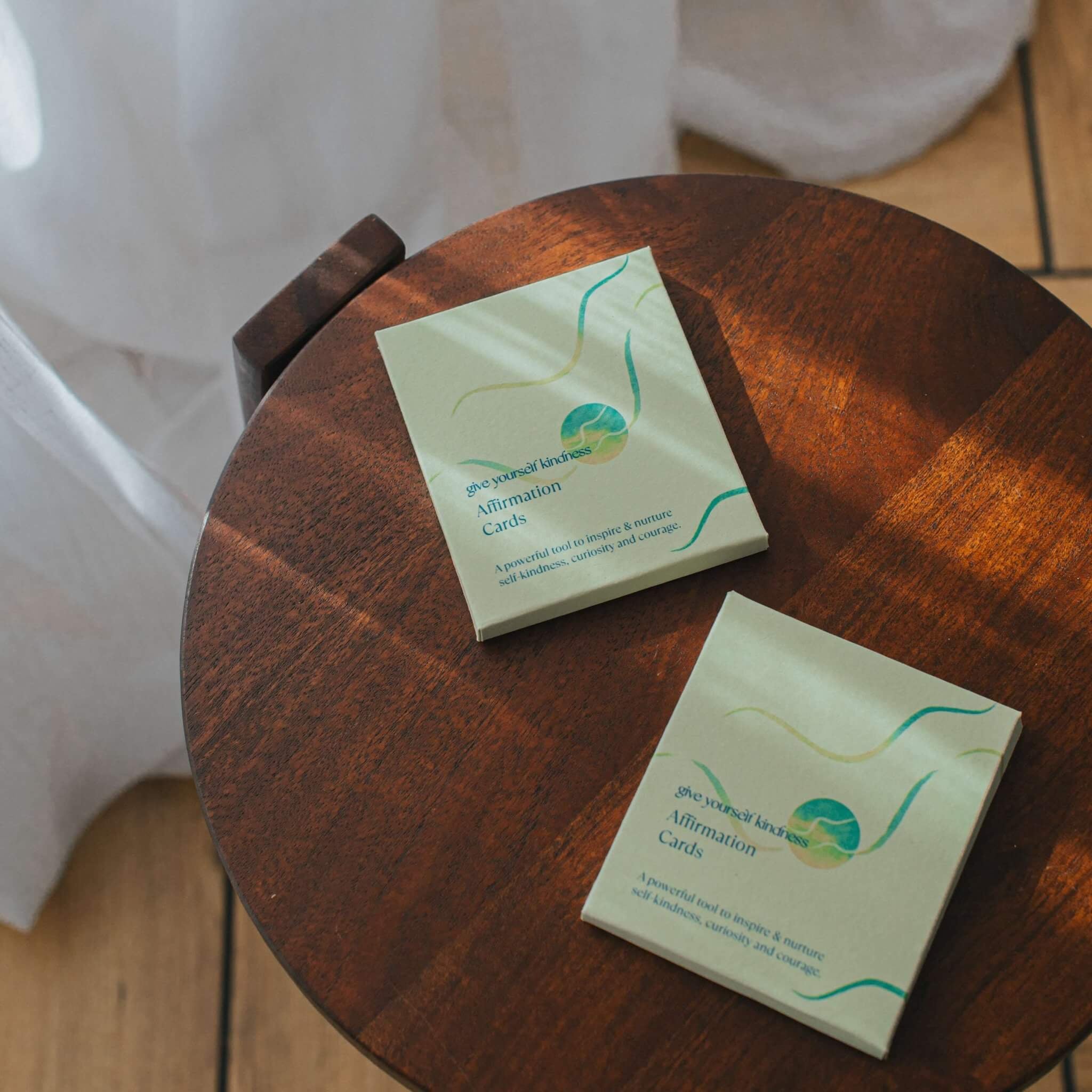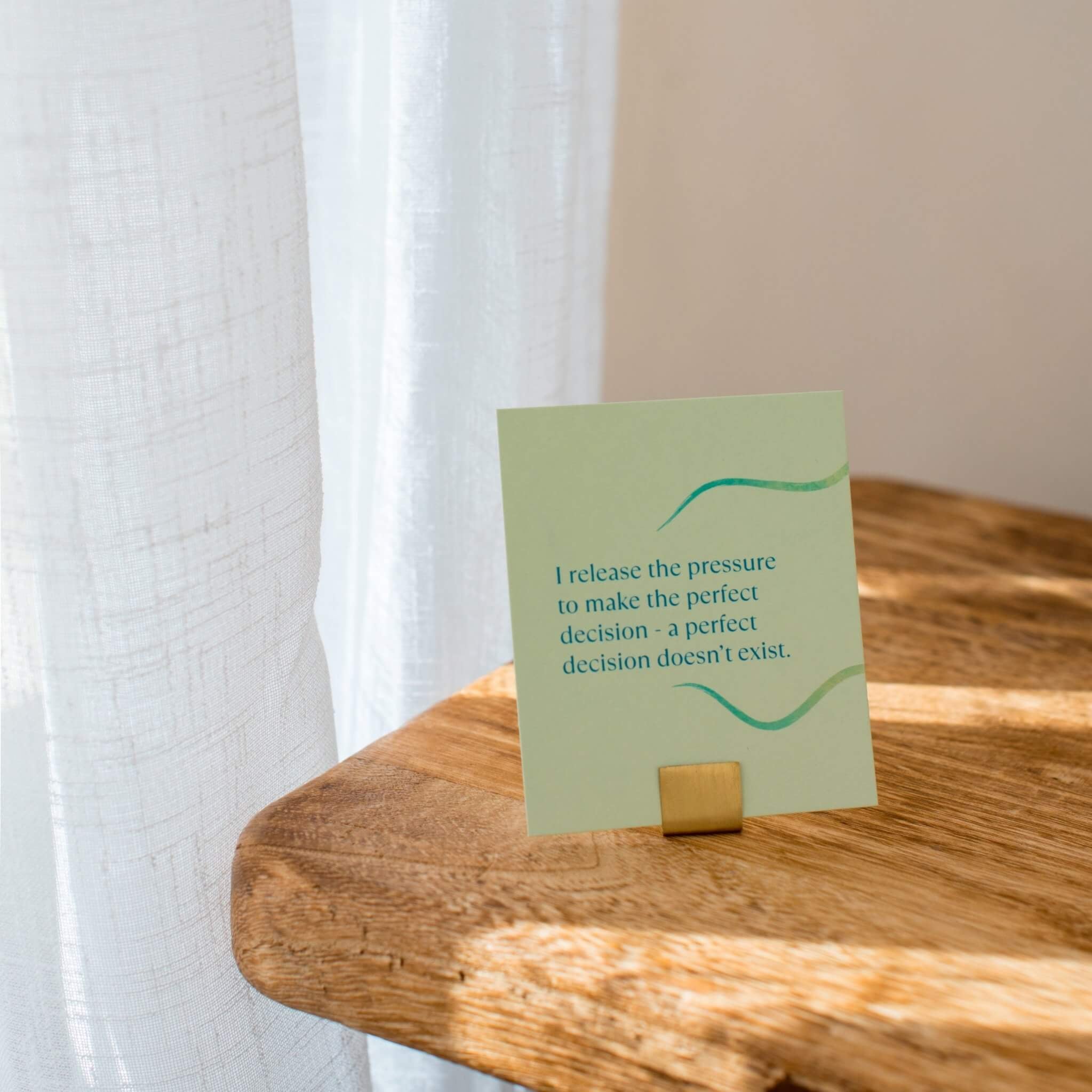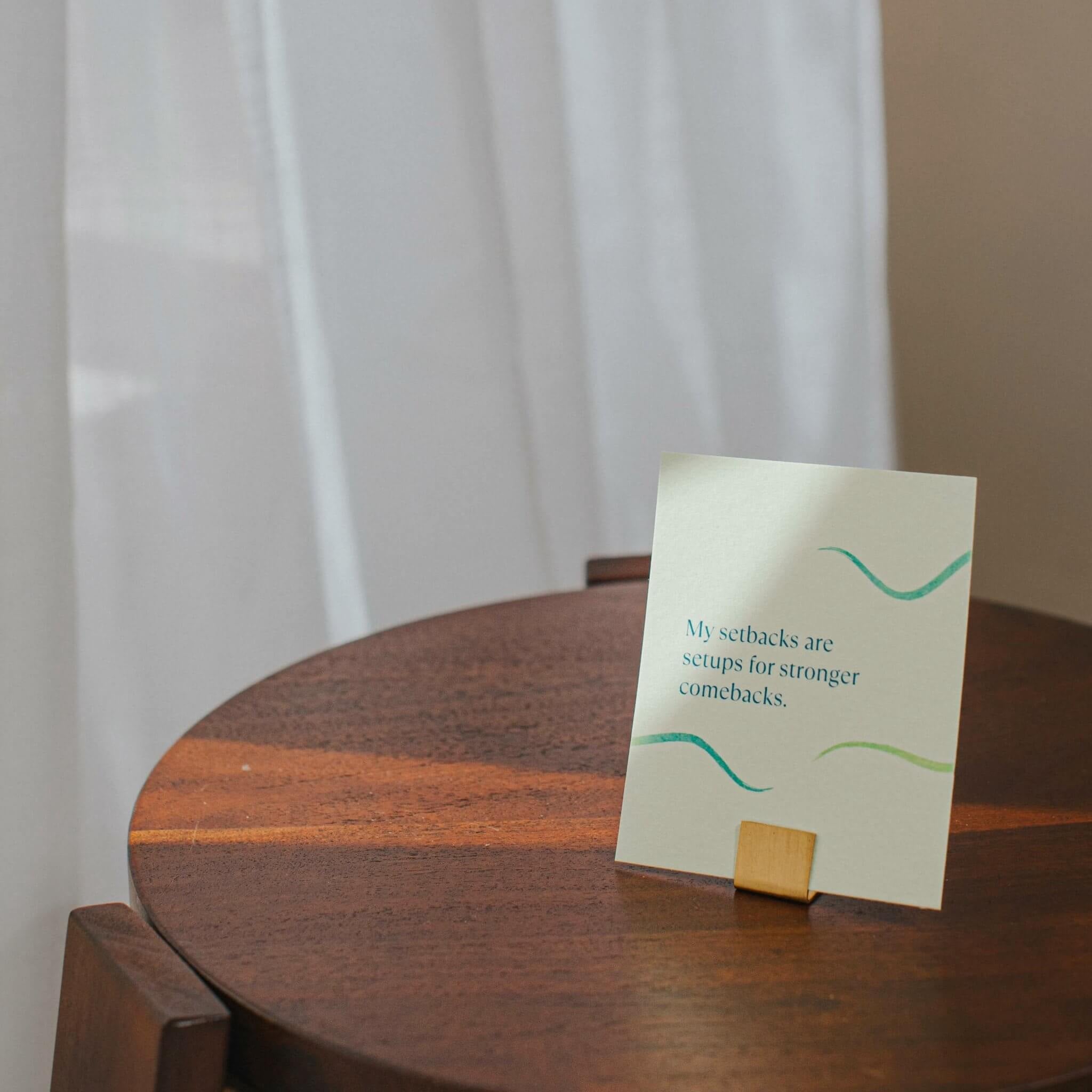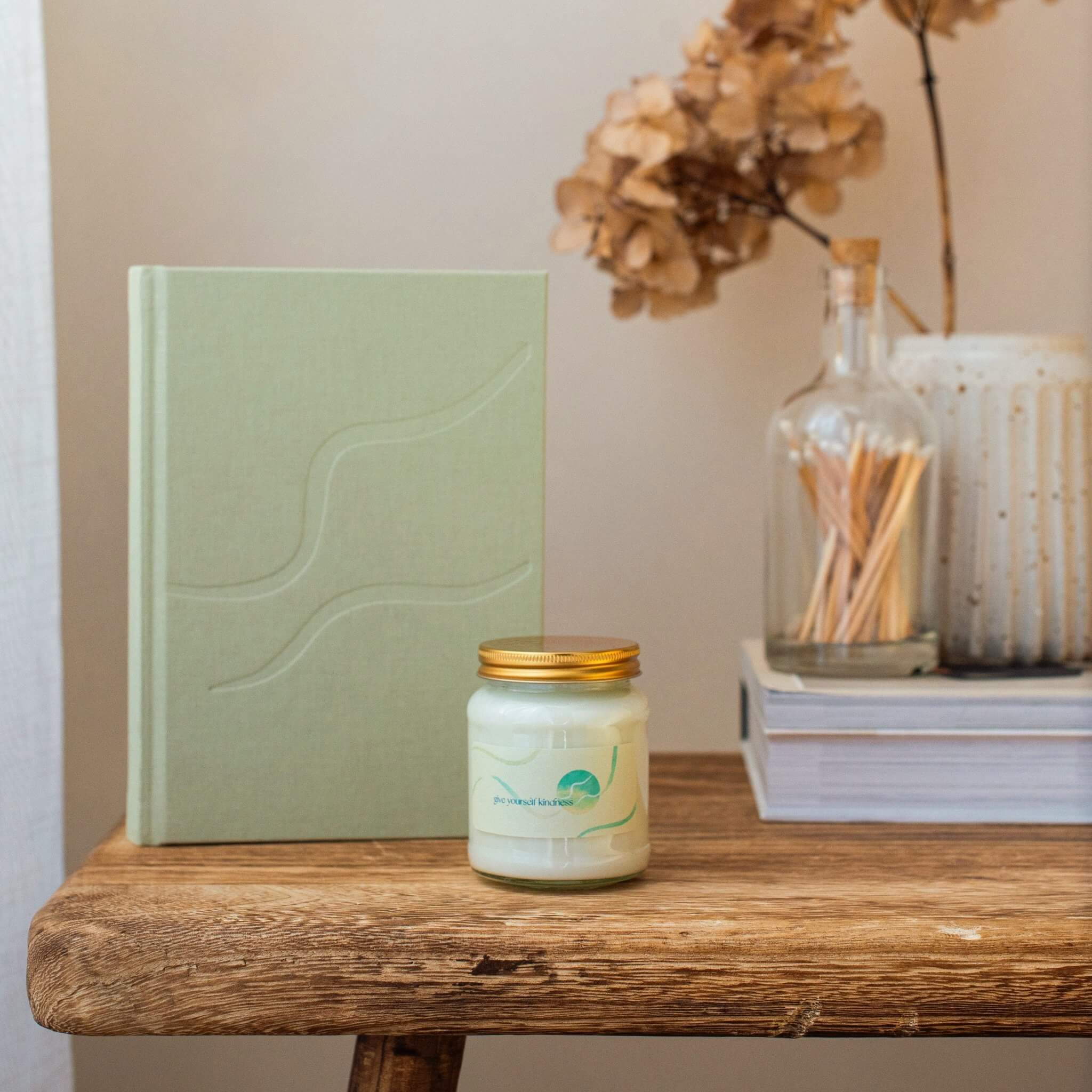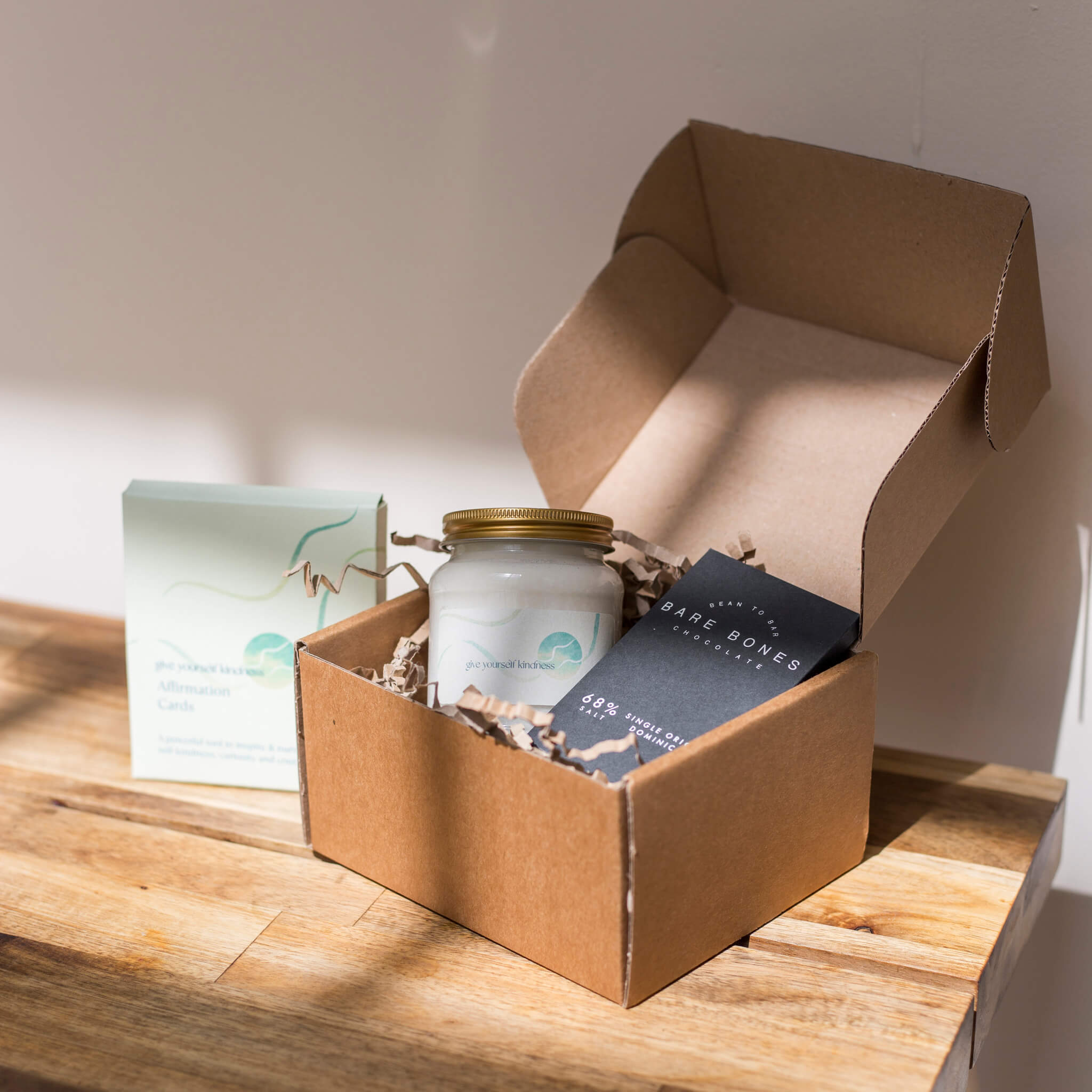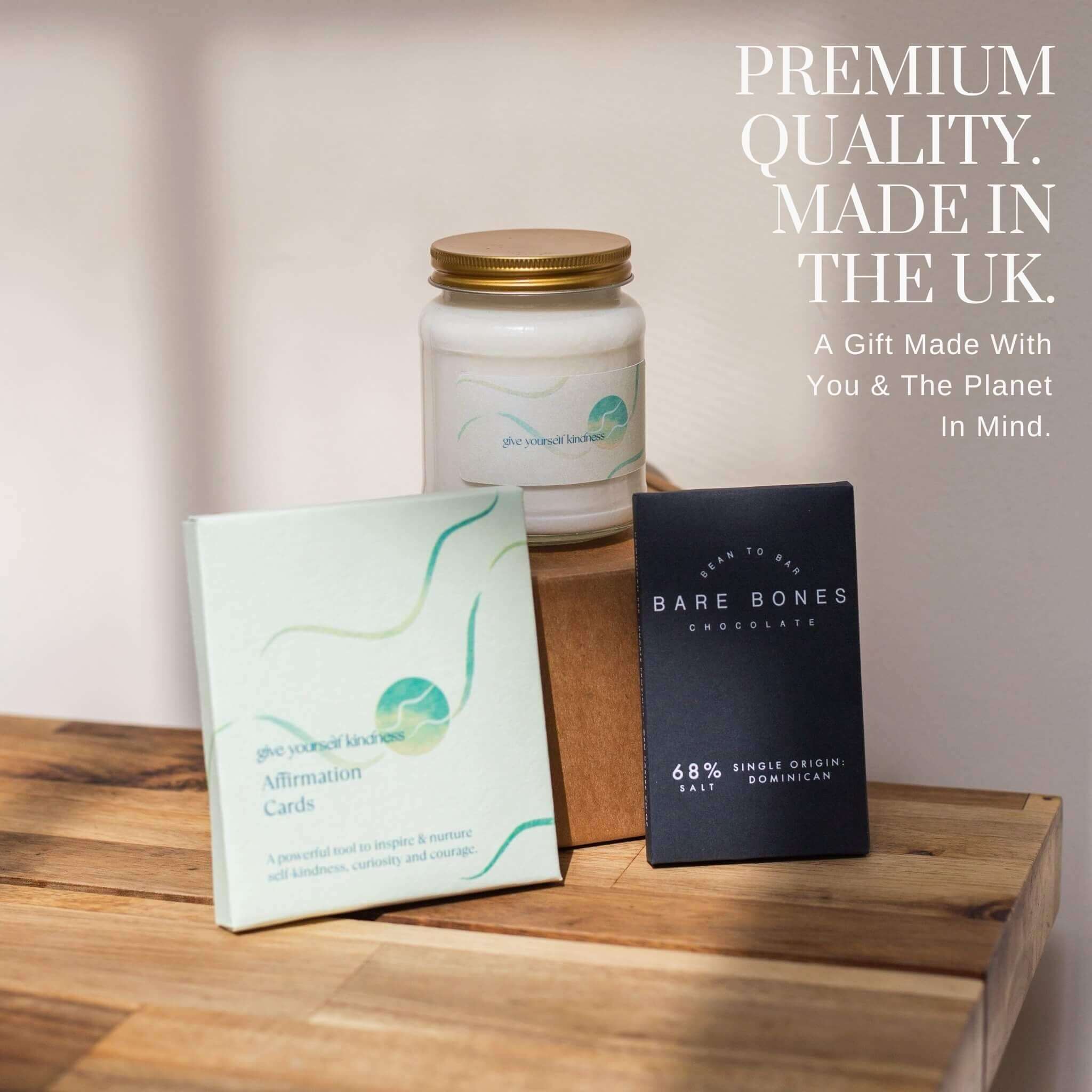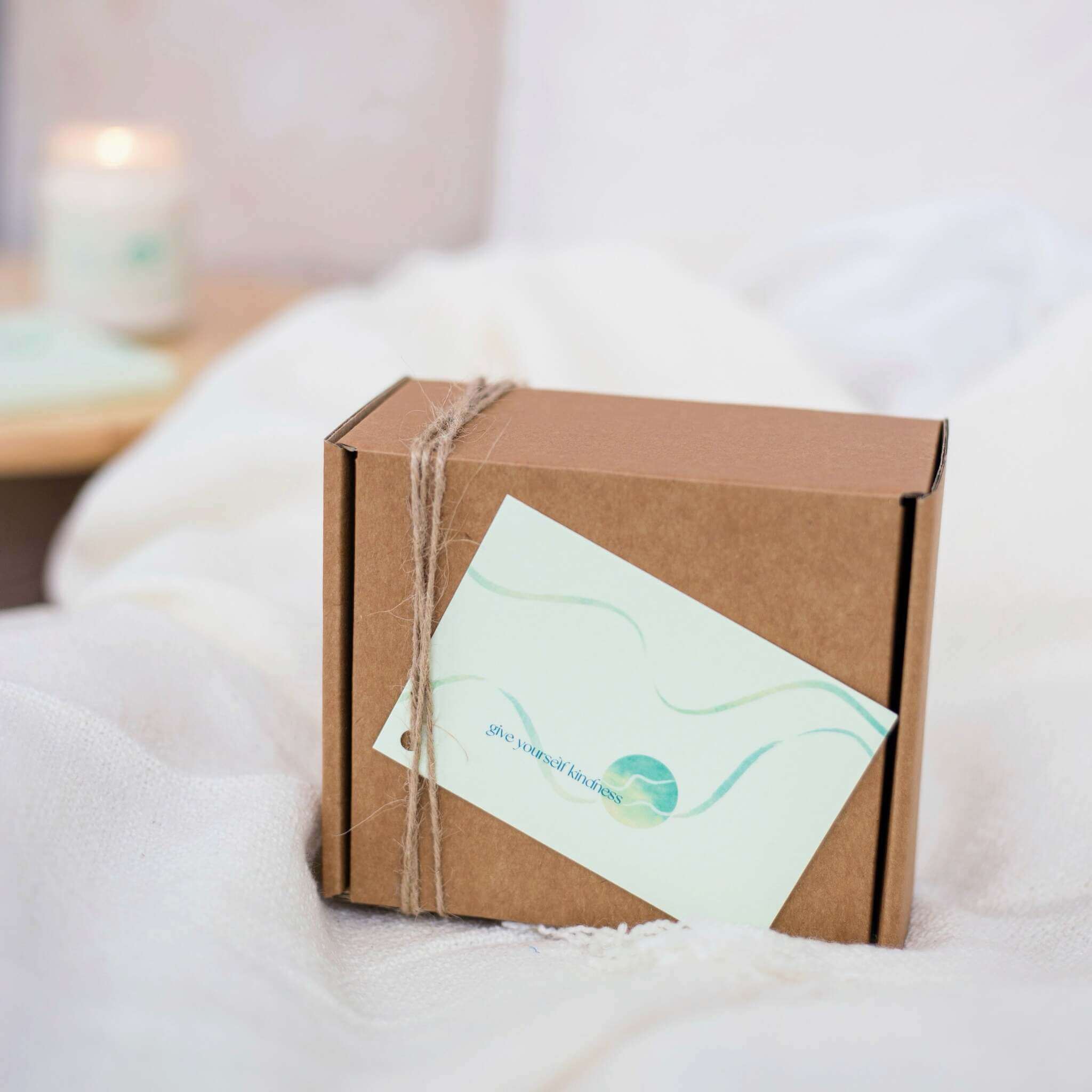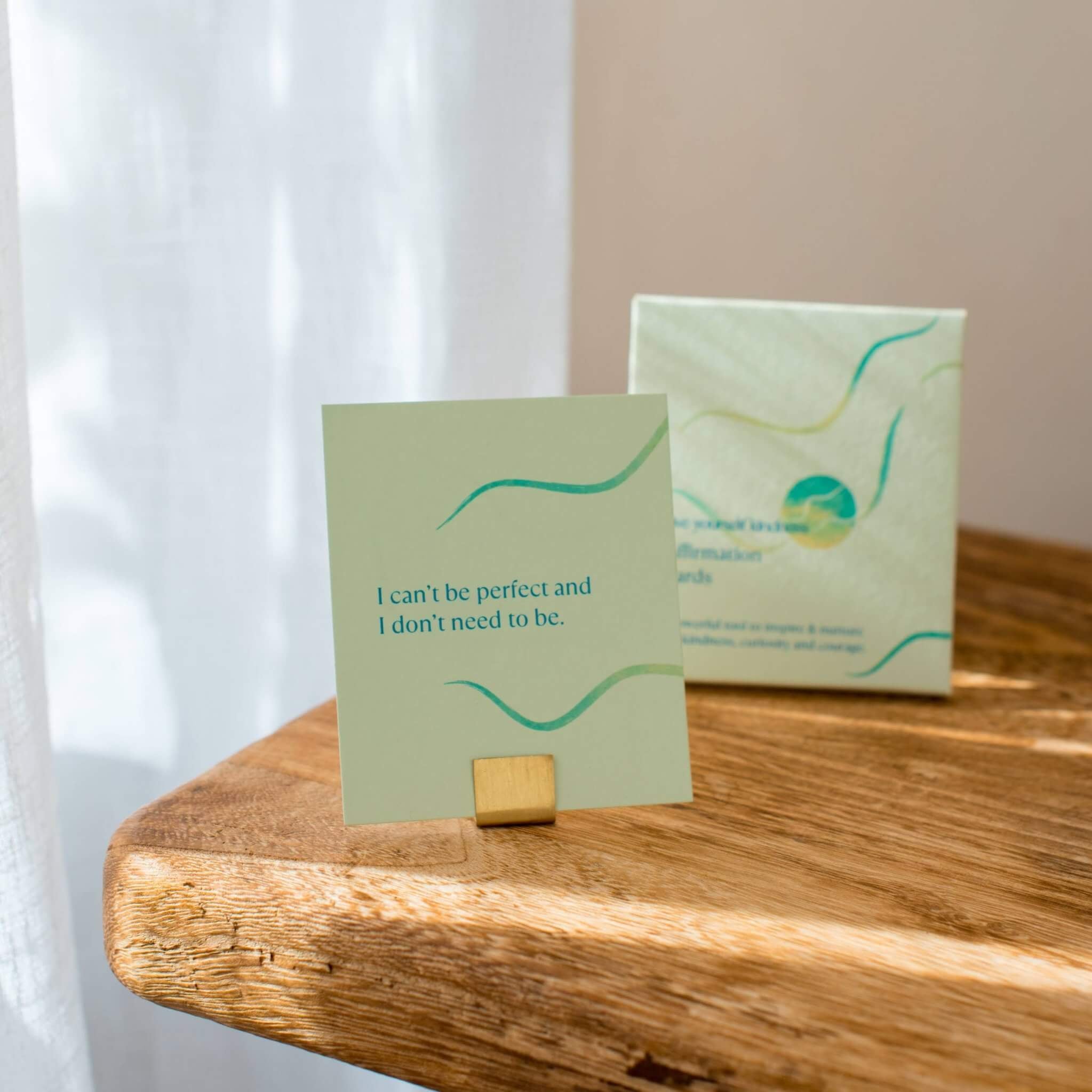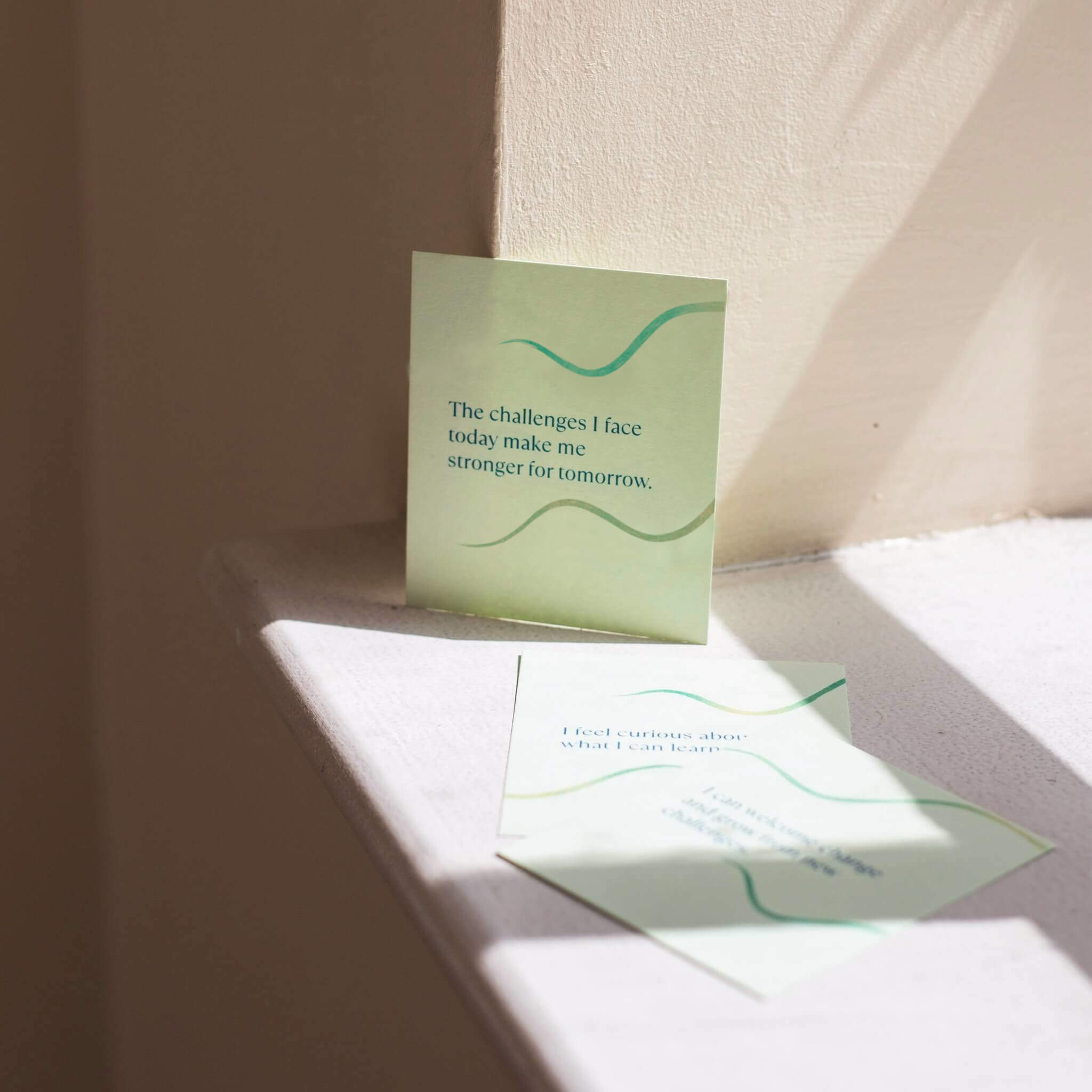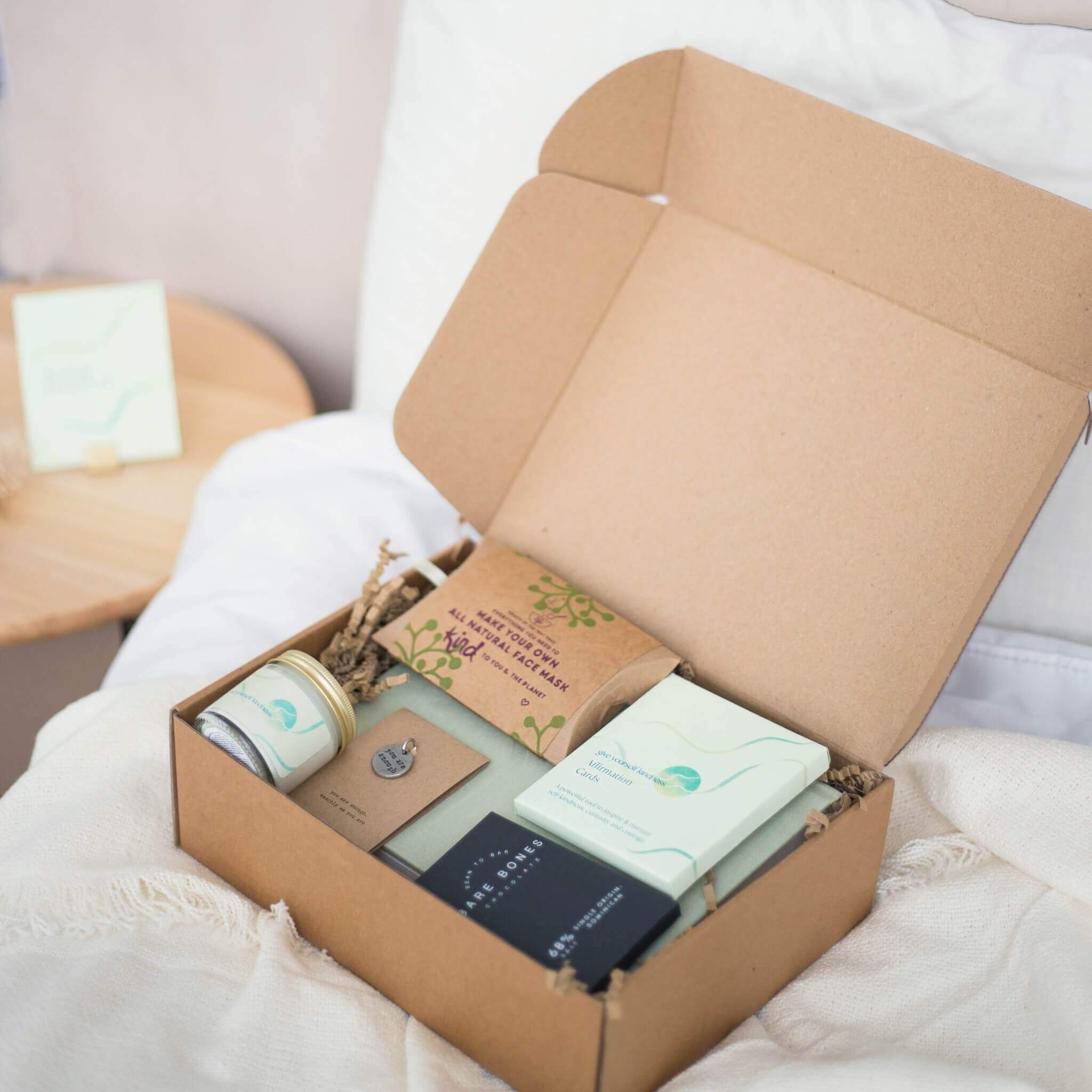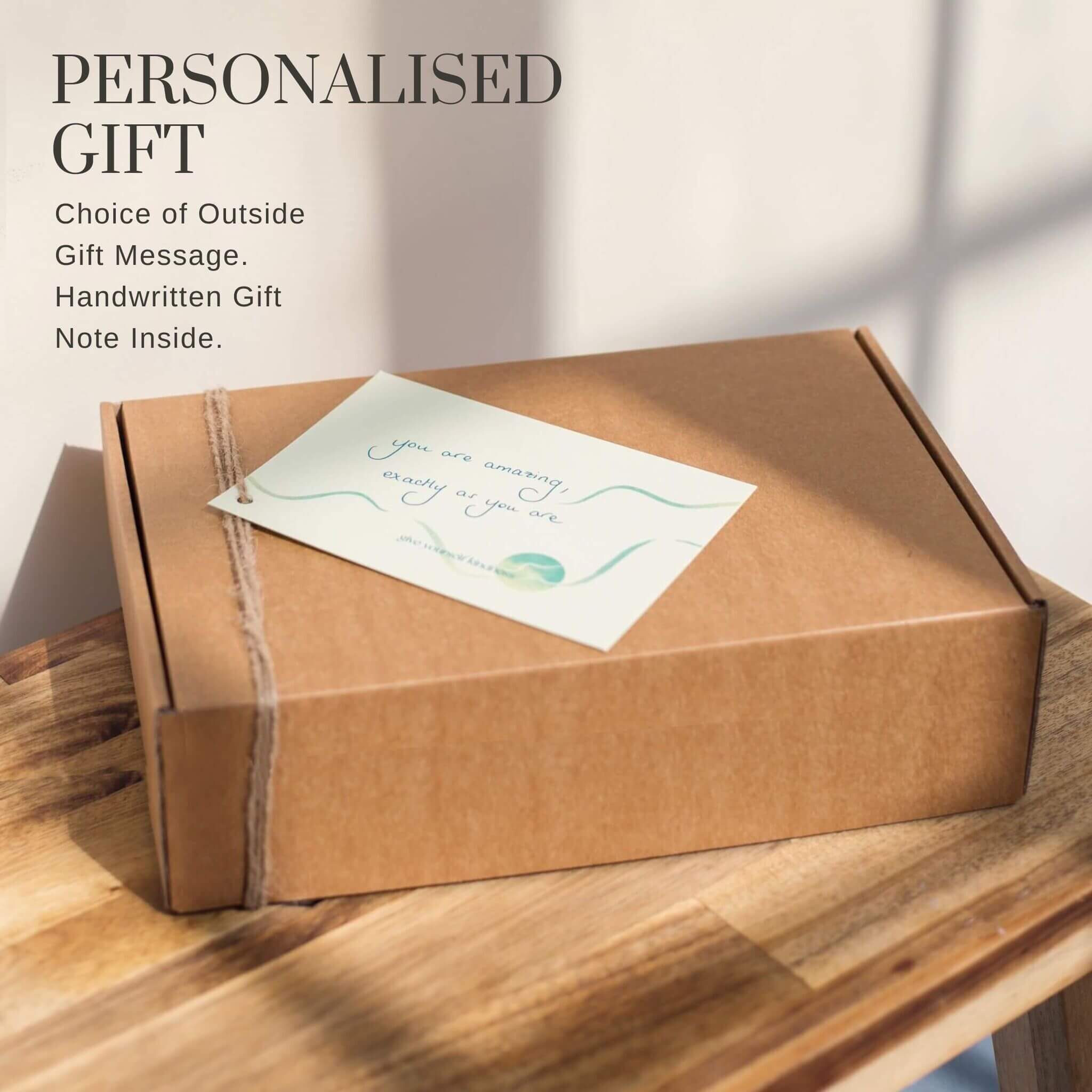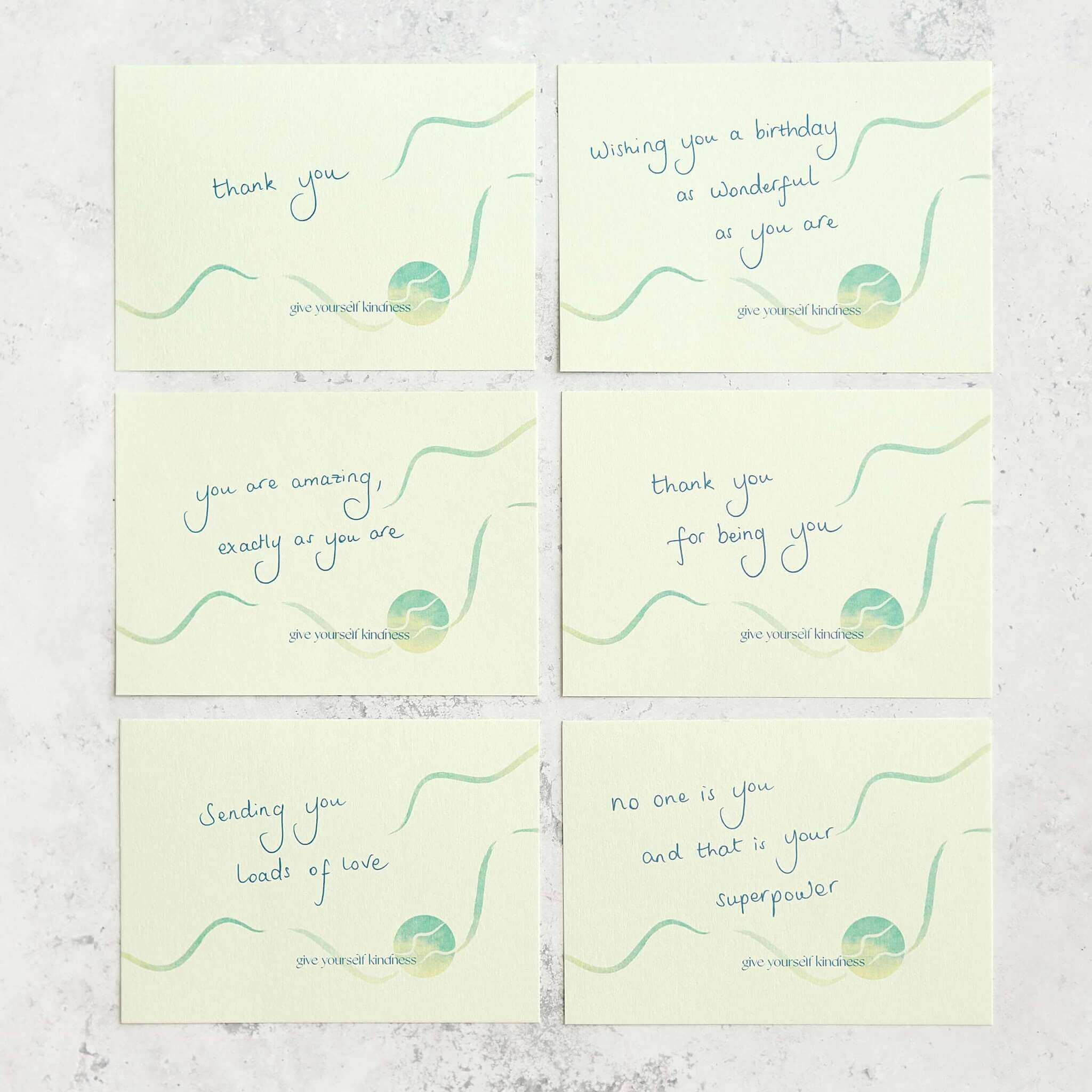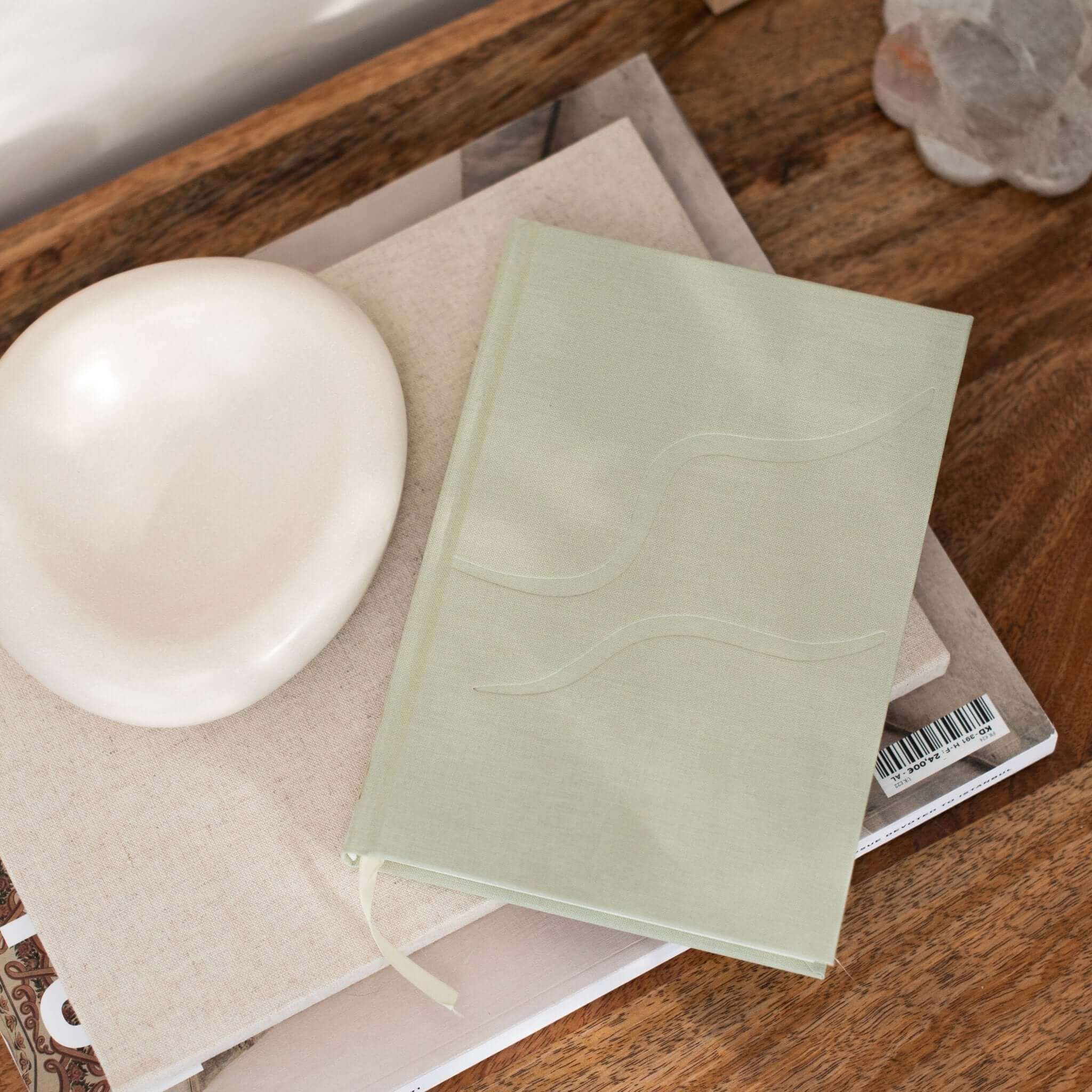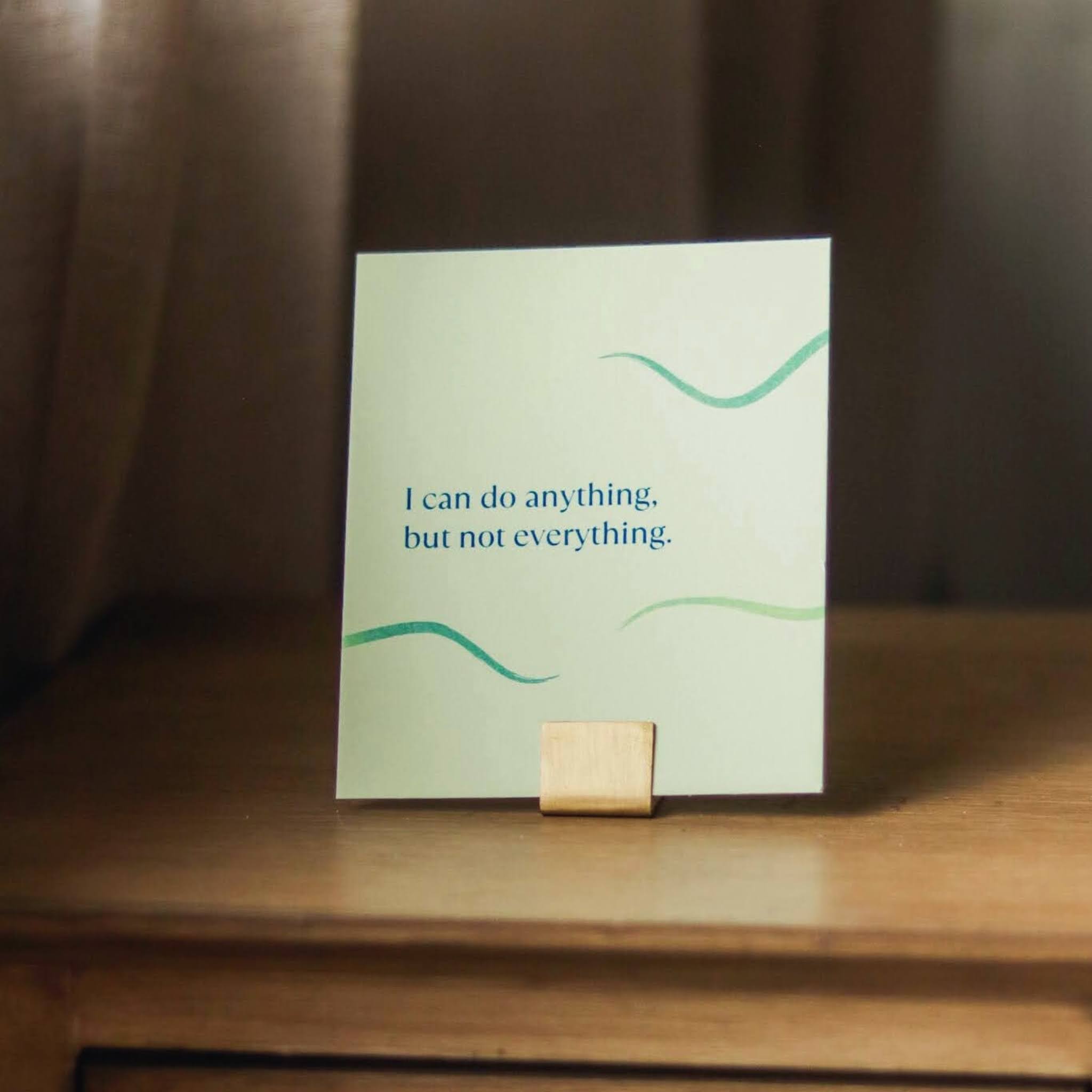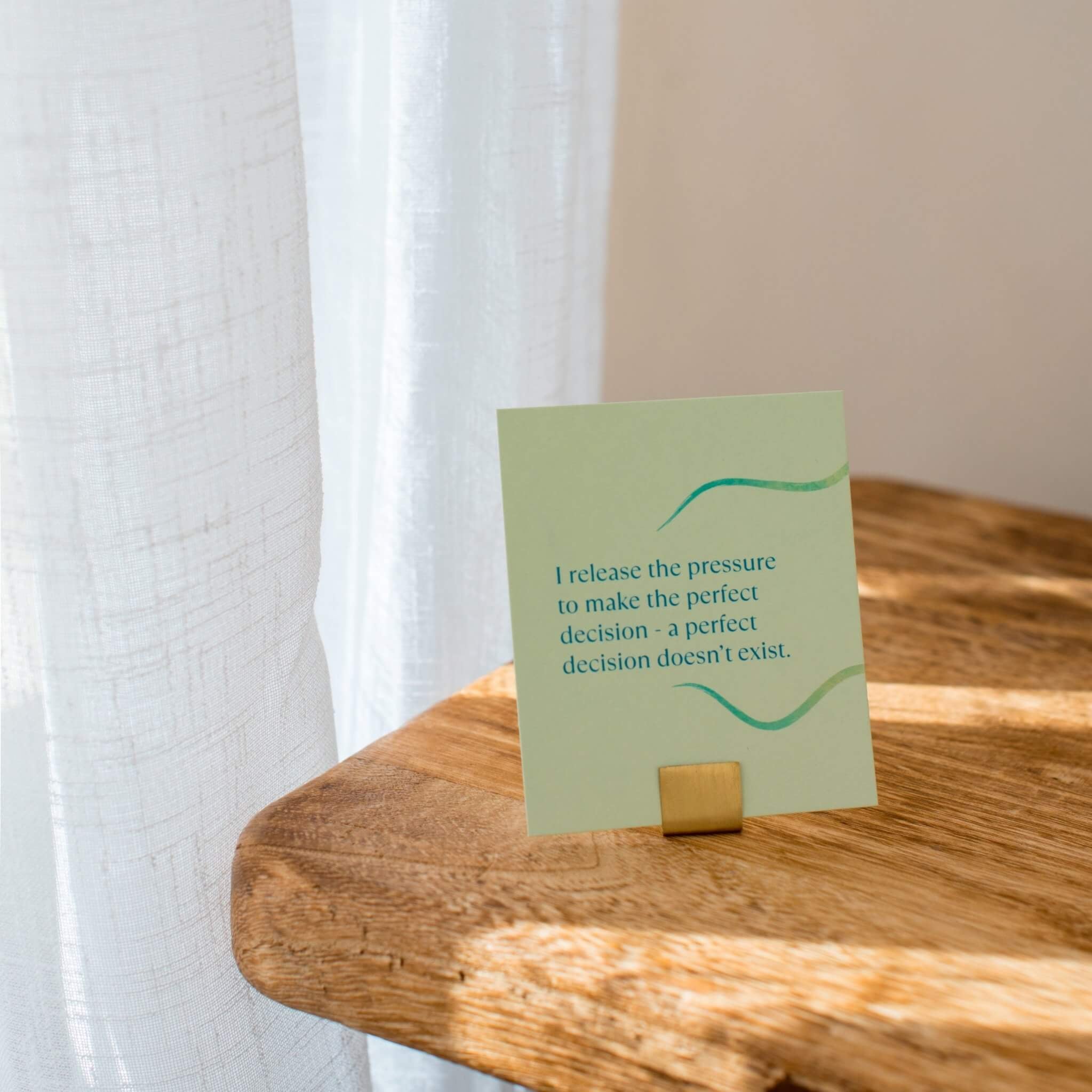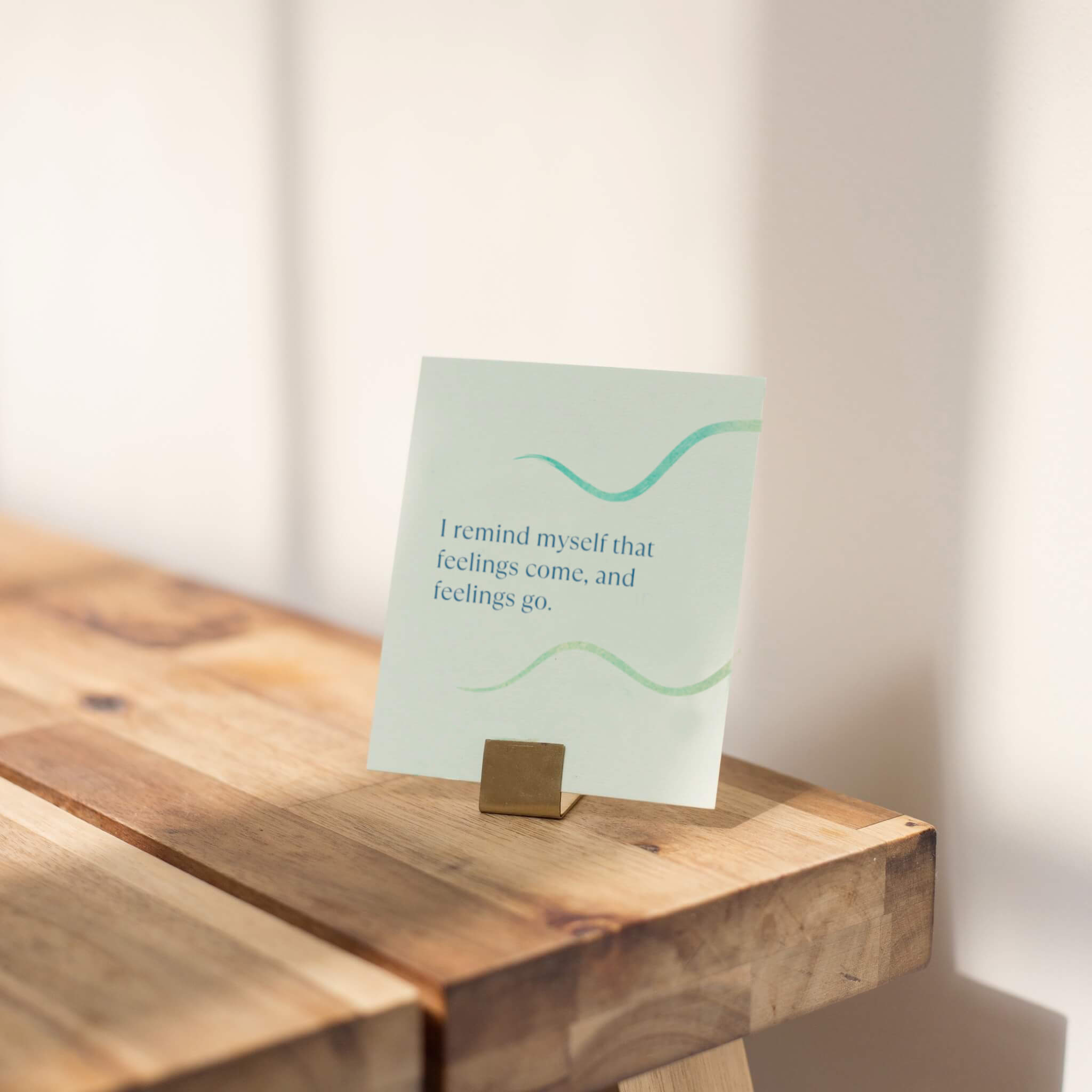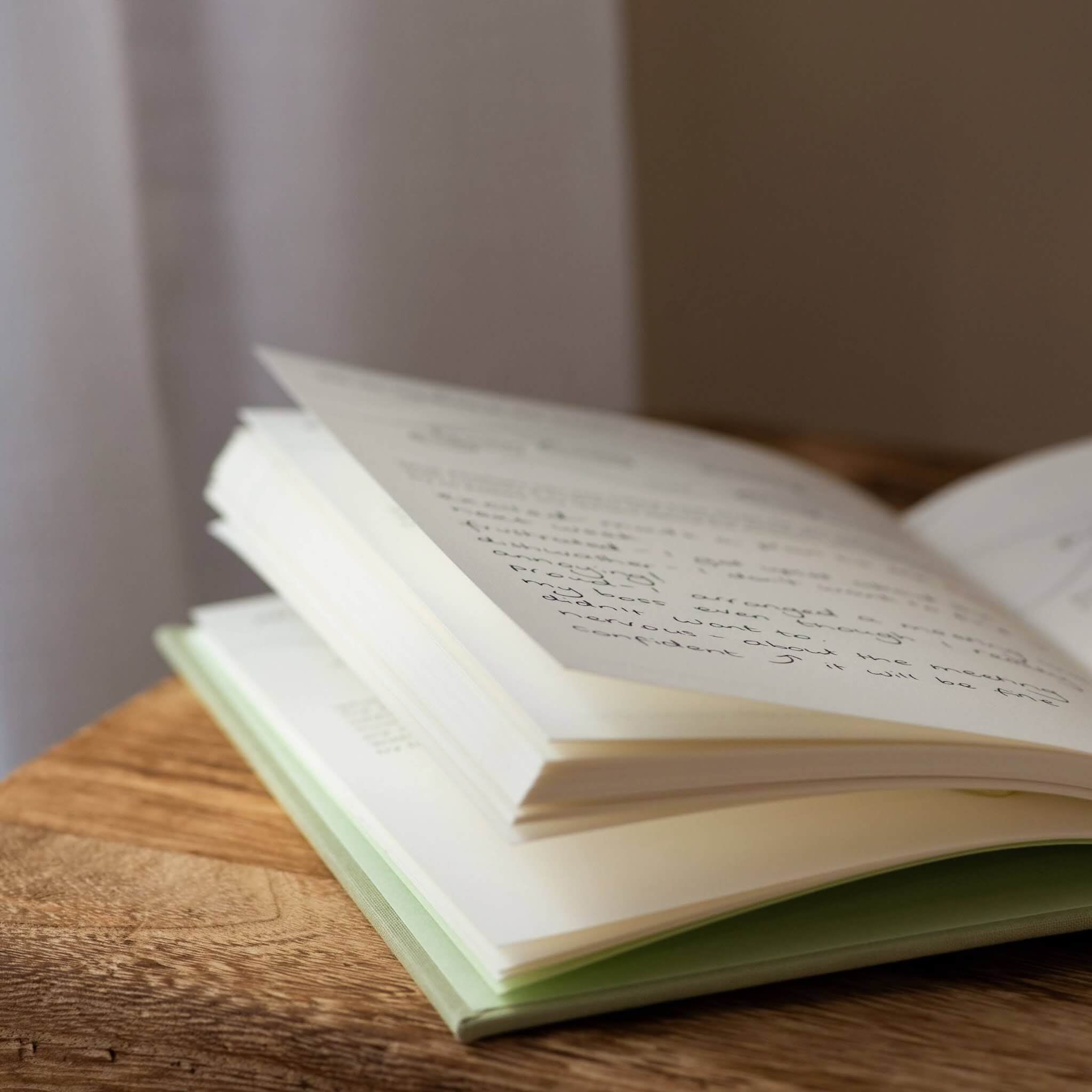written exclusively for Give Yourself Kindness by Julie Burke, LPC-S owner + therapist of Violet Crown Therapy, a private practice that supports people with exploring authenticity, vulnerability, and connection.
Feeling your feelings: it's complex!
“Feel your feelings” or “How are you feeling?” or “Your feelings are valid” are phrases that I regularly state to others…and if I don’t say those verbatim, it’s said in a similar way with the same sentiment (in both professional and personal capacities).
While this is said with authenticity & sincerity, learning how to experience emotions and feel feelings can be (and often is) a little (or a lot) more complex than it seems.
The difference between emotions and feelings
While emotions and feelings are often used interchangeably, there is in fact a slight difference; keeping that in mind, it is OKAY to continue to use them interchangeably…after all, they are directly related.
Emotions are automatic, physiological reactions to stimuli, events, or thoughts while feelings are the conscious, subjective experiences and interpretations of emotions.
Having said that, in order to feel your feelings, you must acknowledge and experience your emotions first…which can be easier said than done.
Time to get curious
This process involves being attuned with physiological responses/bodily sensations, thoughts, and behaviors and allowing yourself to be curious about the emotional experience without suppressing or denying both the bodily sensation and/or the feeling (or feelings) that come with it. No pressure…right?
How to experience your emotions
There isn’t a rulebook or master guide that exists outlining ways to experience your emotional reactions (although I don’t doubt there are people who wish that did exist).
Rather than creating that guide (because it can’t exist…because we are dynamic & everyone has different feelings…because feelings are SUBJECTIVE), I am sharing a few strategies that are ONLY a few of the ways you can become more attuned to experiencing physiological changes in your body that can be emotional experiences.
I encourage you to be curious about strategies that help you (and know that what works for you may not work for another person…and what works one day may not work the next…all of which is okay).
Practice naming your emotions
This is HUGE…and like most things, easier said than done. I recommend using an Emotion Wheel like the one below. Note: This is only ONE resource that exists. There are SO many out there.
Tune into your body
Bodily cues (including, but not limited to: changes in breathing, tension in your muscles, feeling chills, etc.) can provide insight to your emotional state.
Being connected to your bodily cues & physiological changes not only helps you access your feelings, it can help you figure out what you’re needing, too.
Validate your emotions
Rather than trying to resist, avoid, or ignore your (any) emotion, practice accepting them as they are. ALL of your emotions are worthy of being acknowledged…even (especially) the uncomfortable ones.
Engage in self-reflection
Find opportunities to self-reflect to explore various emotional experiences of yours. Self-reflection activities might include: journaling, mindfulness activities, meditation, etc.
While there are arguably limitless ideas and strategies to incorporate, keeping these in mind is a great way to start leaning into your emotional experiences (and as a result, learning how to recognize what YOU are feeling).
Okay... so how do I feel my feelings?
Something to keep in mind with all of this… feelings can be fickle and they don’t always make sense… which is OKAY... confusing at times, but okay.
Sometimes there just isn’t a word to name how we are feeling or maybe we just don’t know. Sometimes, though, we feel multiple feelings at once, which can feel confusing and dysregulating.
"feelings can be fickle and they don’t always make sense"
When (not if) this happens to you, remember that it is common and totally typical for people to experience a range of emotions & feelings simultaneously.
Conflicting emotions and feelings are normal
At any given time, someone might feel joy & sadness, excitement & nervousness, and/or love & frustration (among SO MANY OTHER things).
This can happen because of the complex nature of our emotional experiences and the various experiences we encounter. Here are a few (a non-exhaustive list, by any means) reasons why conflicting feelings may occur:
Past experiences
Past experiences and memories undoubtedly influence our emotional responses and experiences of current situations. When something in the present-moment triggers various associations from the past (good or bad or anything in-between), it is natural for us to feel multiple feelings at once.
Coping mechanisms
At times, conflicting feelings can serve as coping mechanisms to navigate various life situations.
Ambiguity
As humans, we tend to lean into liking certainty (or at least create expectations of various happenings…which is kind of like an attempt to create certainty).
Anyway, arguably, the biggest constant of life is change…so with change consistently happening around us, that can feel disorienting and dysregulating and can create opportunities for conflicting feelings.
Normalising AND
Keep in mind…life is just complicated at times..arguably more often than not. Life is very rarely neat & tidy…and as a result, our emotional experiences very rarely consist of the simple “good” or “bad” or “happy” or “sad”.
Rather, it can often look like “stressed” AND “quiet” AND “curious” AND “torn” AND other feelings, too.
Needless to say, emotions can AND DO coexist—even if/when they feel contradictory (e.g. overjoyed & overwhelmed).
I encourage you to lean into this VERY human experience without trying to simplify or dismiss the feelings you are feeling.
"give yourself grace and self-compassion"
It likely WILL take time to learn how to do this…give yourself grace and self-compassion while you learn how to feel your feelings and know there isn’t a right way to learn how to experience your emotions.
I encourage you to rely on various resources. I 10/10 recommend the Give Yourself Kindness journal as a starting point (and even if it's something you're acclimated in doing...I still recommend it) to intentionally give yourself space to practice.
'Feeling your feelings' is a skill
For transparency sake, it took me YEARS to learn how to experience my emotions, and as a result, authentically feel my feelings.
Rather than allowing myself to acknowledge the feeling(s), I would intellectualize my emotions. In doing this, I was distancing myself from the discomfort of my emotions and looking for a sense of control (unconsciously) over my emotional experiences.
Thanks to years (and that’s not hyperbole) with the same therapist, I learned how to be attuned to my body and notice physiological responses that were happening and even beyond that, I learned how to sit with that experience and put descriptive words (feelings) to those emotions.
A skill worth the effort
This was undoubtedly one of the most uncomfortable things I have done AND one of the most invaluable. I share this NOT to claim to the best feeler of feelings that has ever existed, rather to normalize that it takes attention & intention & a LOT OF WORK to learn how to feel your feelings.
It will likely feel confusing and challenging and uncomfortable at various point in time in your journey to being attuned to your emotional experiences.
Throughout your process, try to remember that, again, feelings can be fickle and they can also be really beautiful (again with the coexistence).
Give yourself permission to feel
This is your official (unofficial) reminder (and permission) to let yourself feel all of the feelings.

Julie Burke (she/her/hers) is a Licensed Professional Counselor – Supervisor (LPC-S) in Austin, Texas. She is the owner + therapist of Violet Crown Therapy, a private practice that supports people with exploring authenticity, vulnerability, and connection. She helps clients she works with cultivate empowered relationships (with themselves & others) through a lens of compassion and empathy. Outside of therapy-related things (whether that’s work with clients, writing blogs, or creating things for social media), Julie is an avid reader, explorer & traveler, and lover of live music.
https://www.violetcrowntherapy.com/



